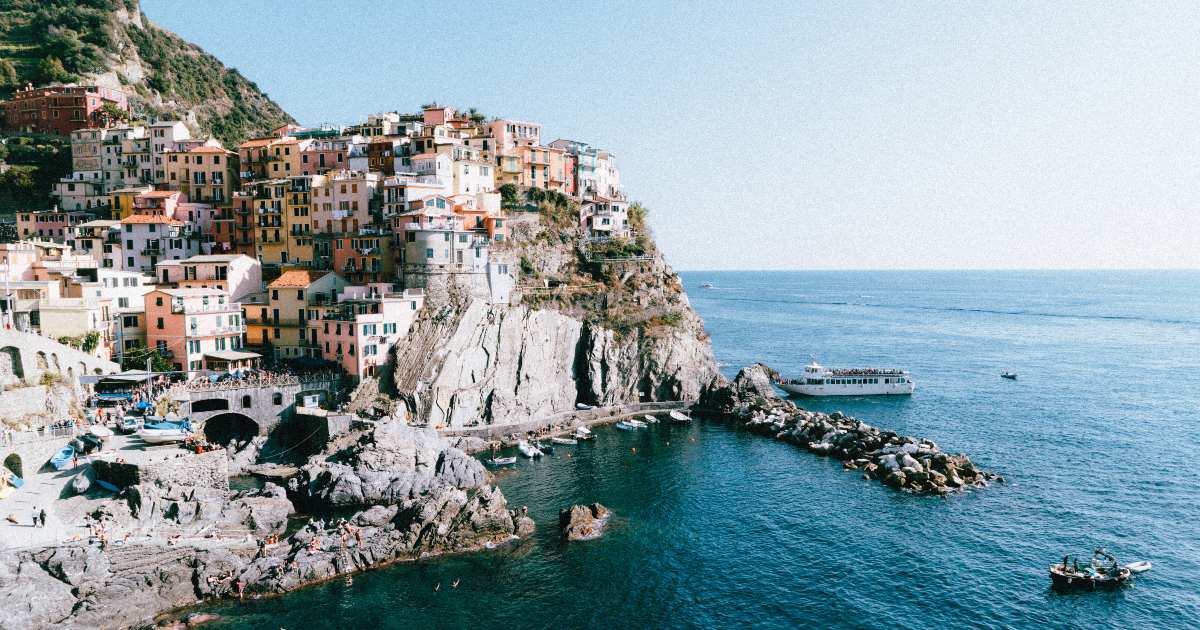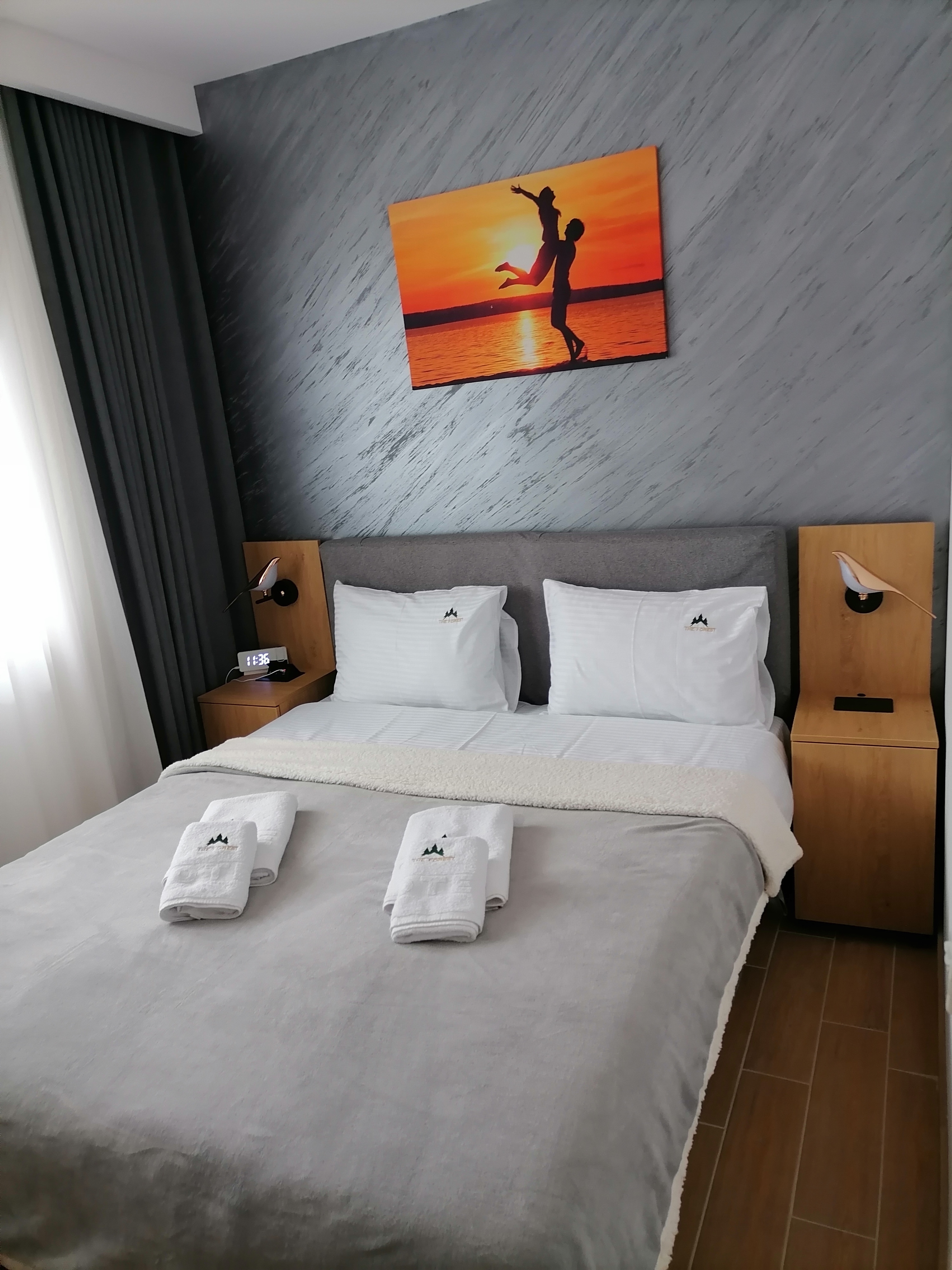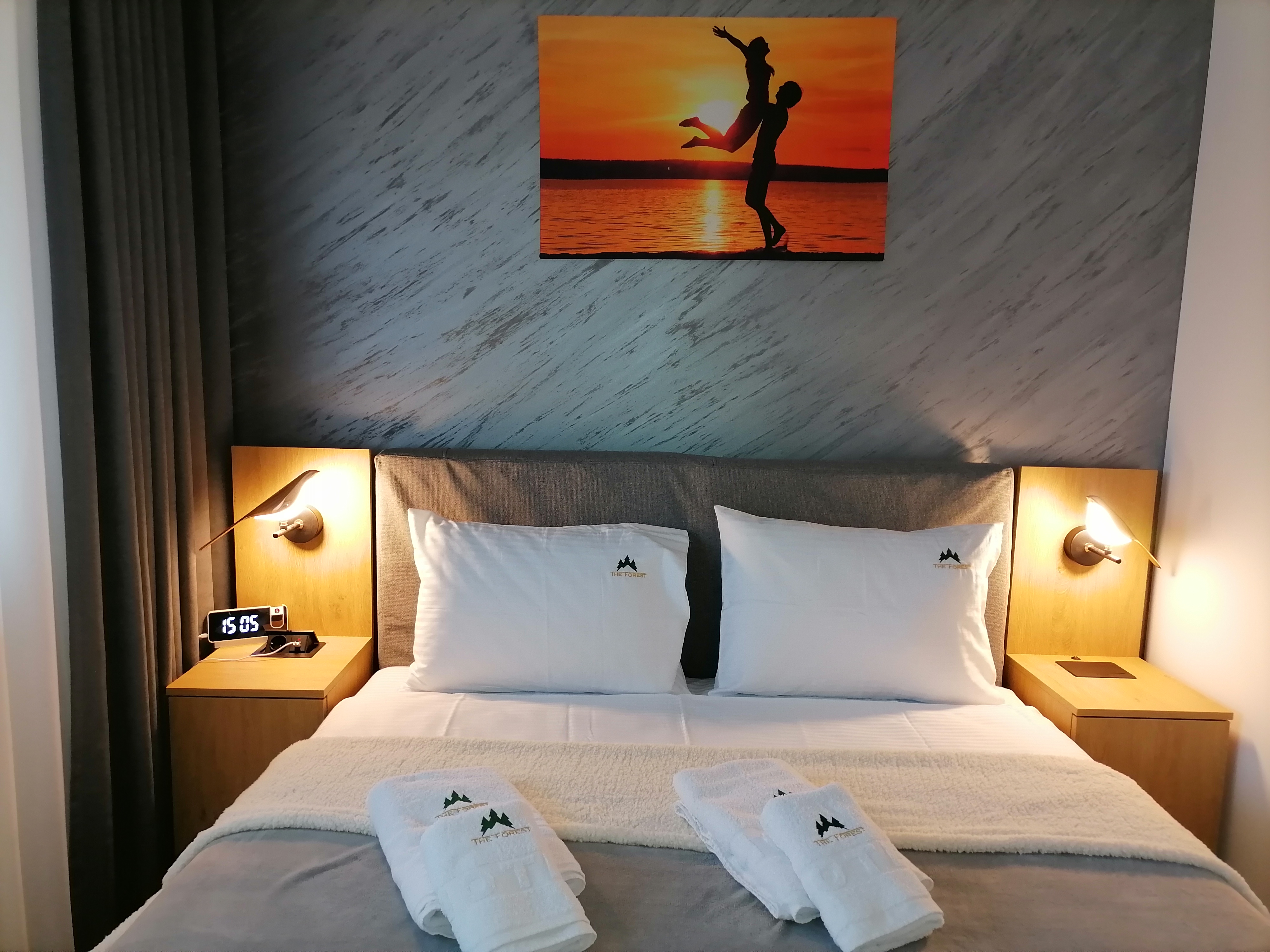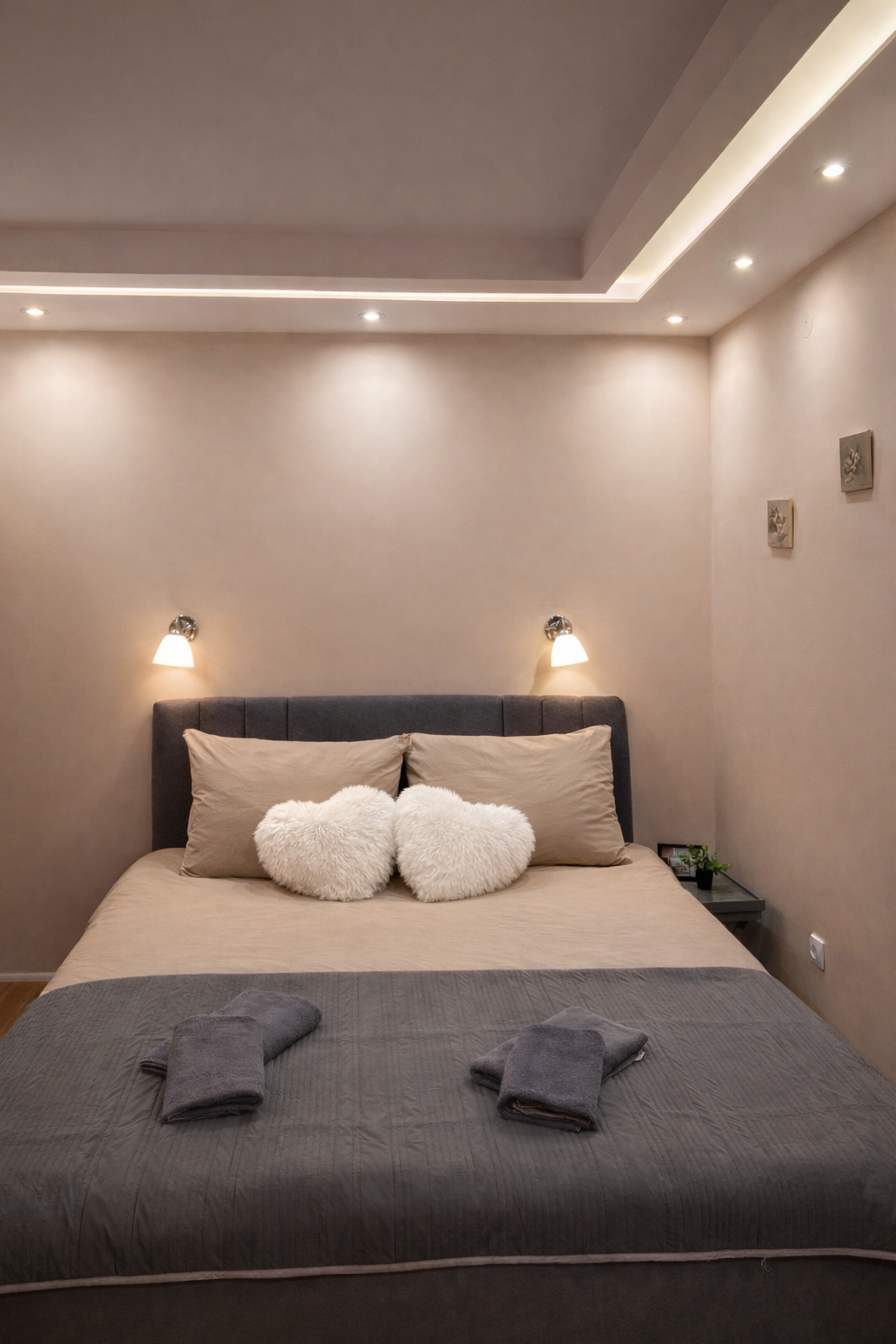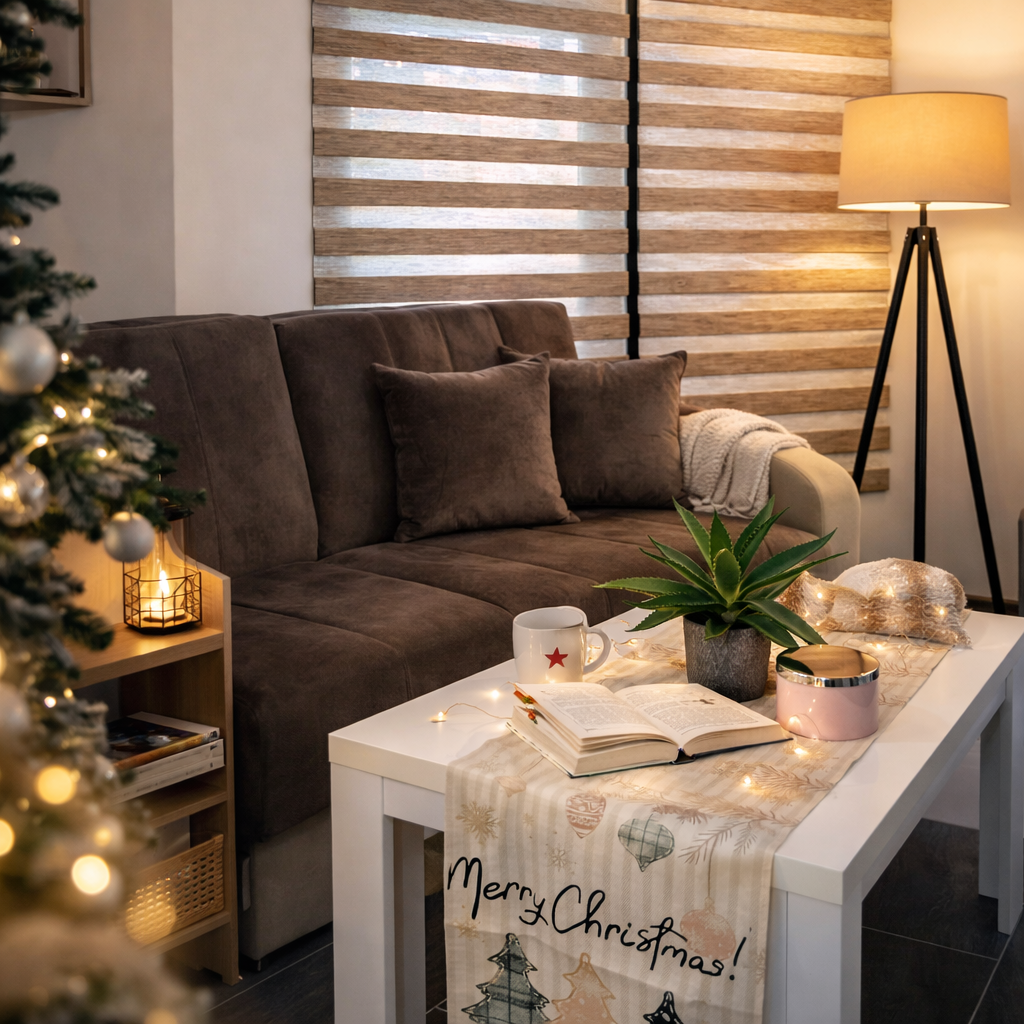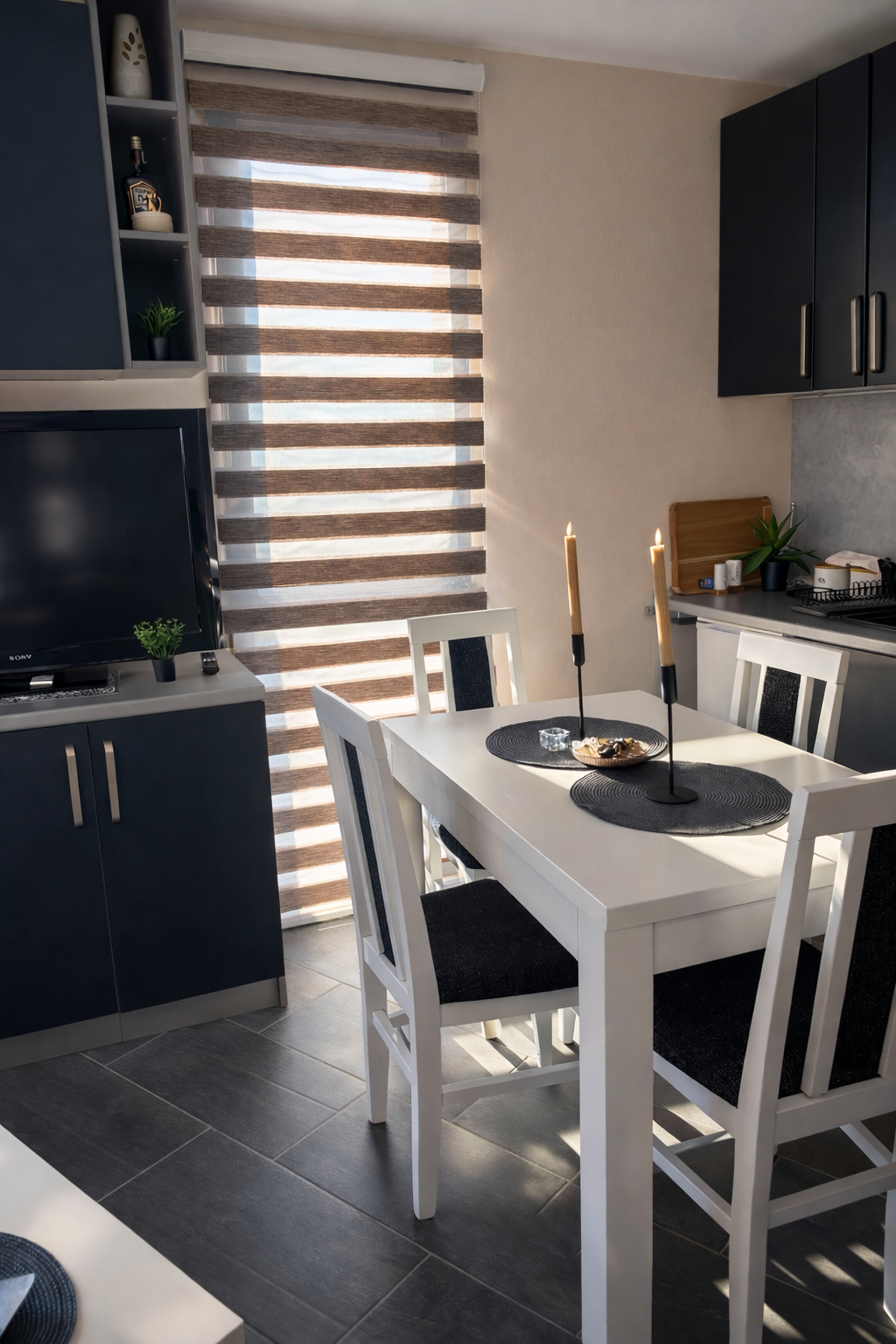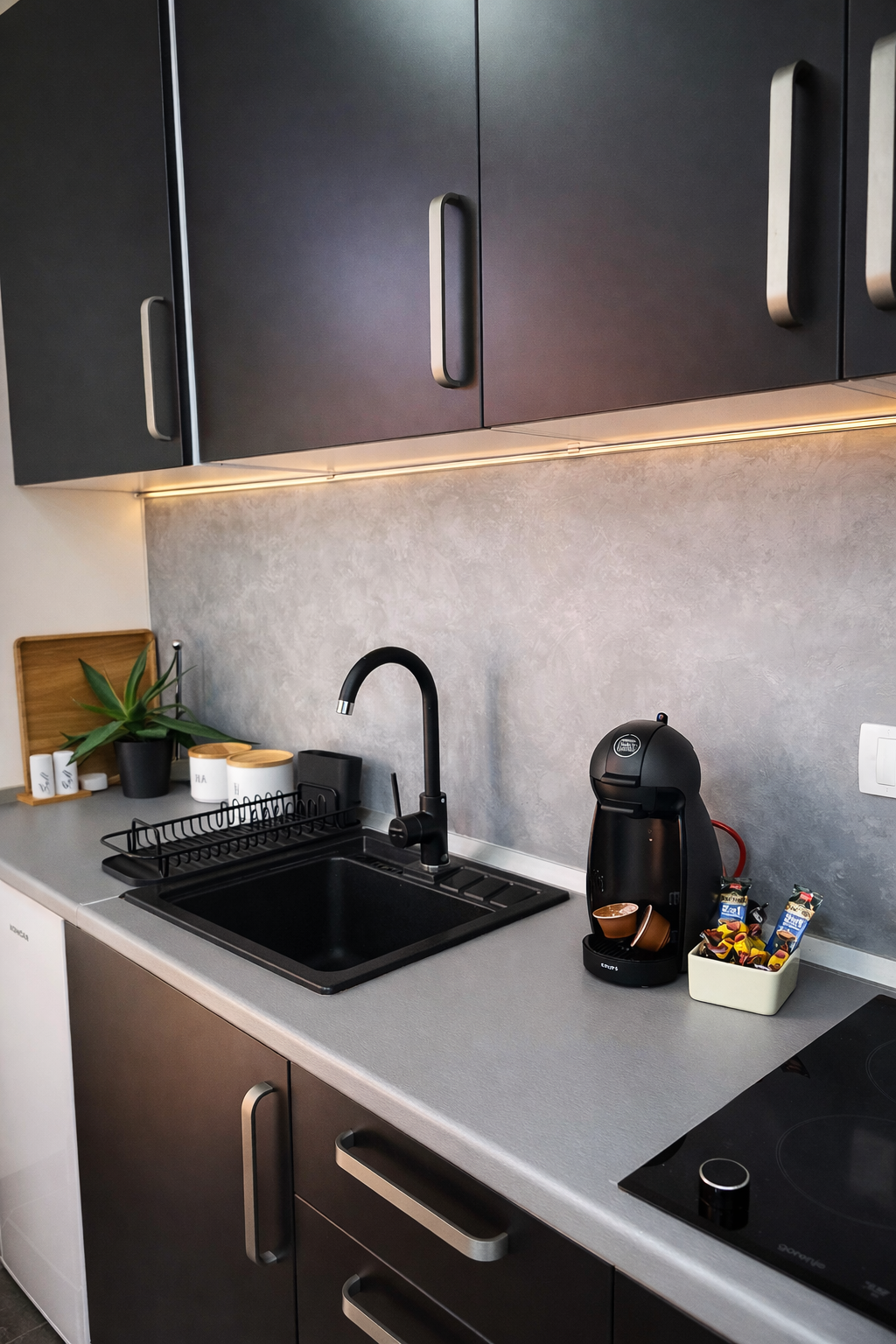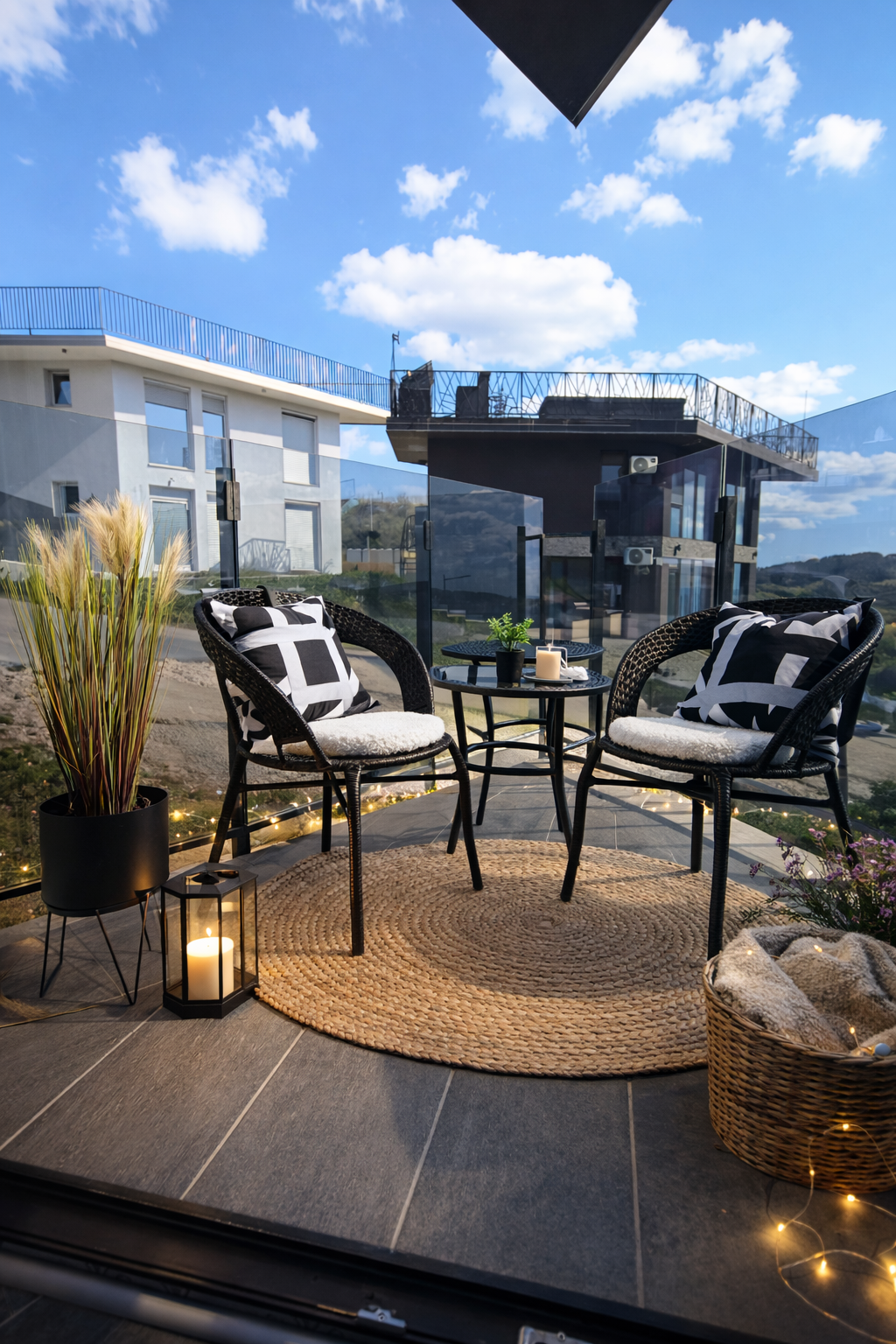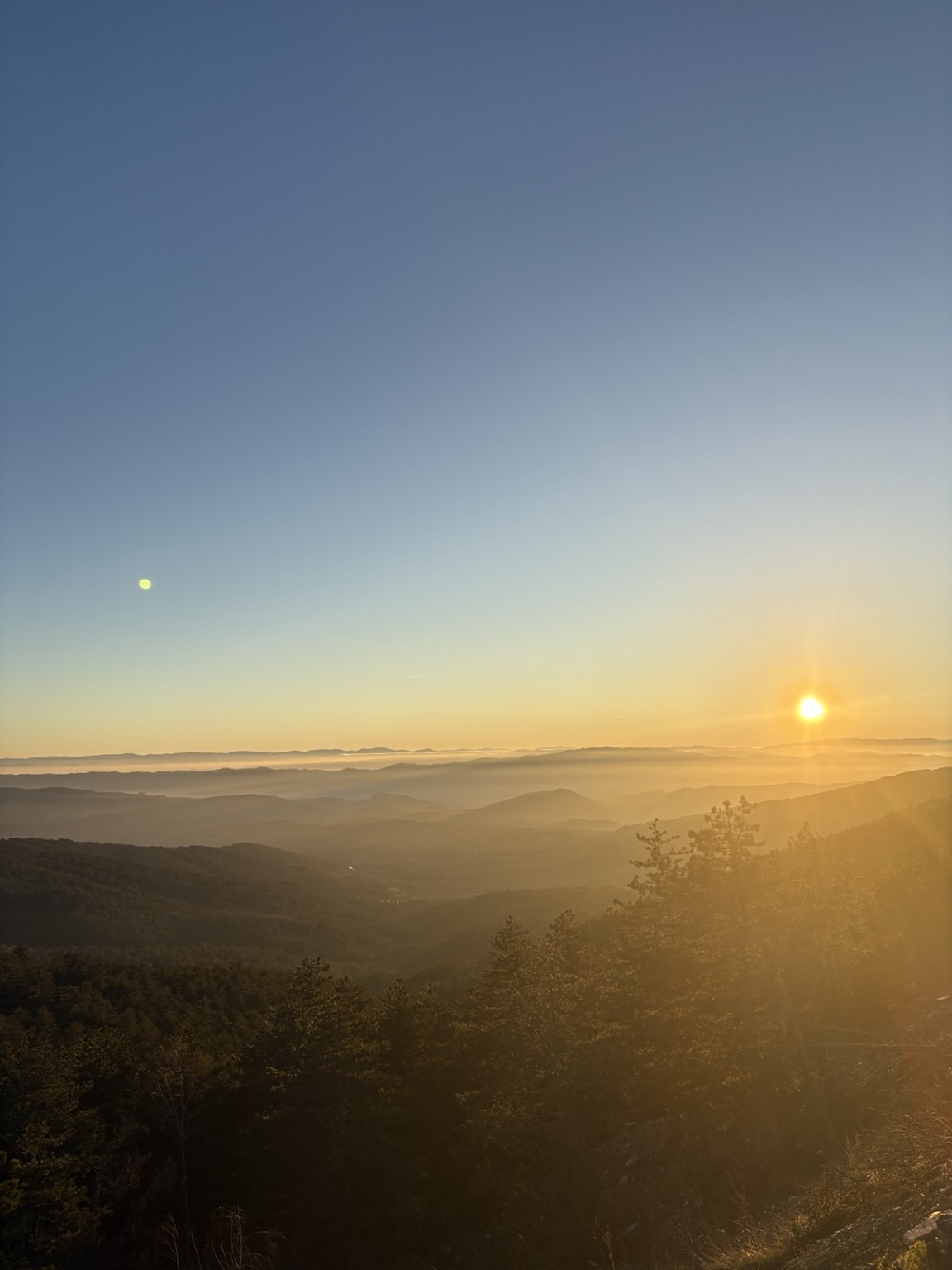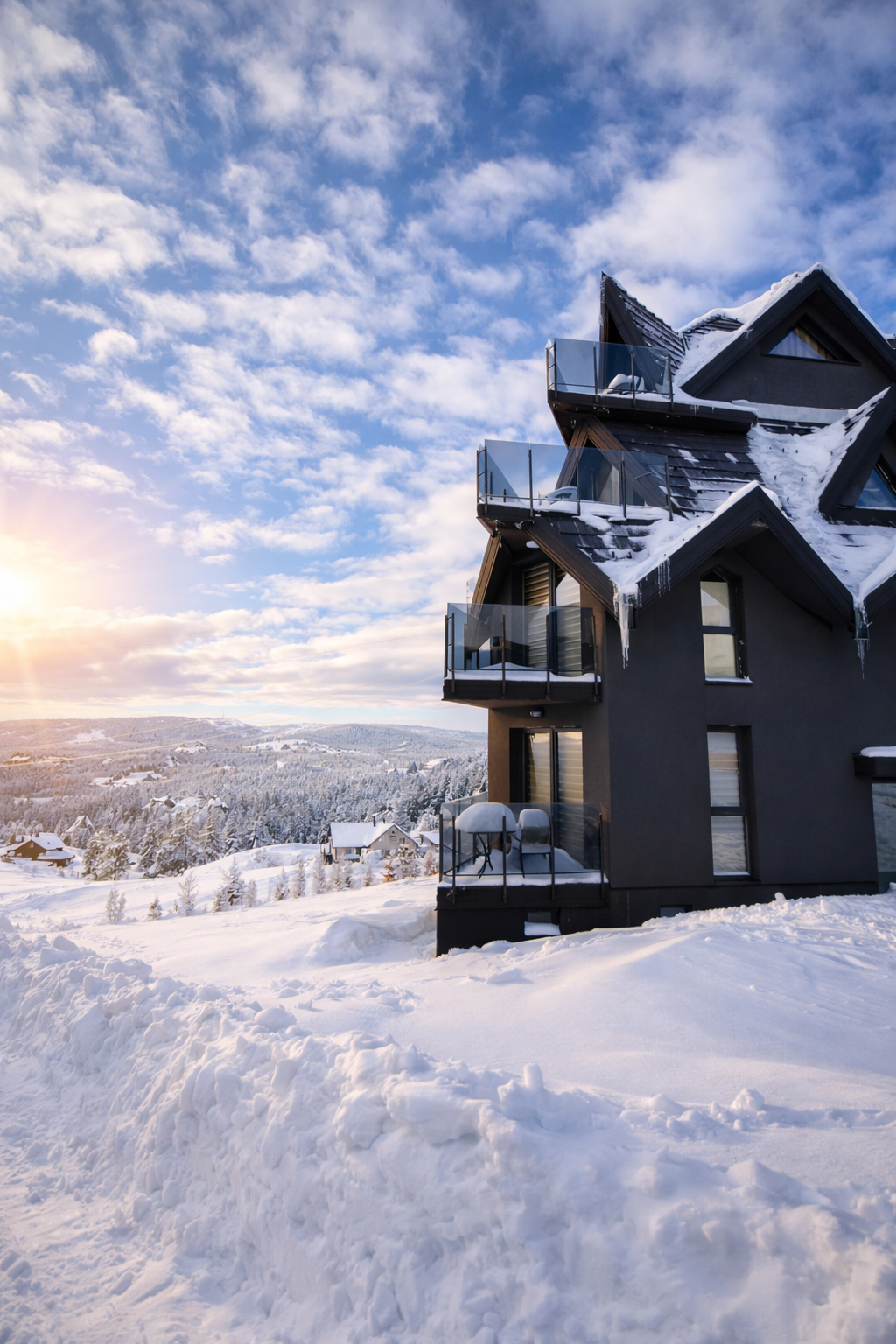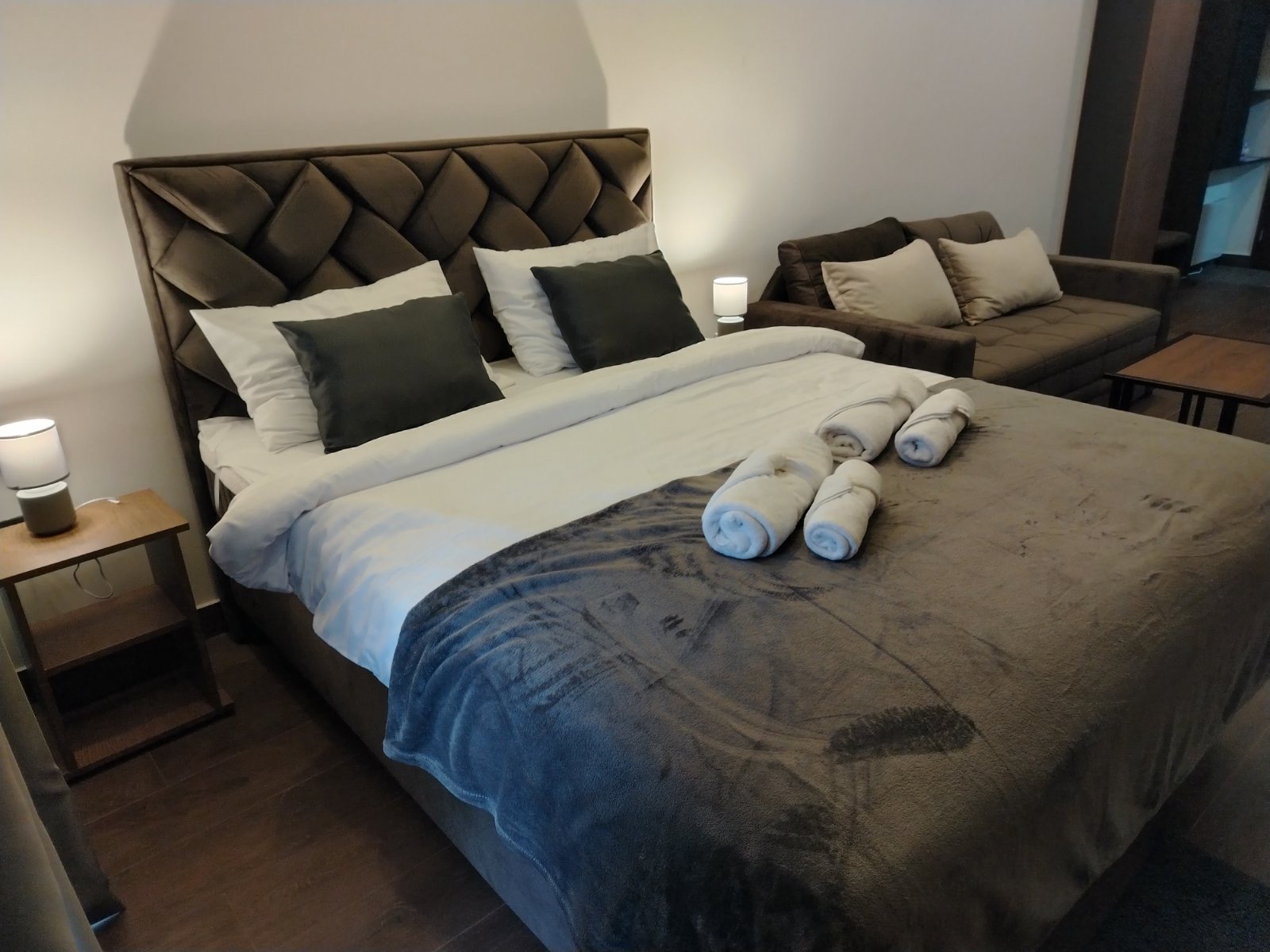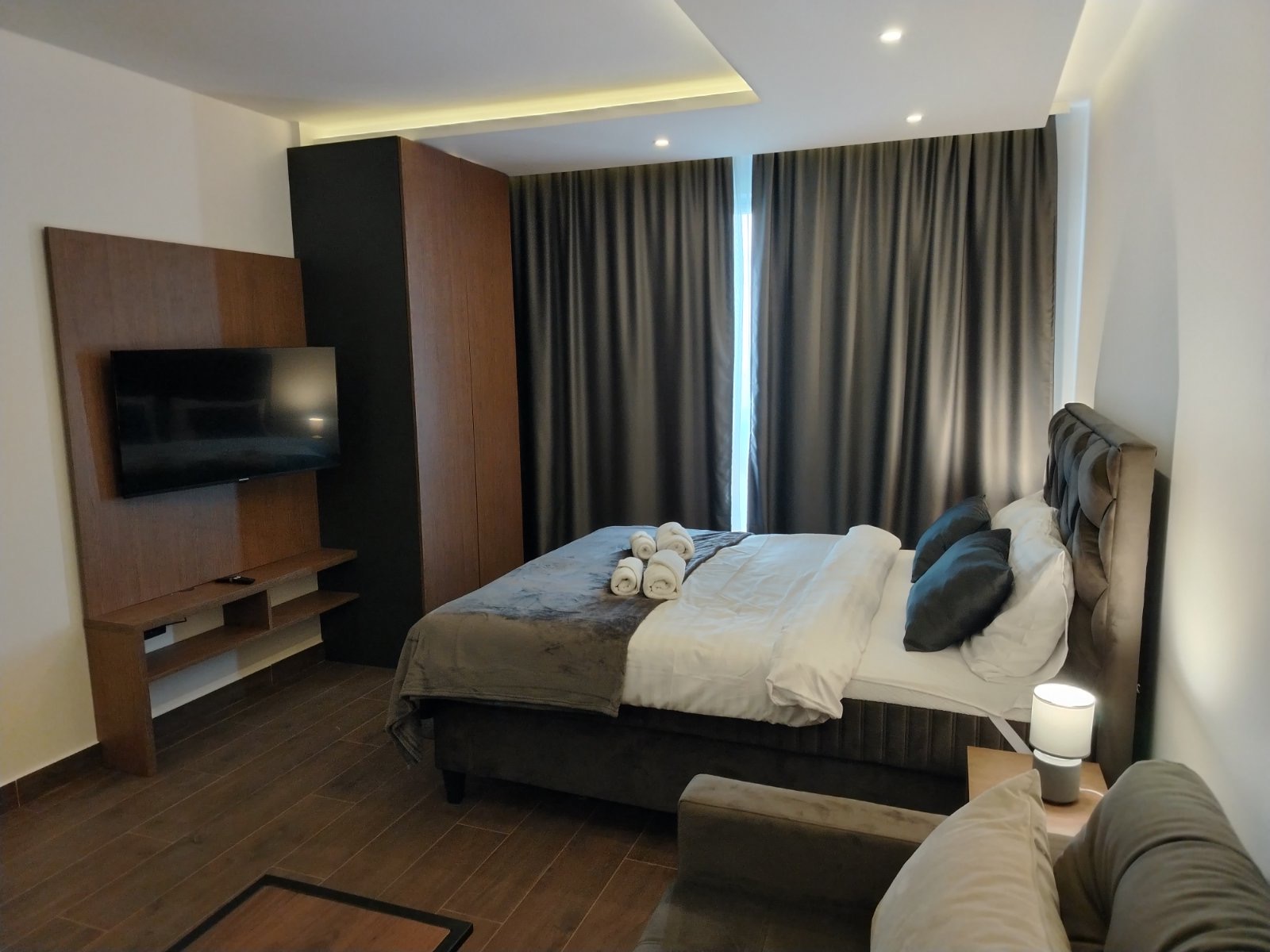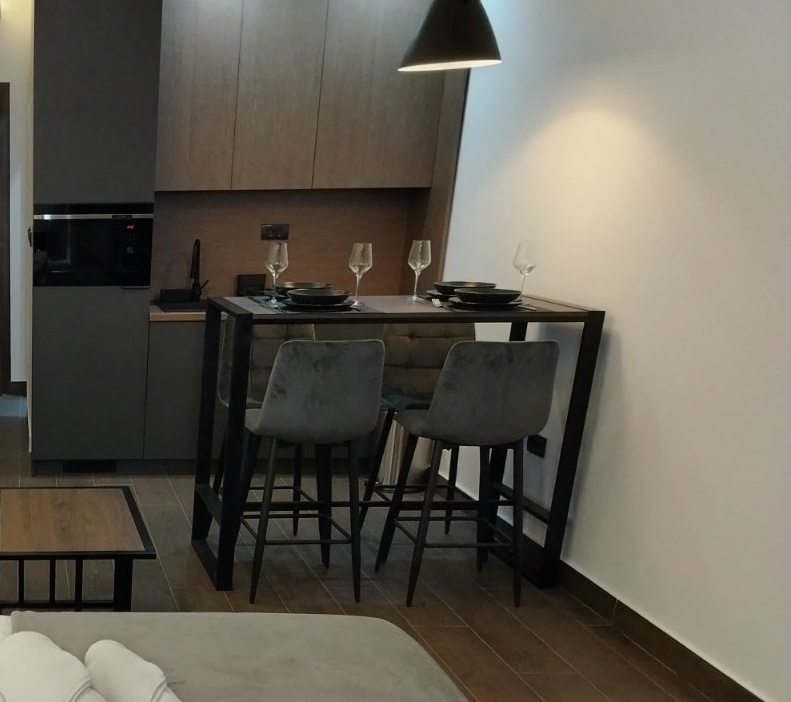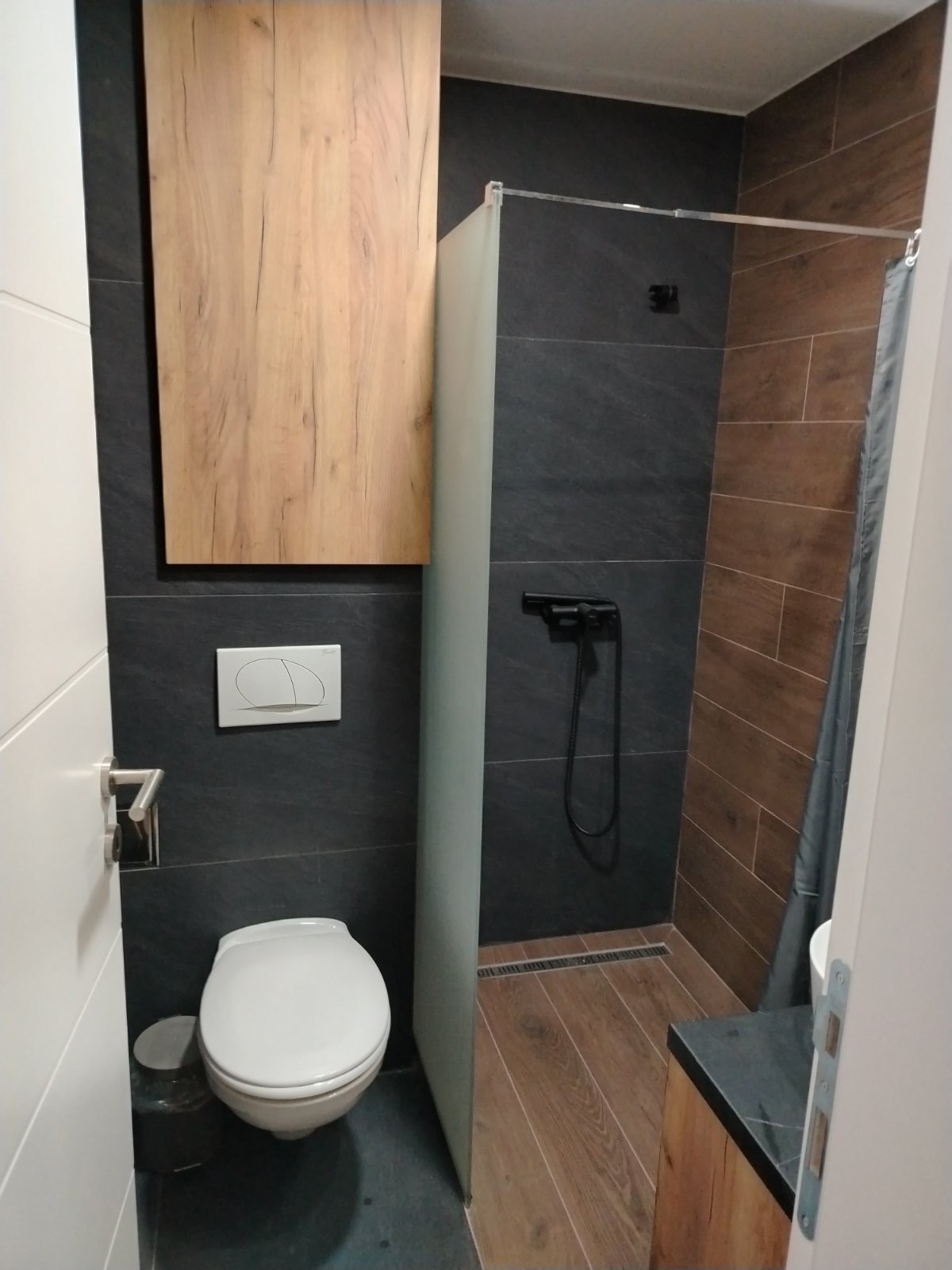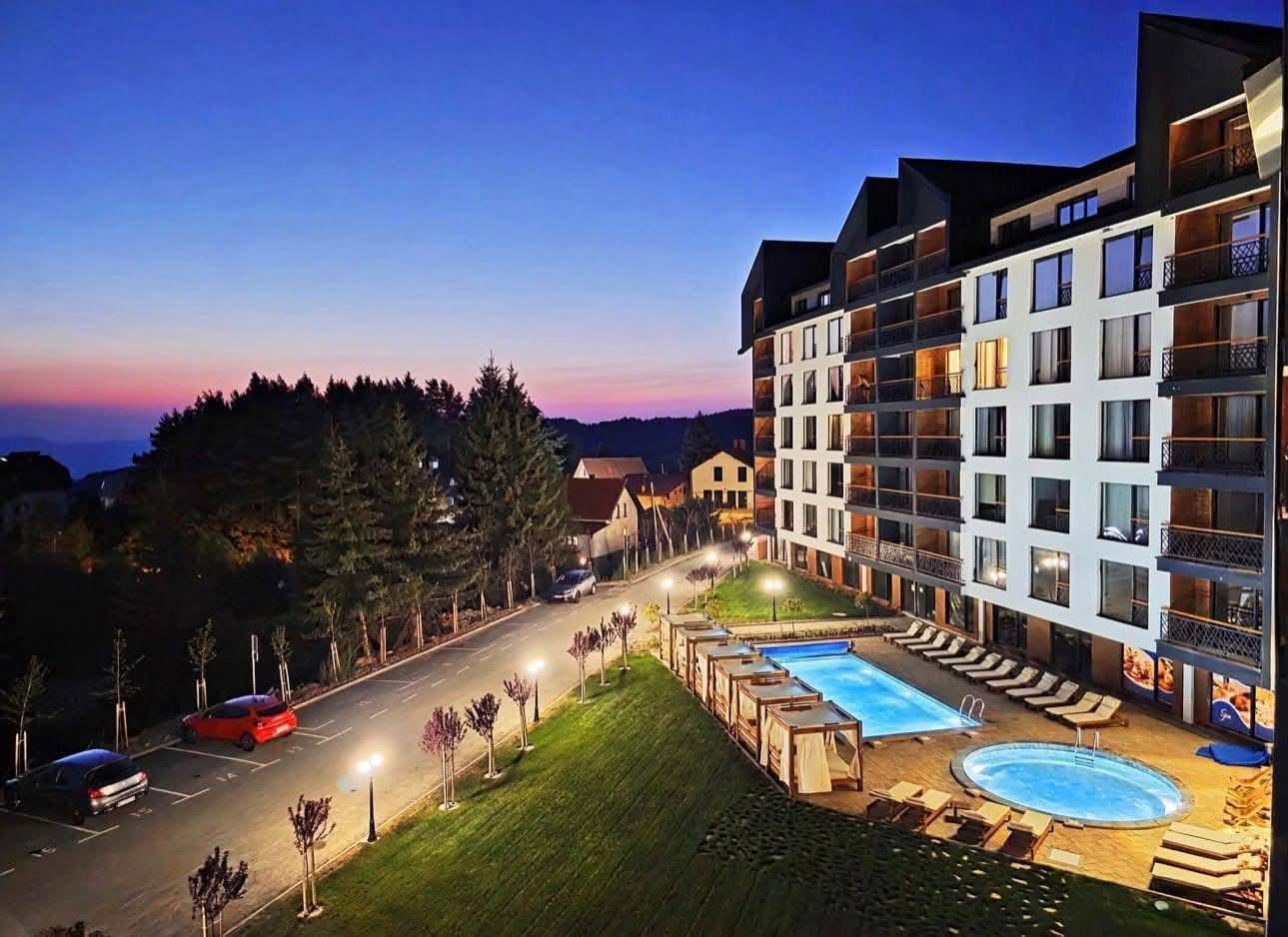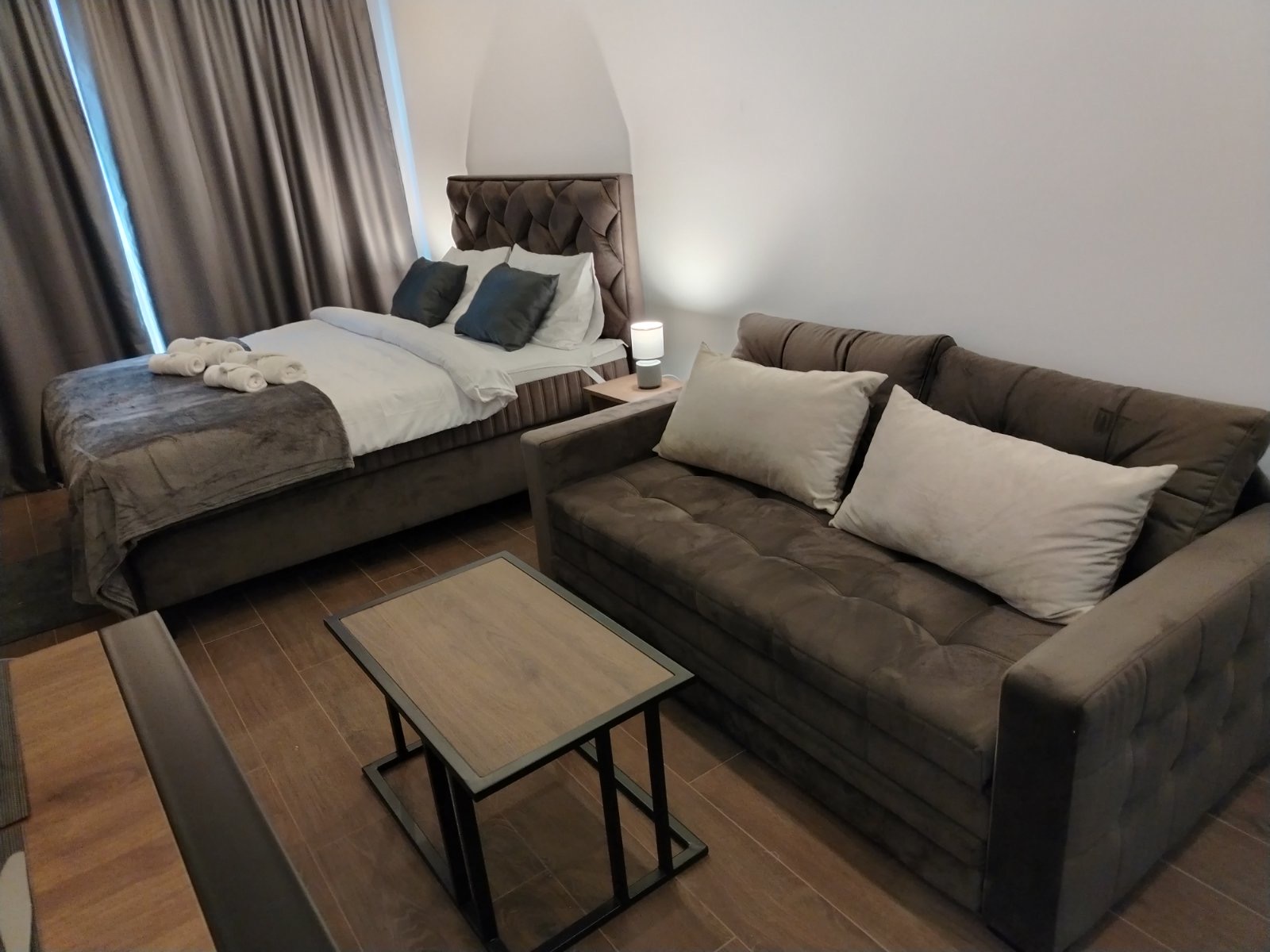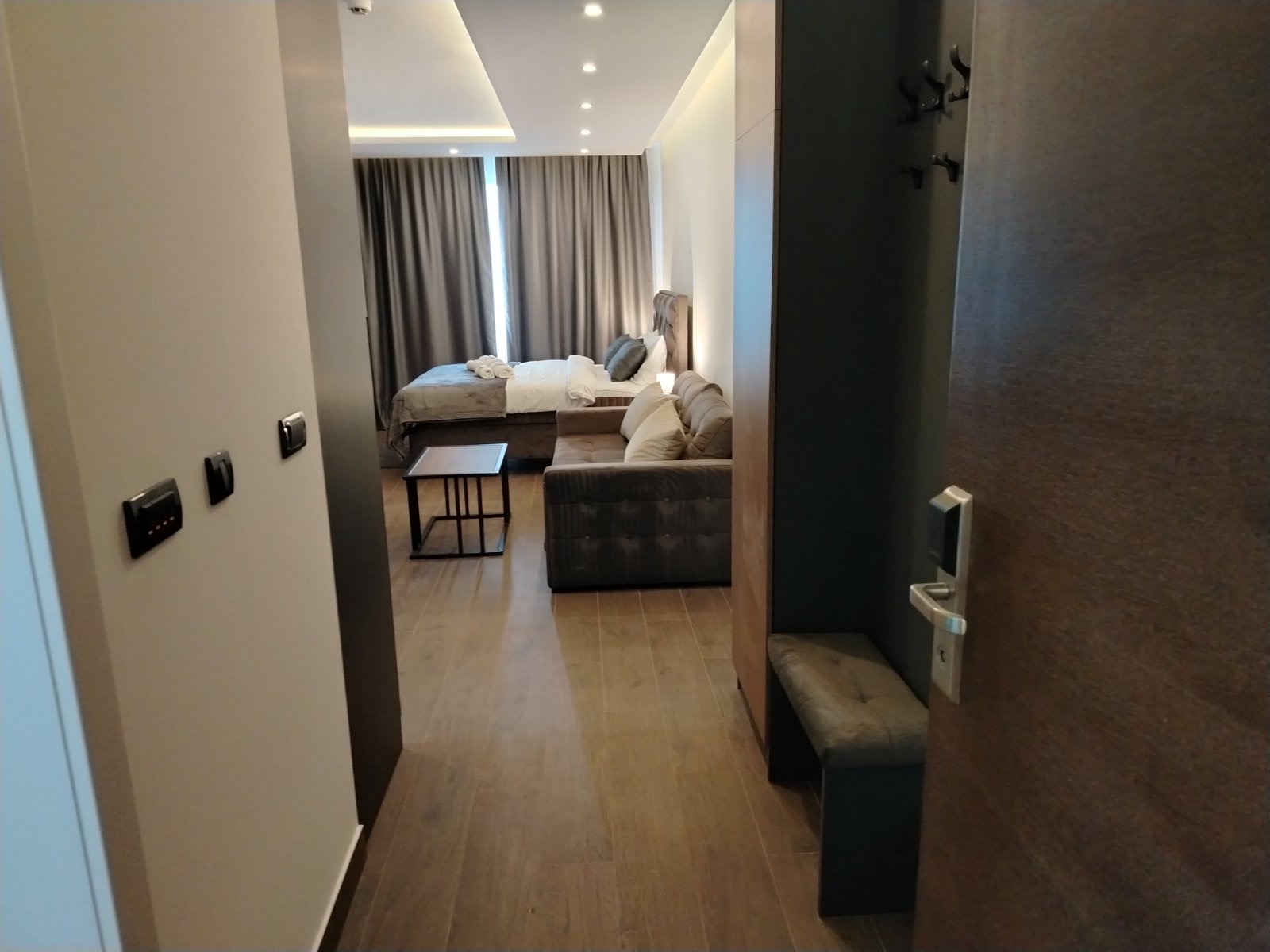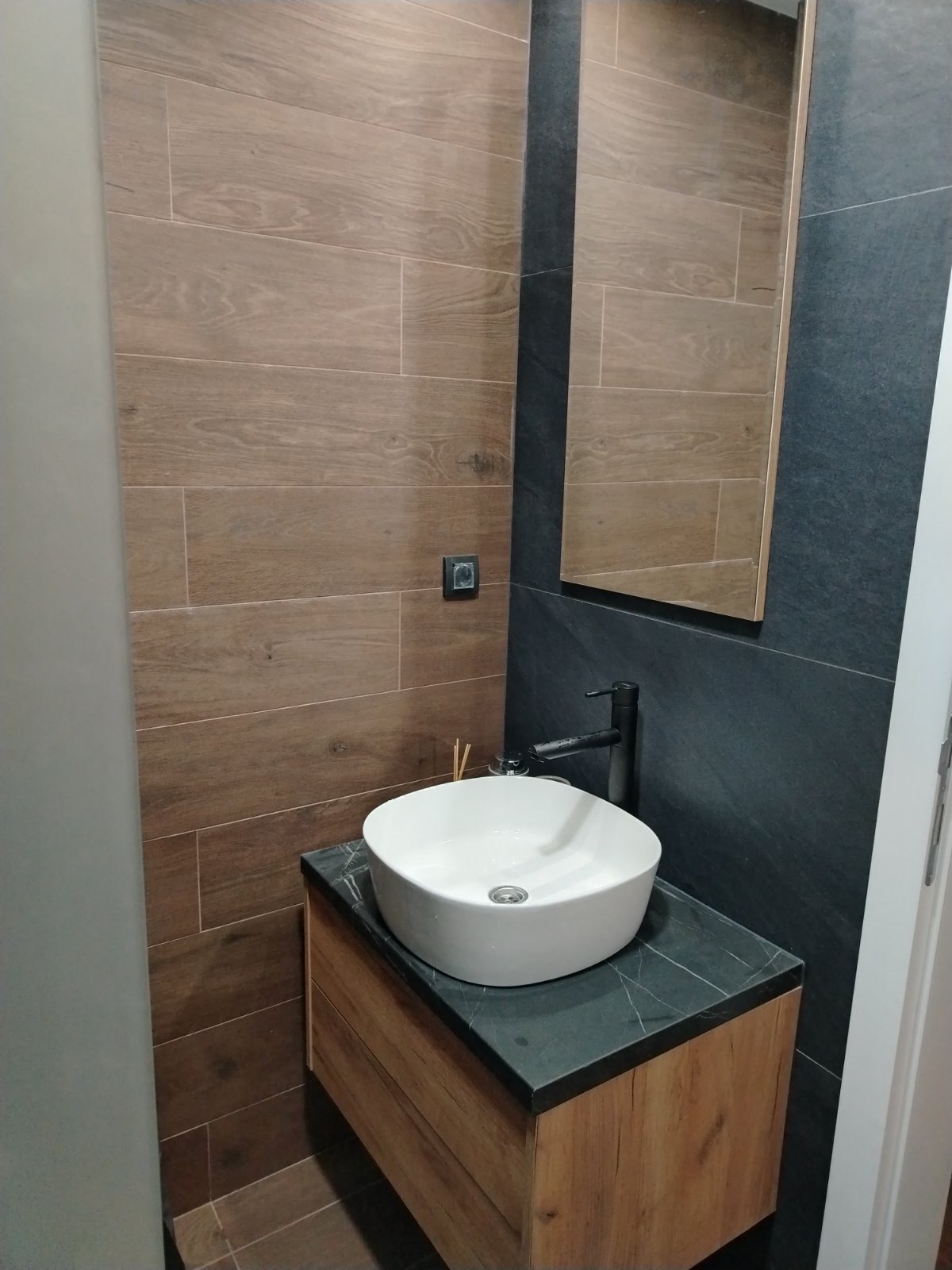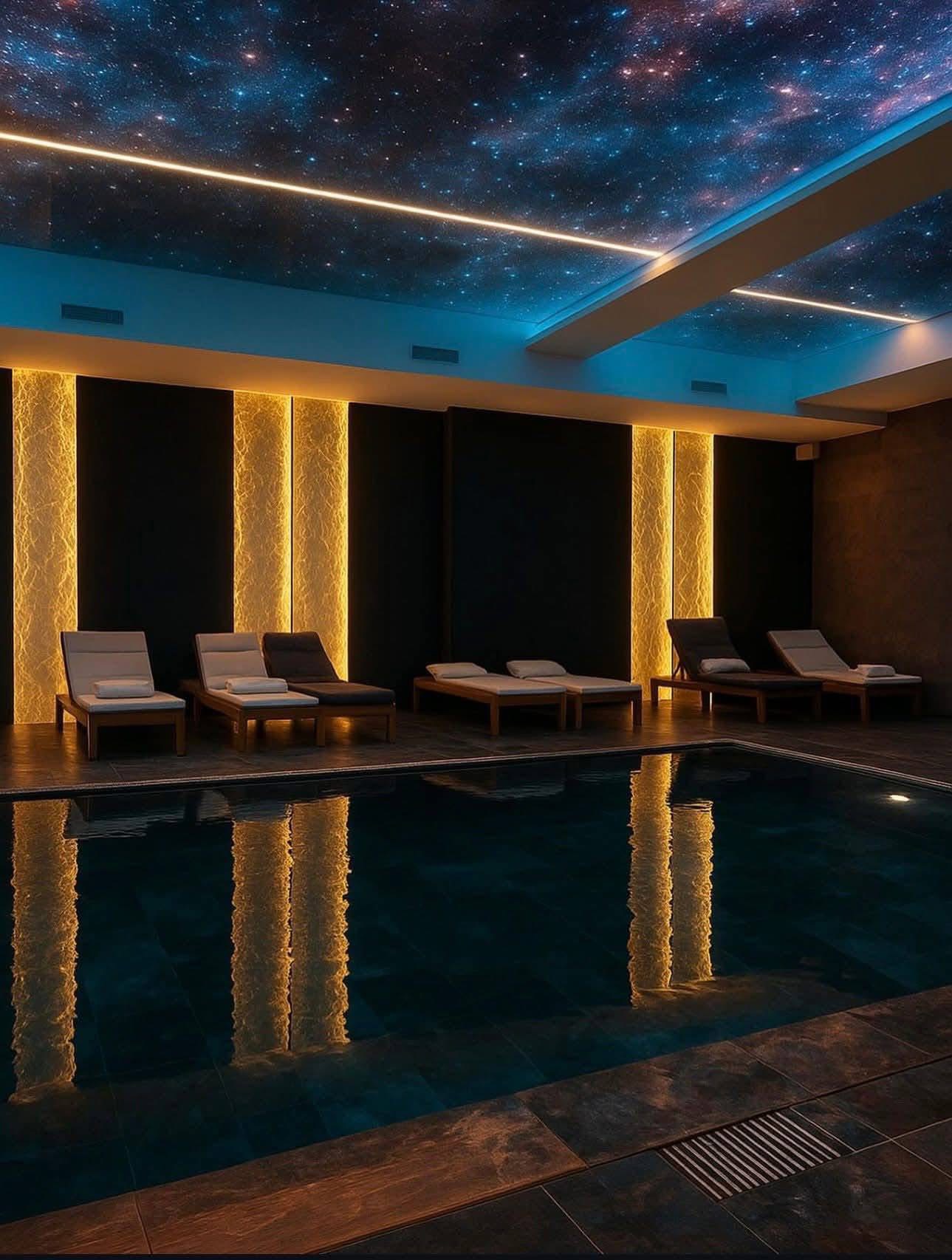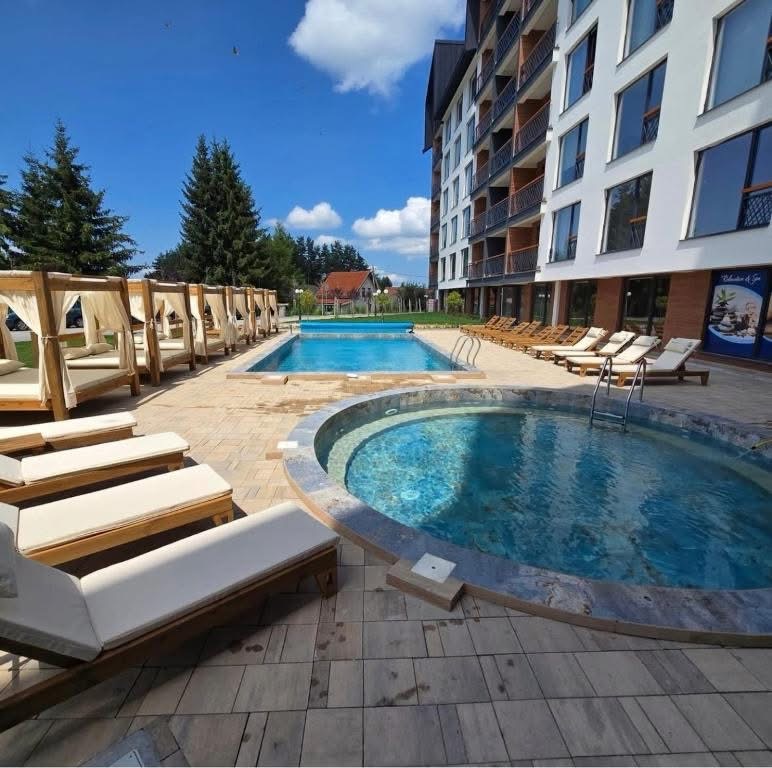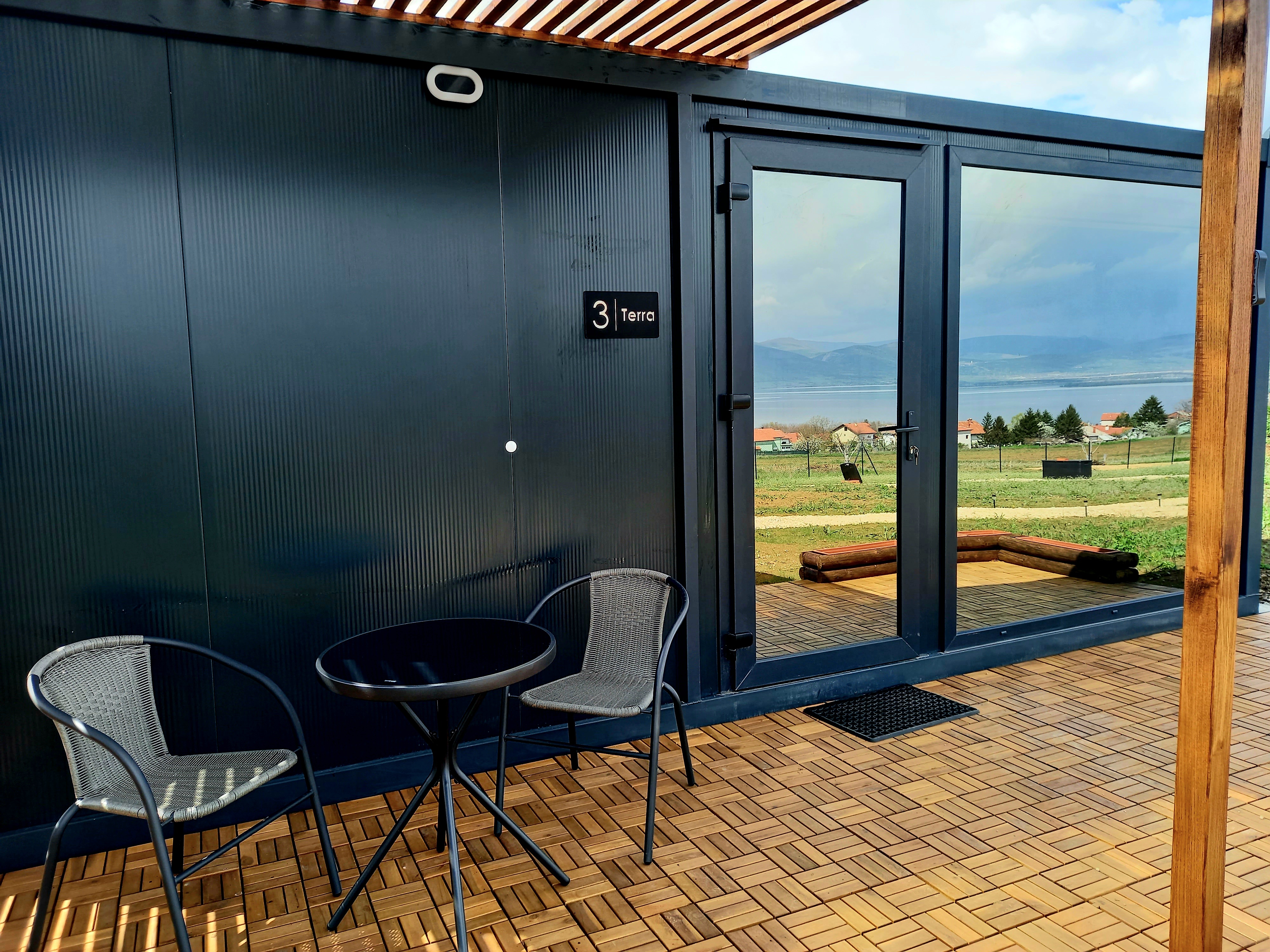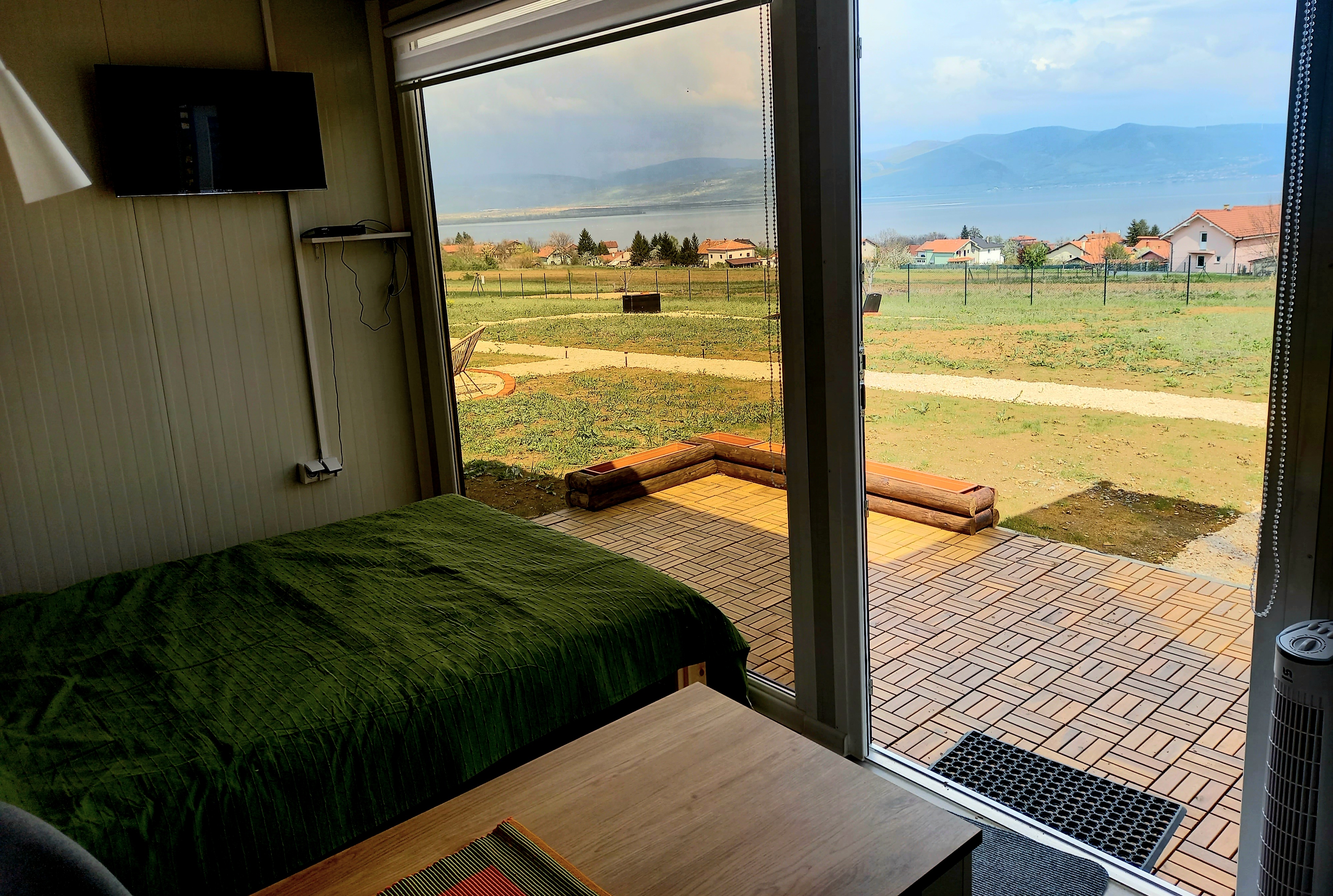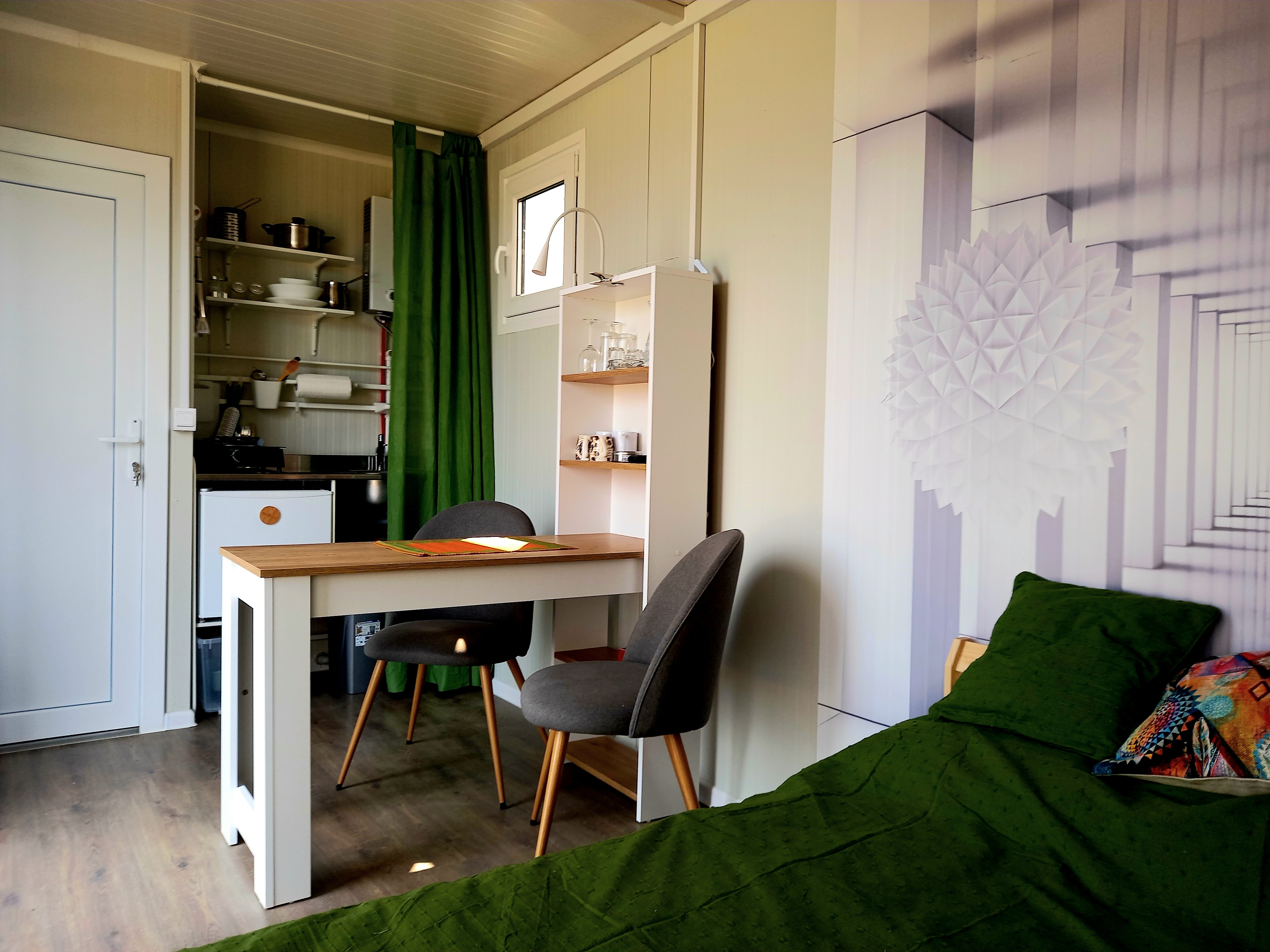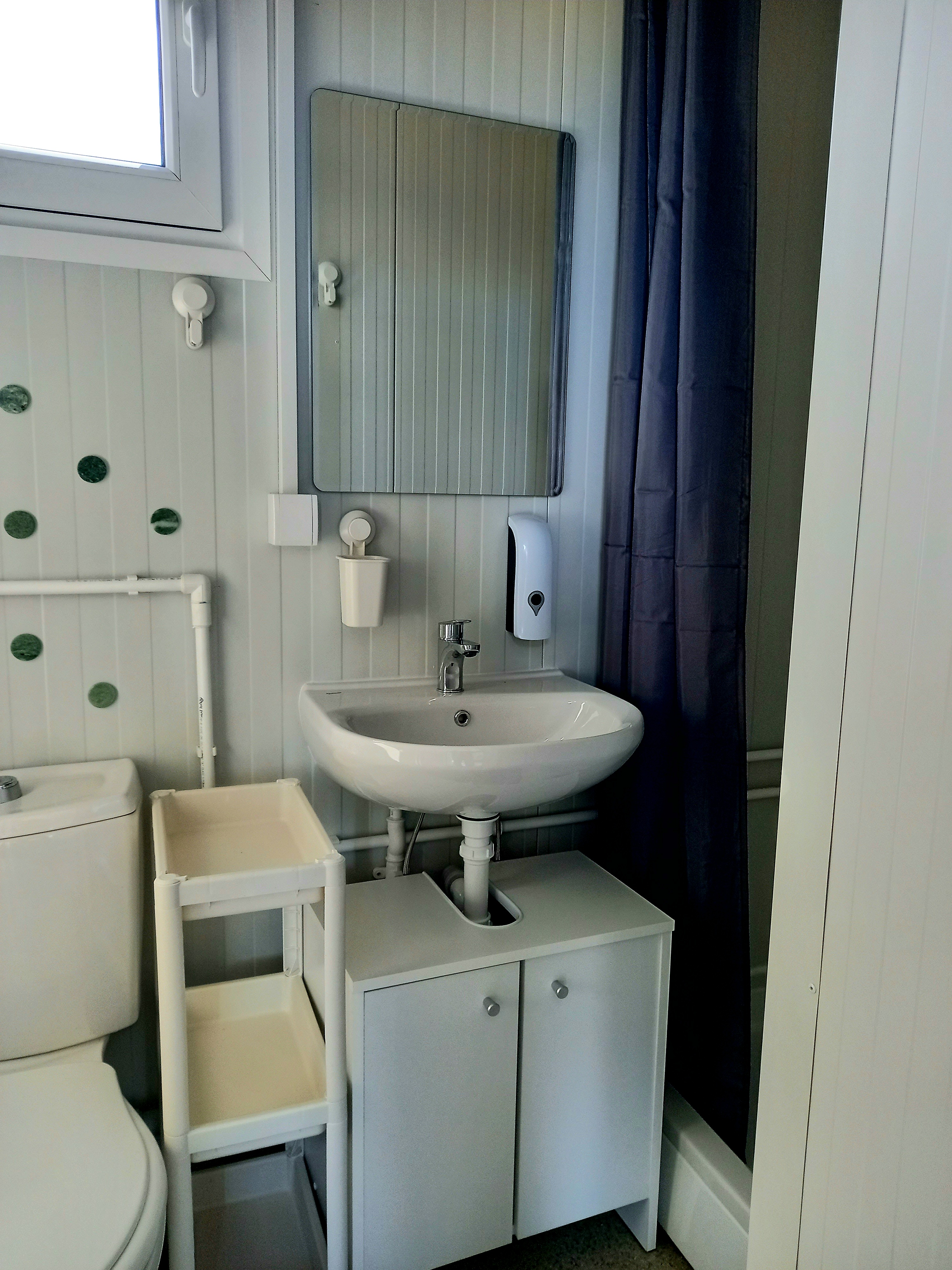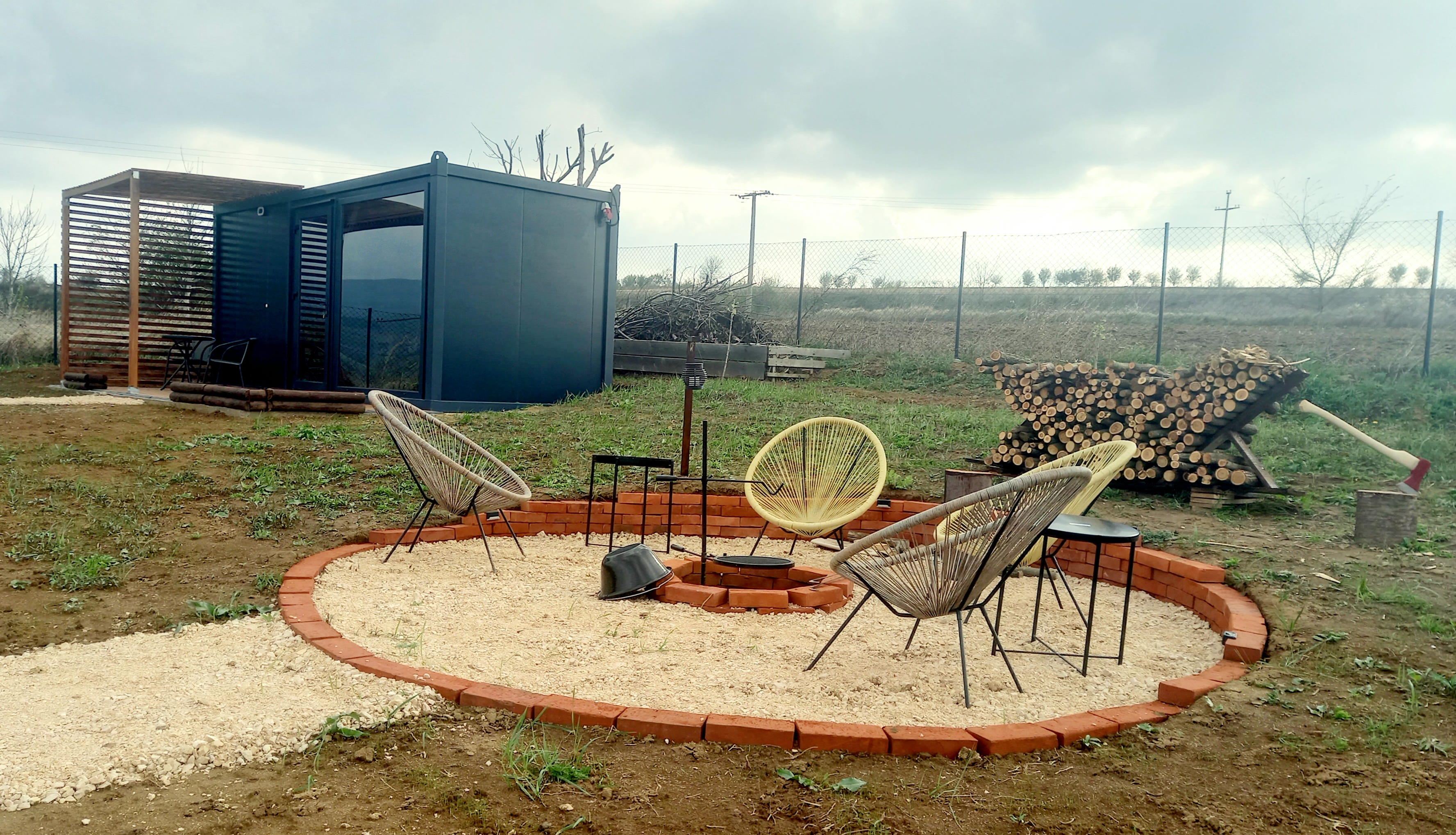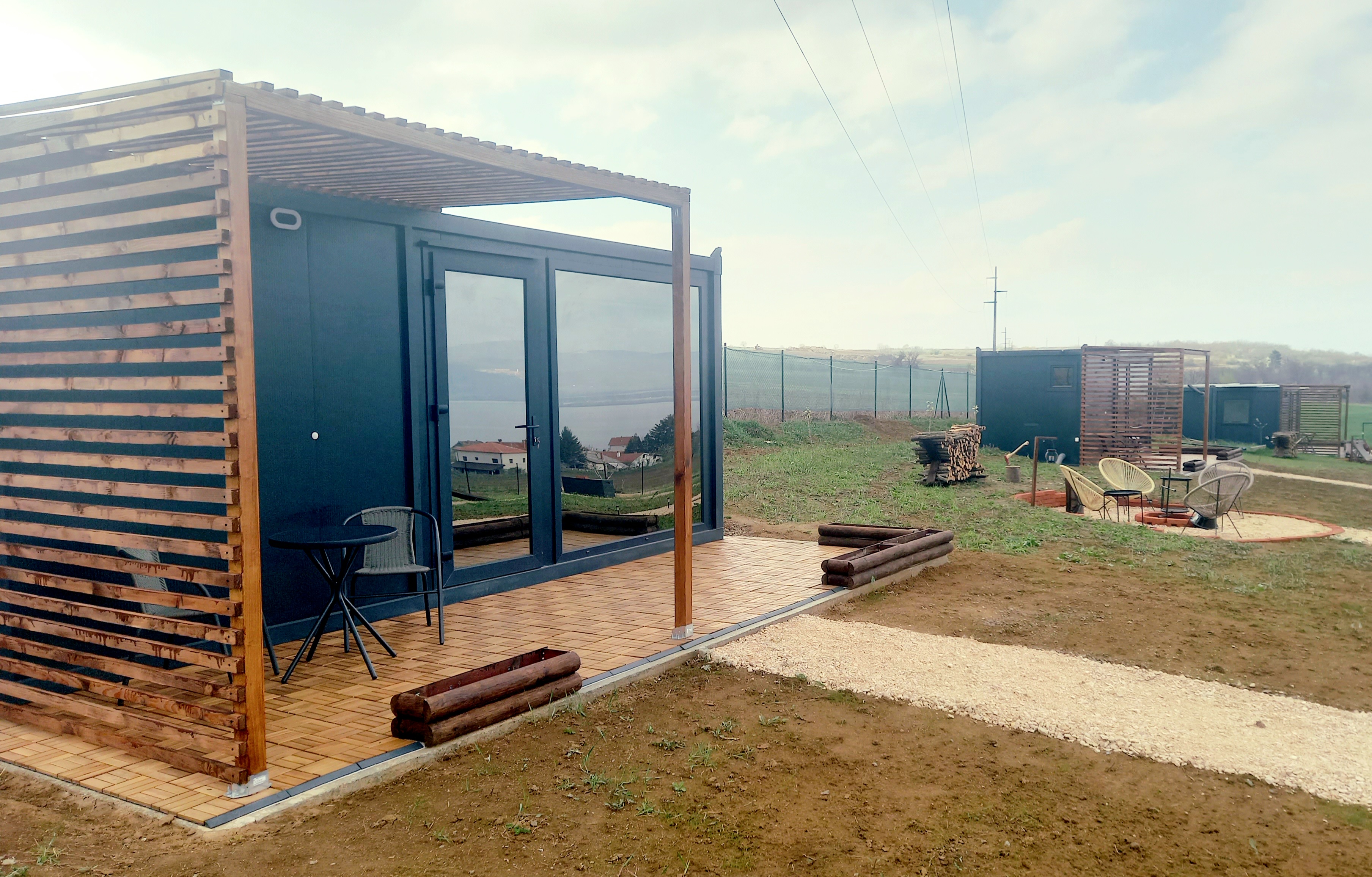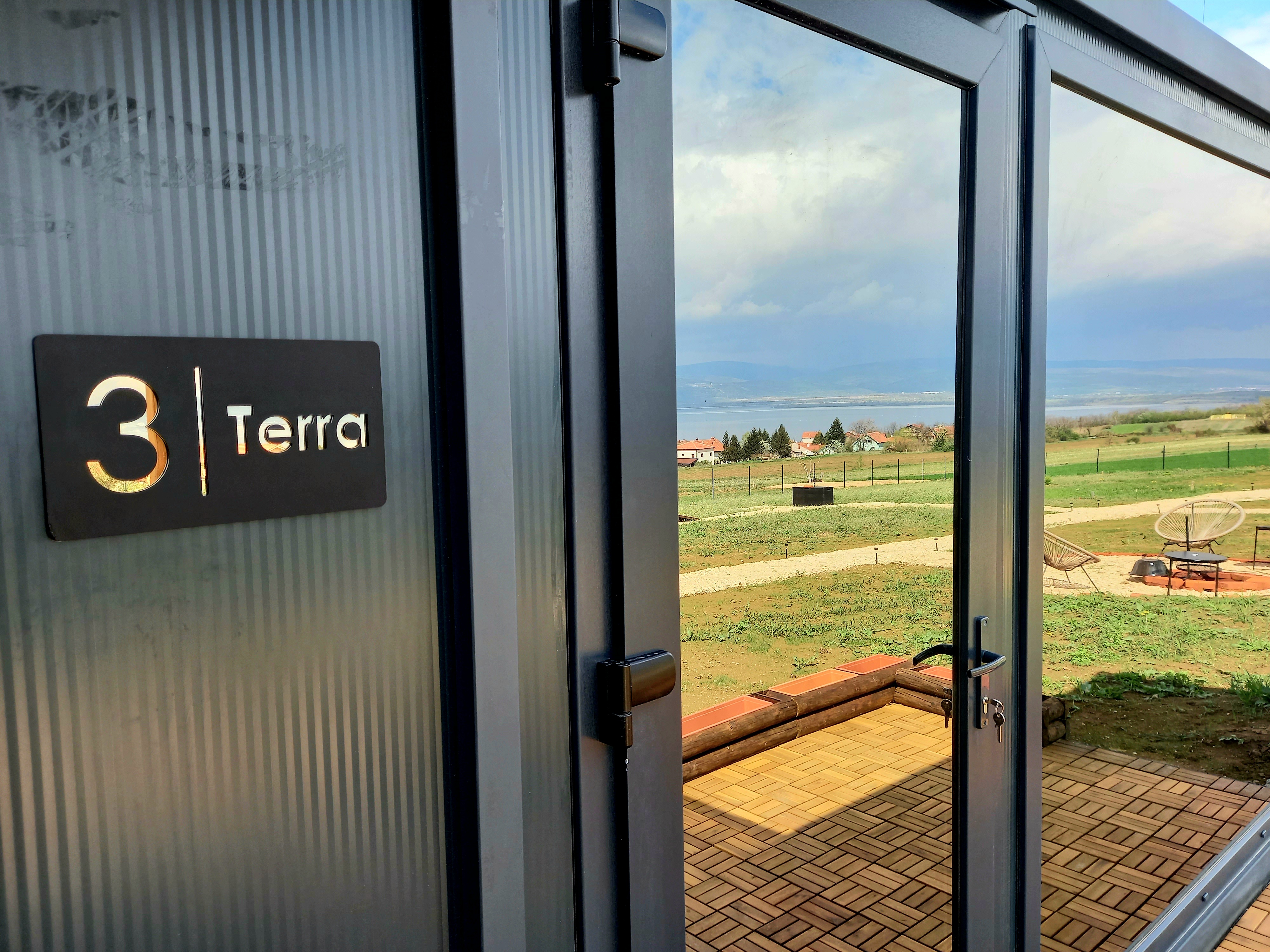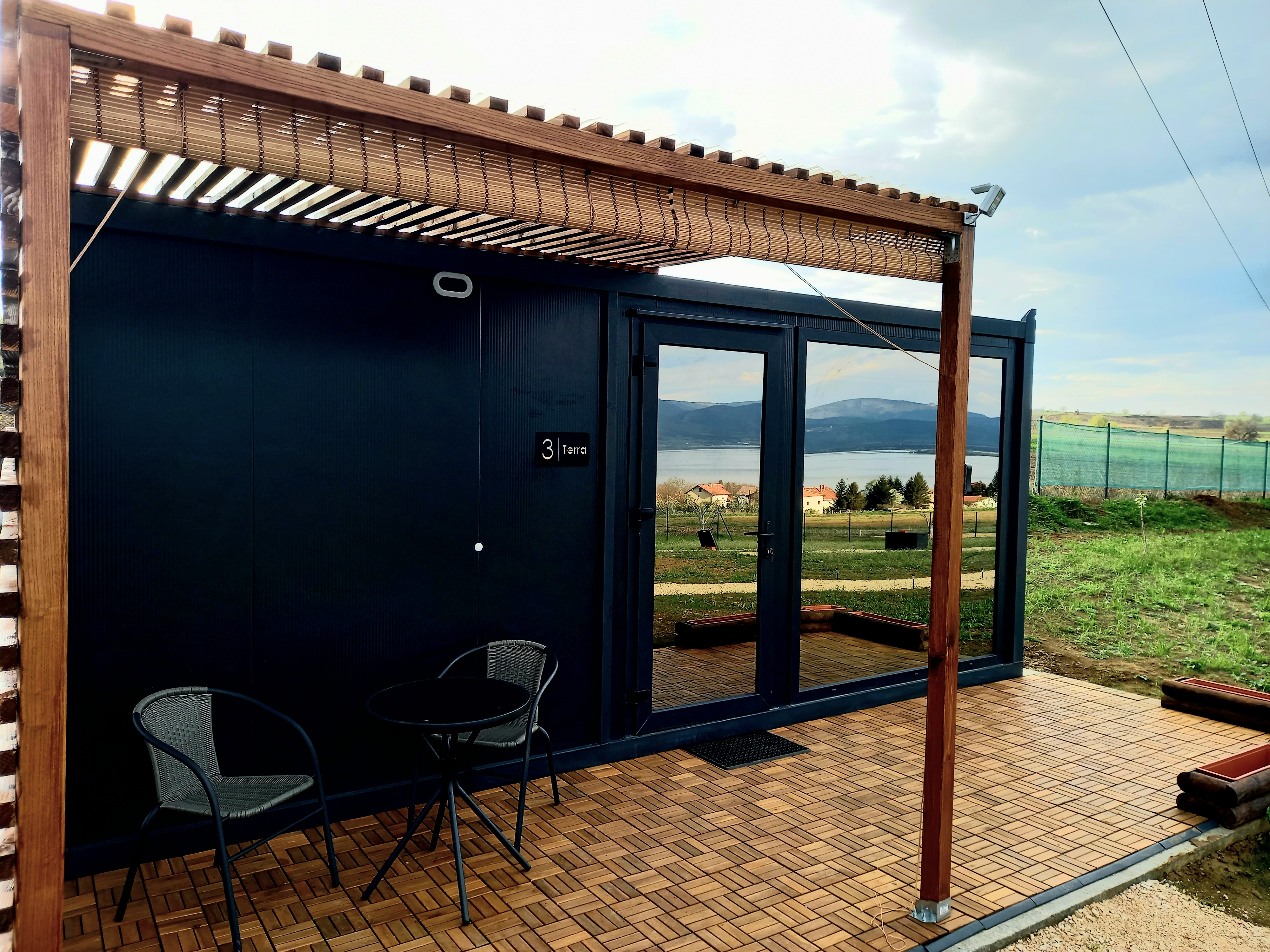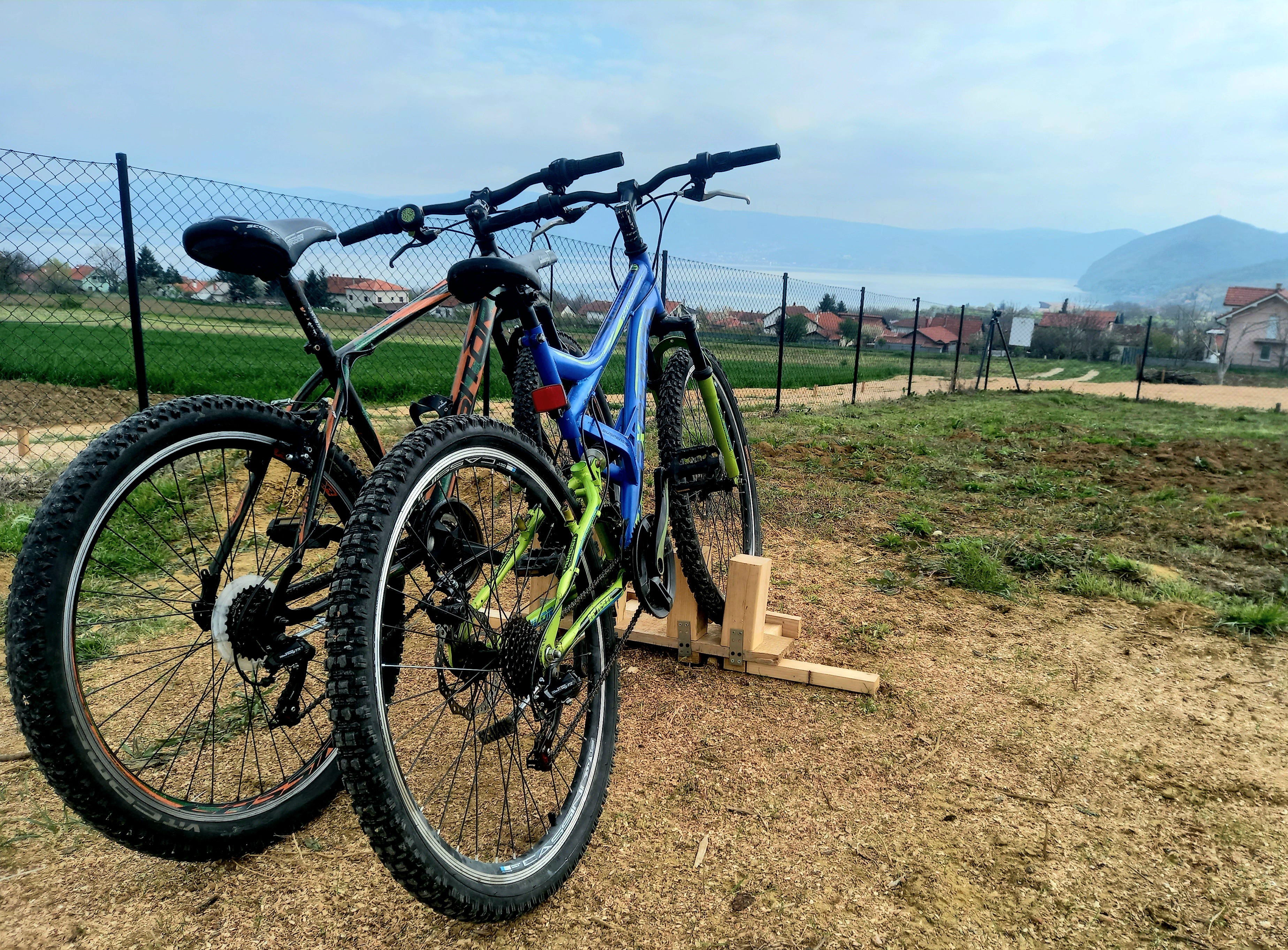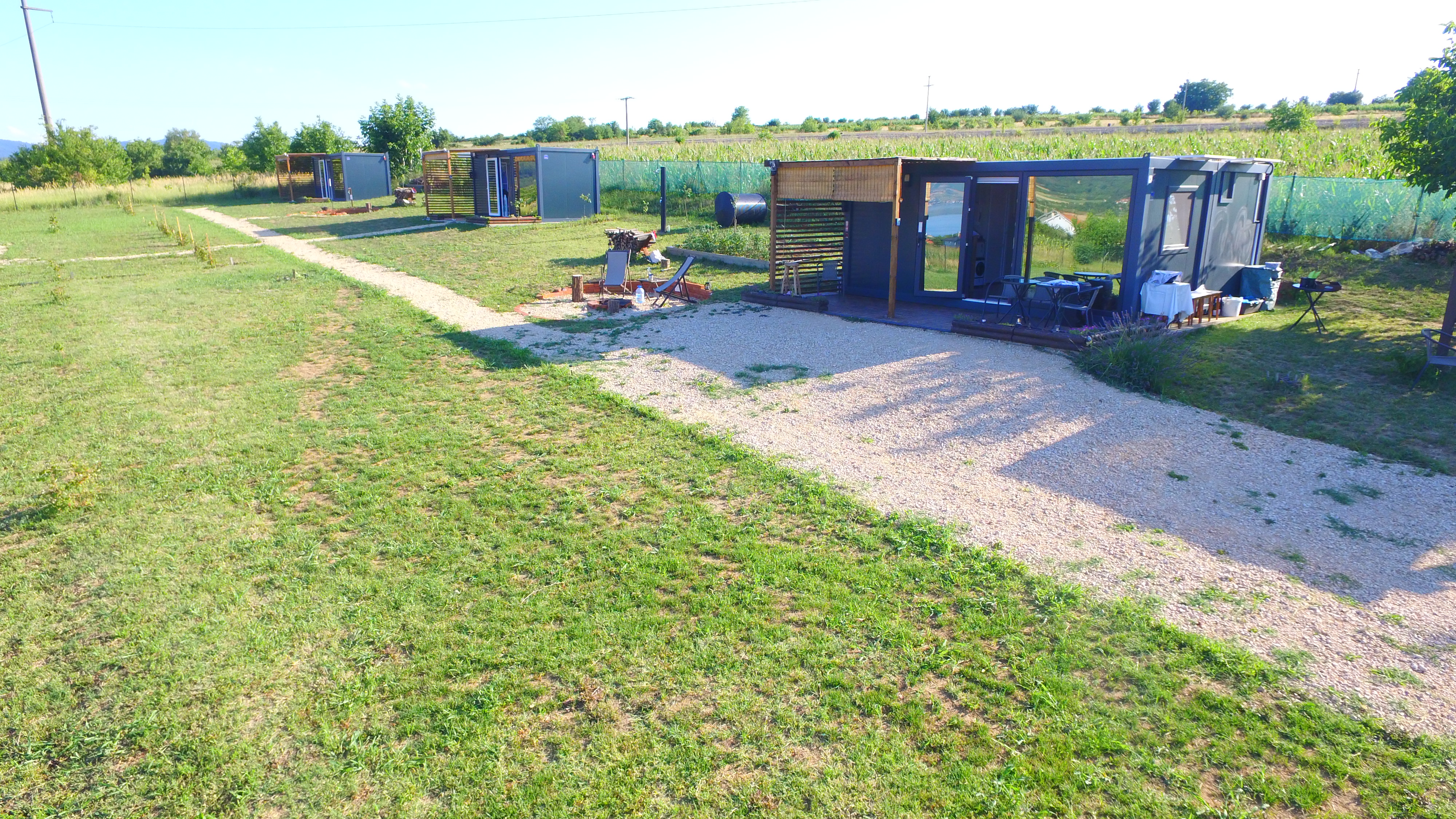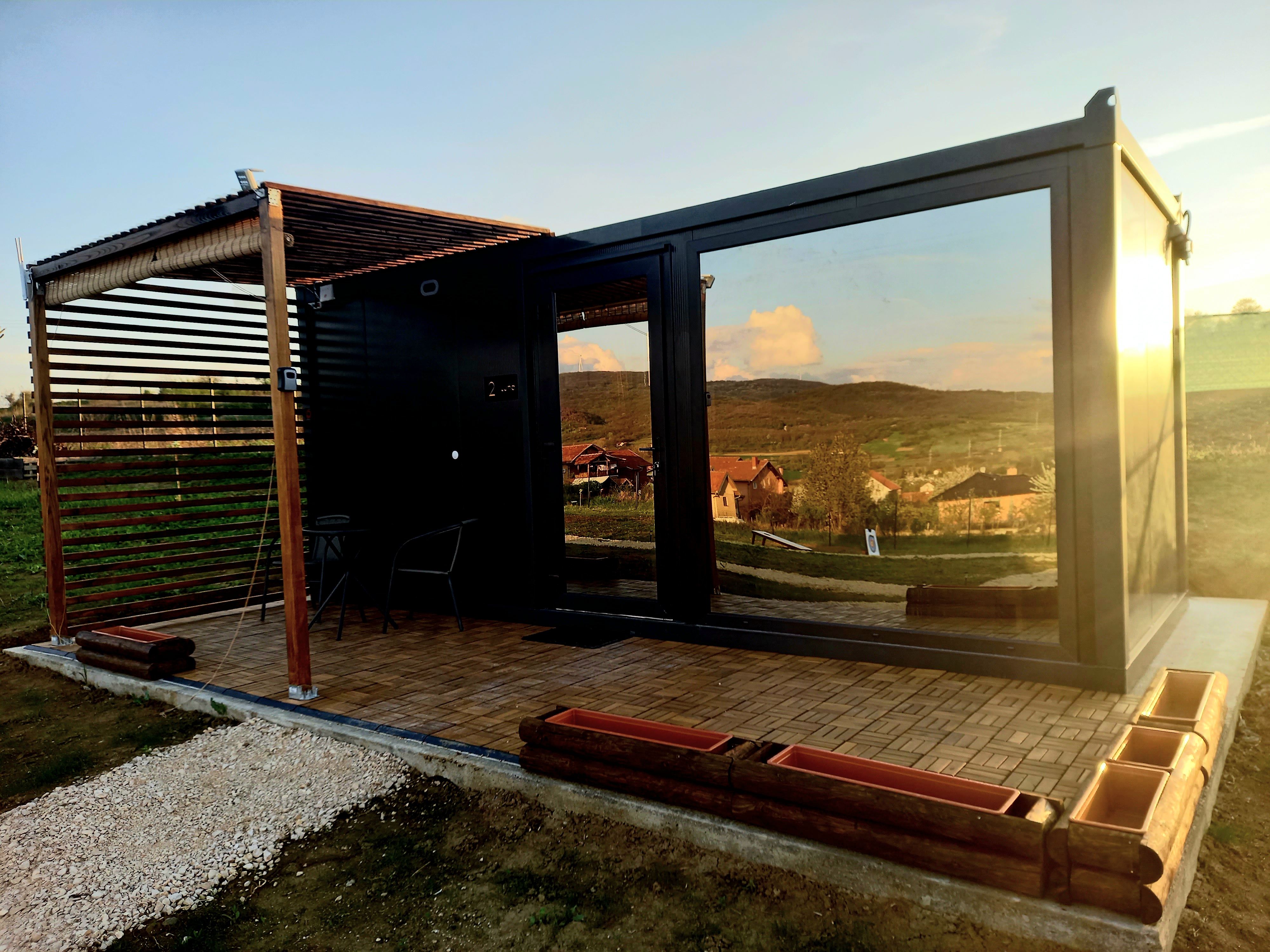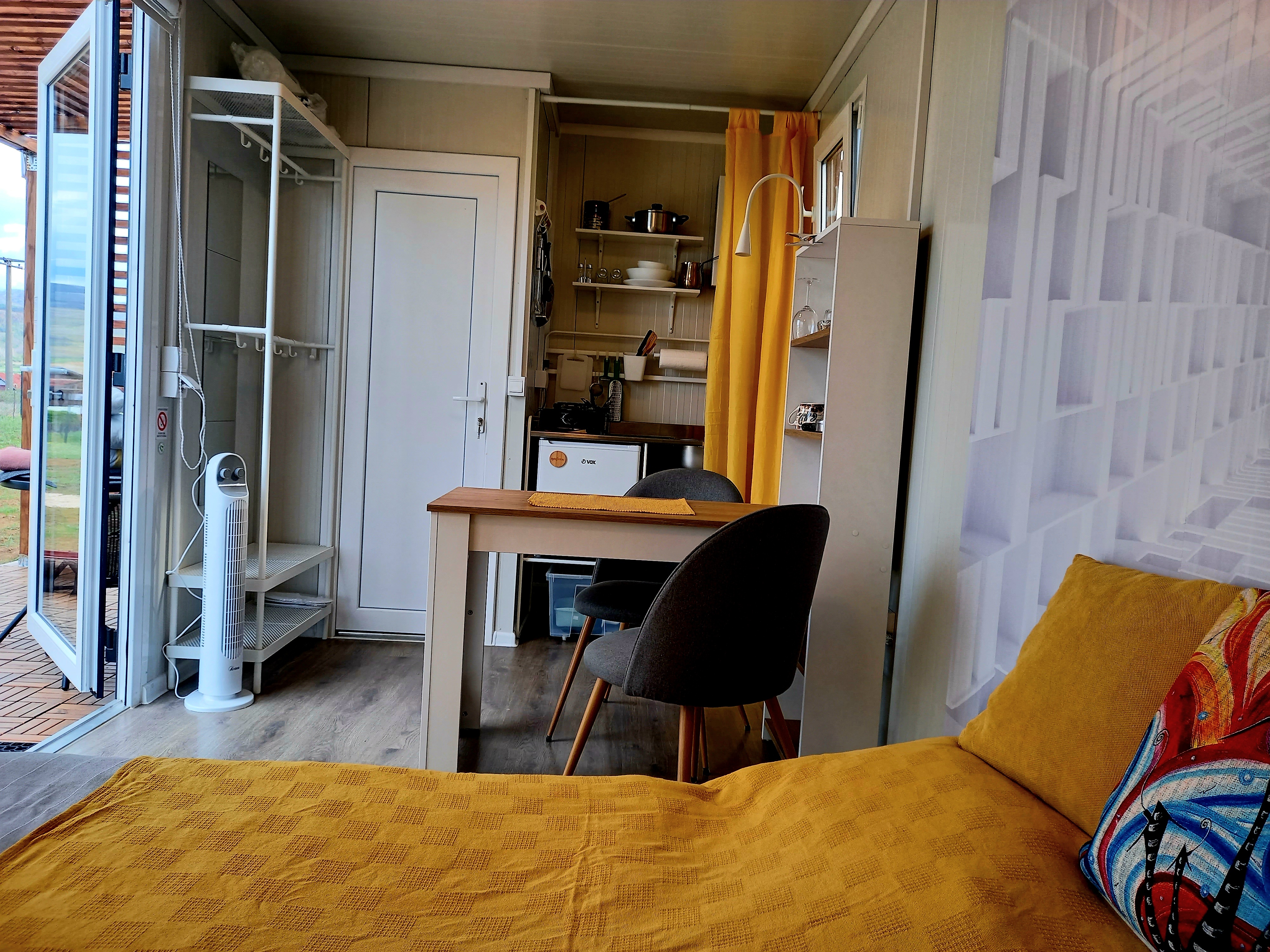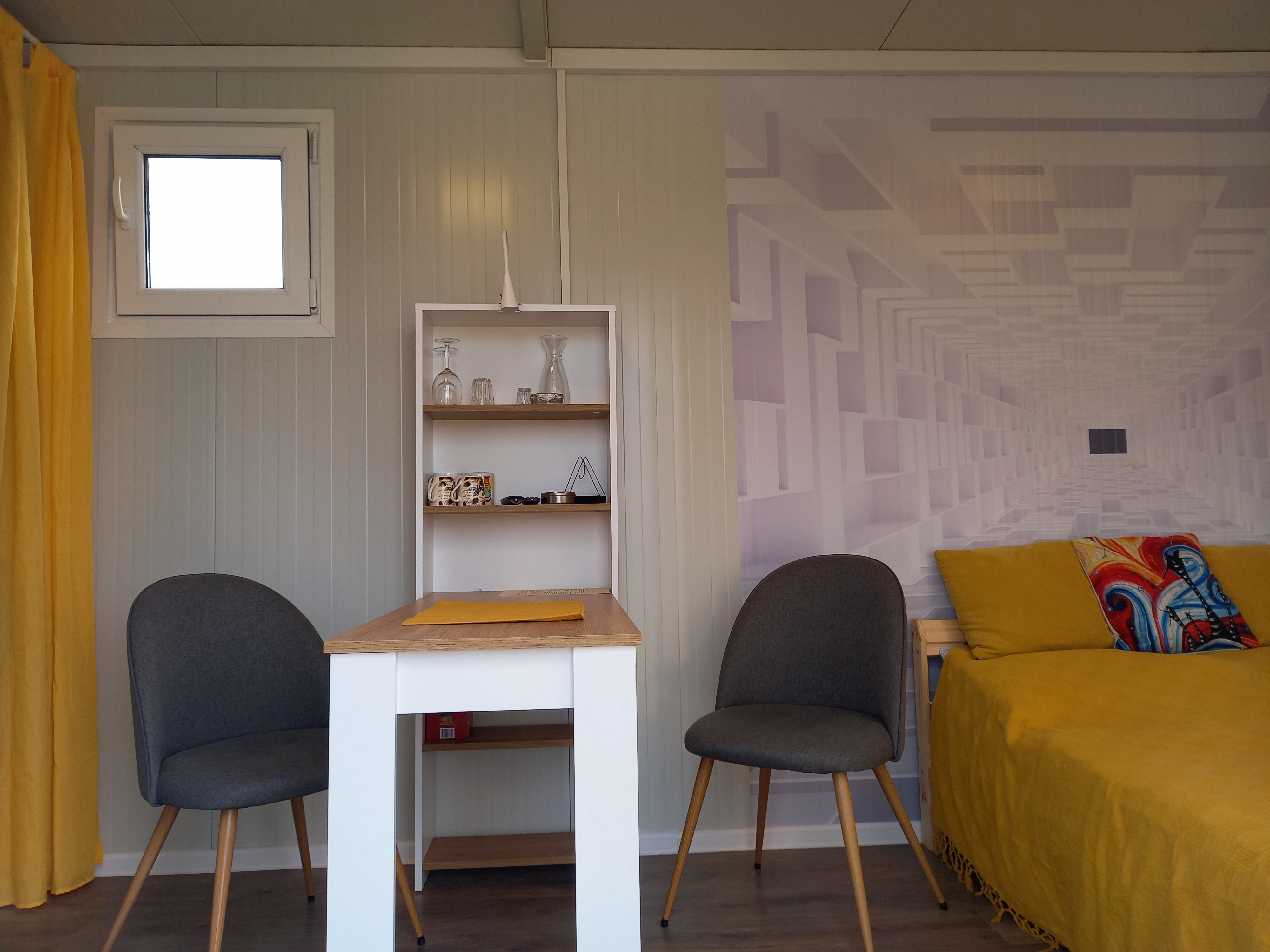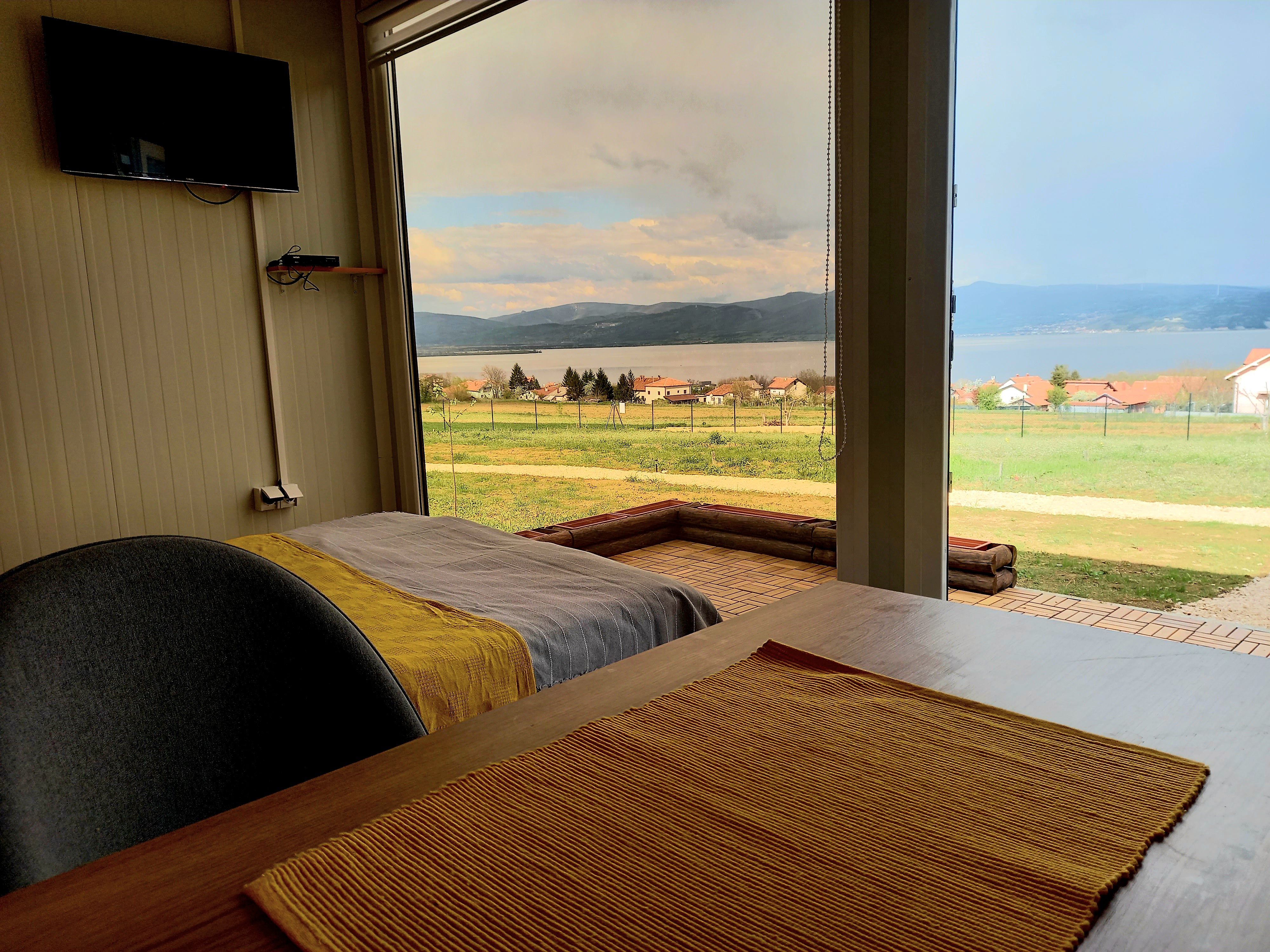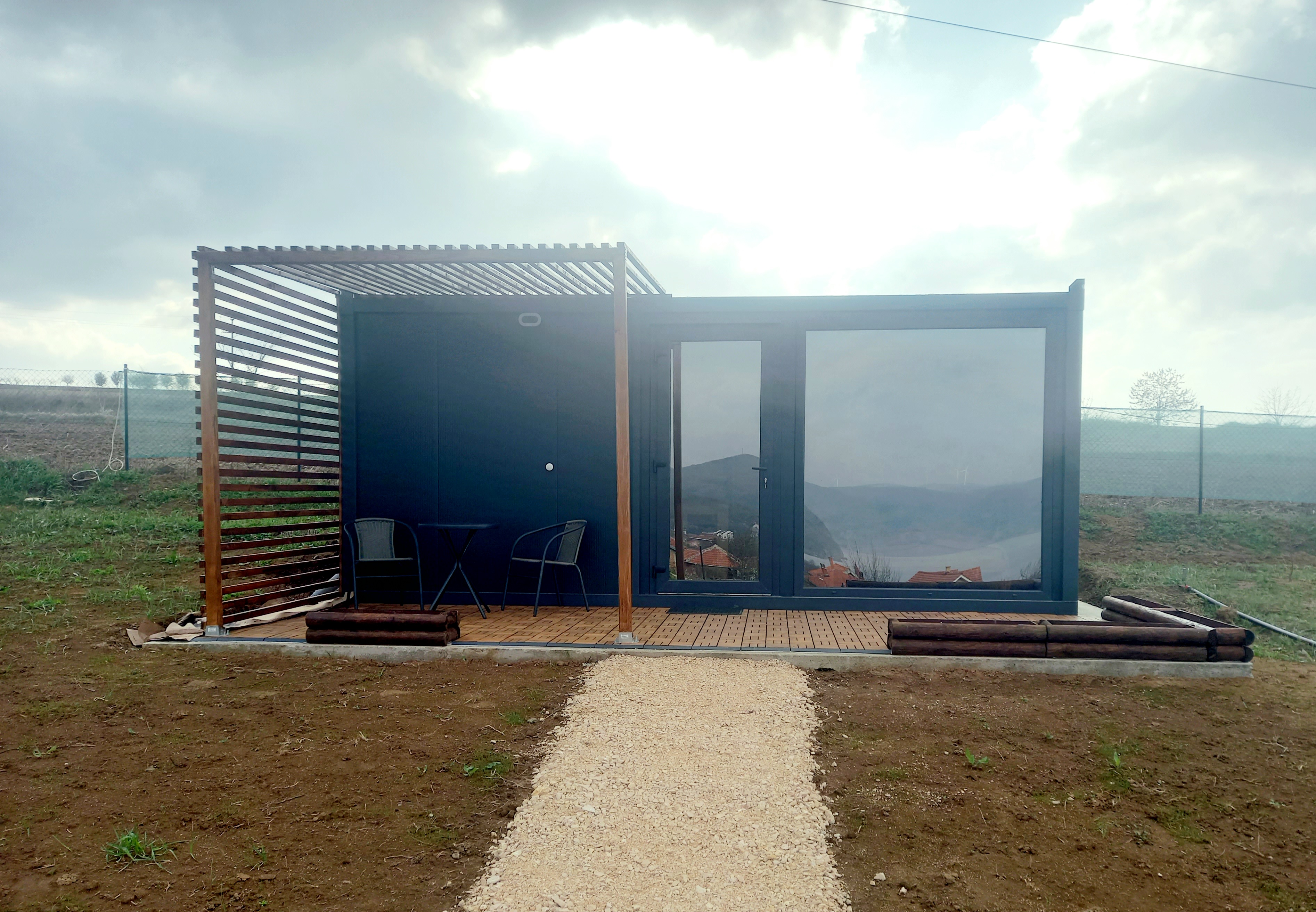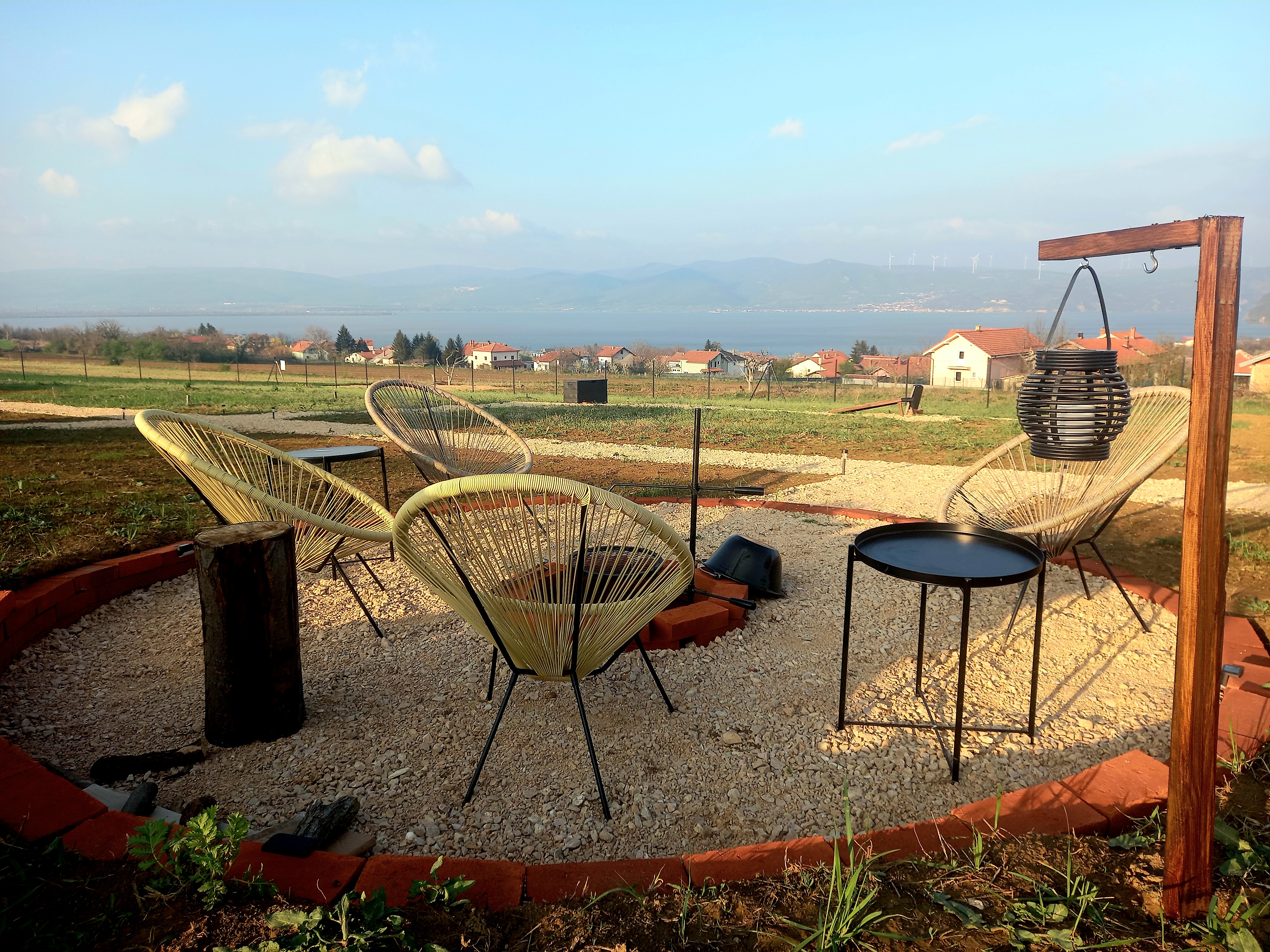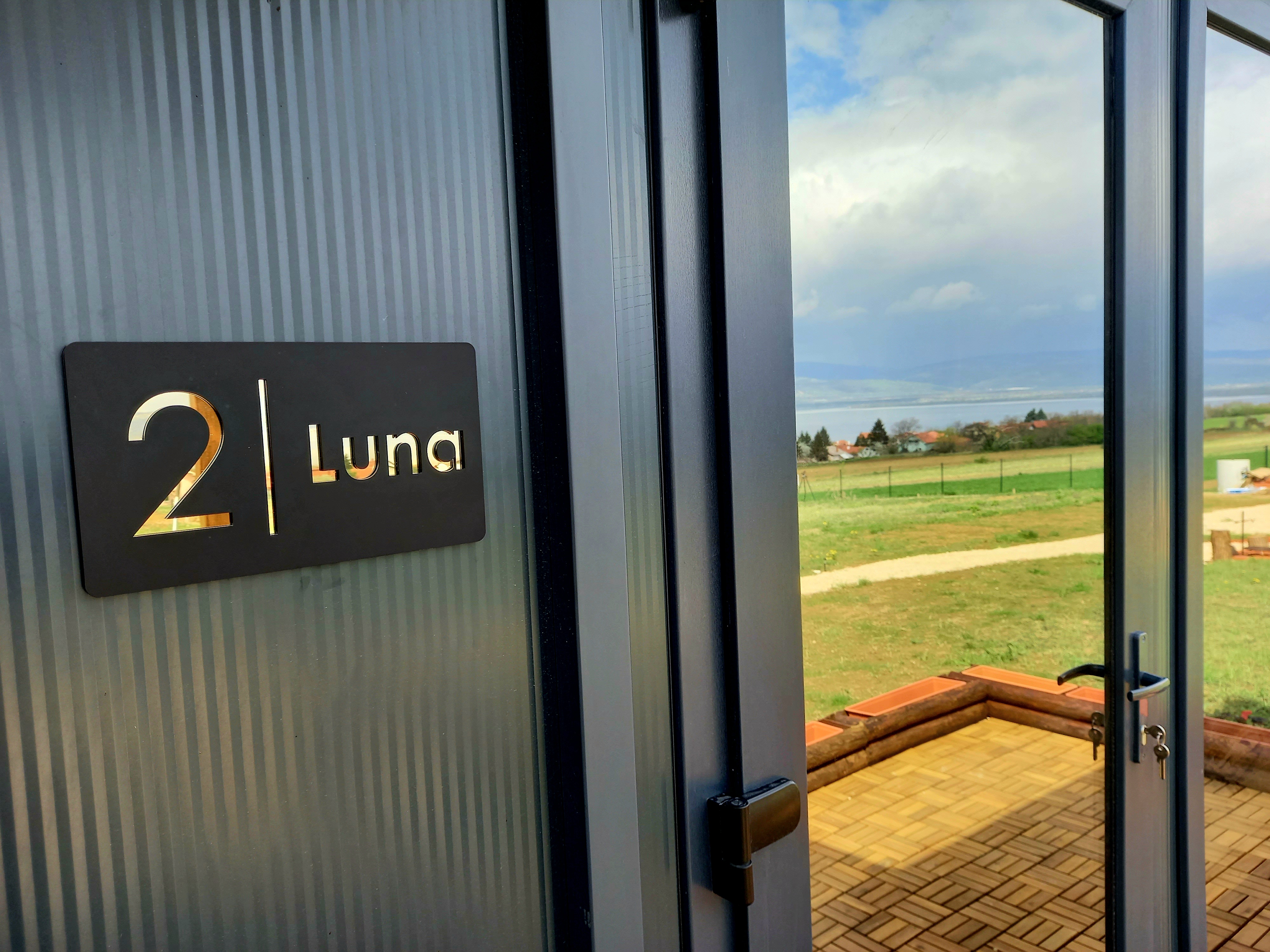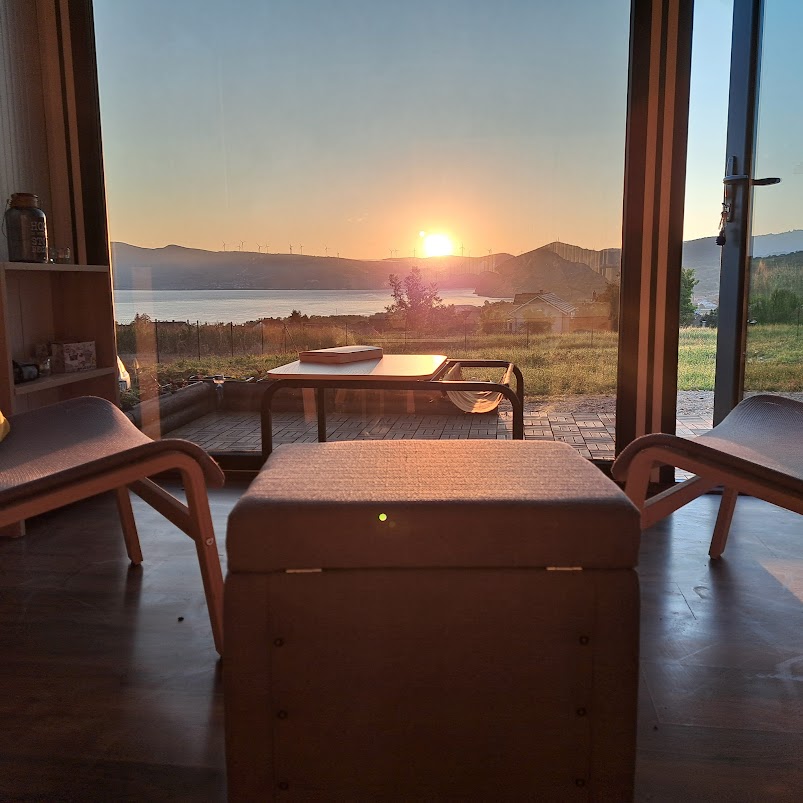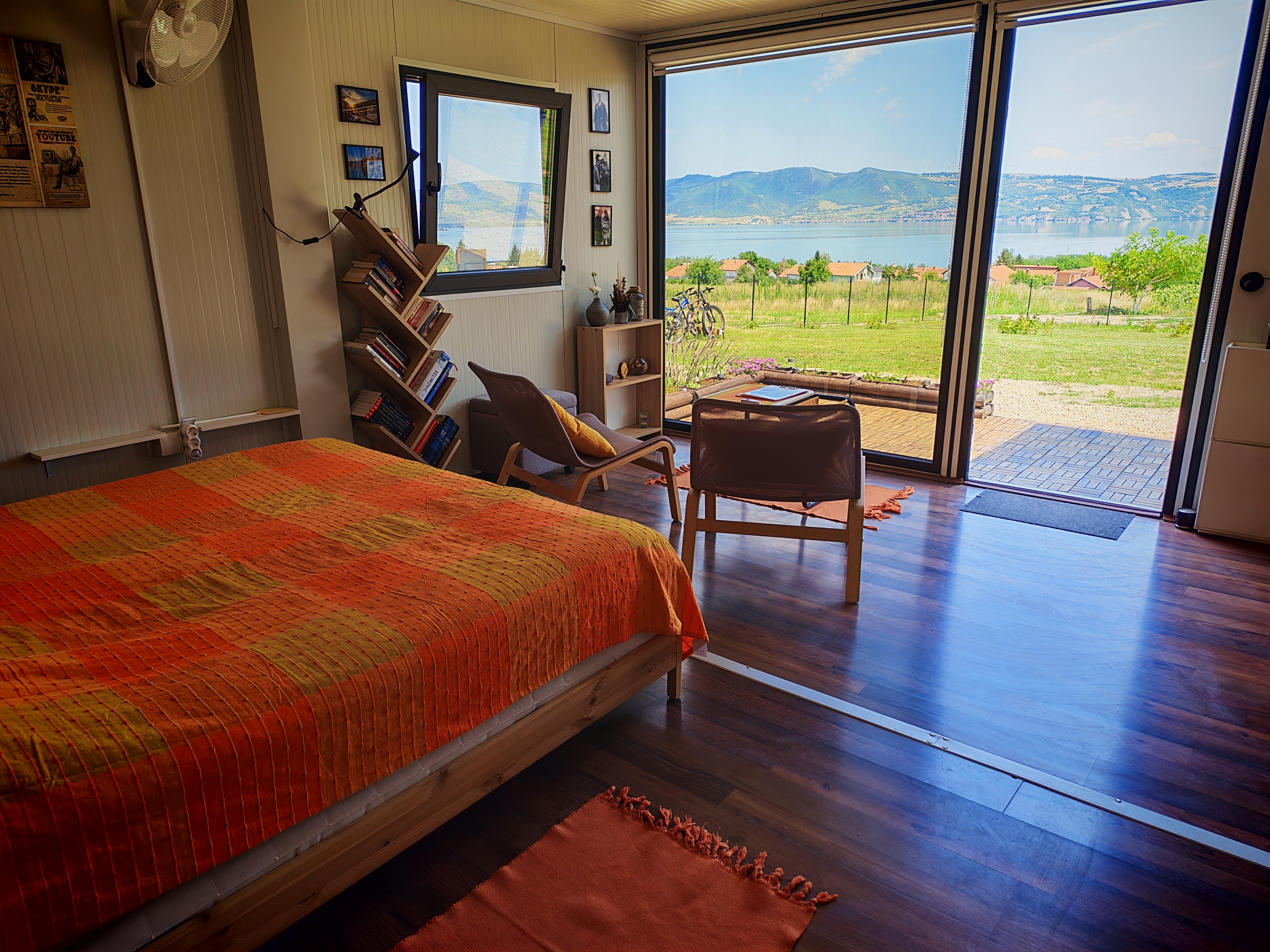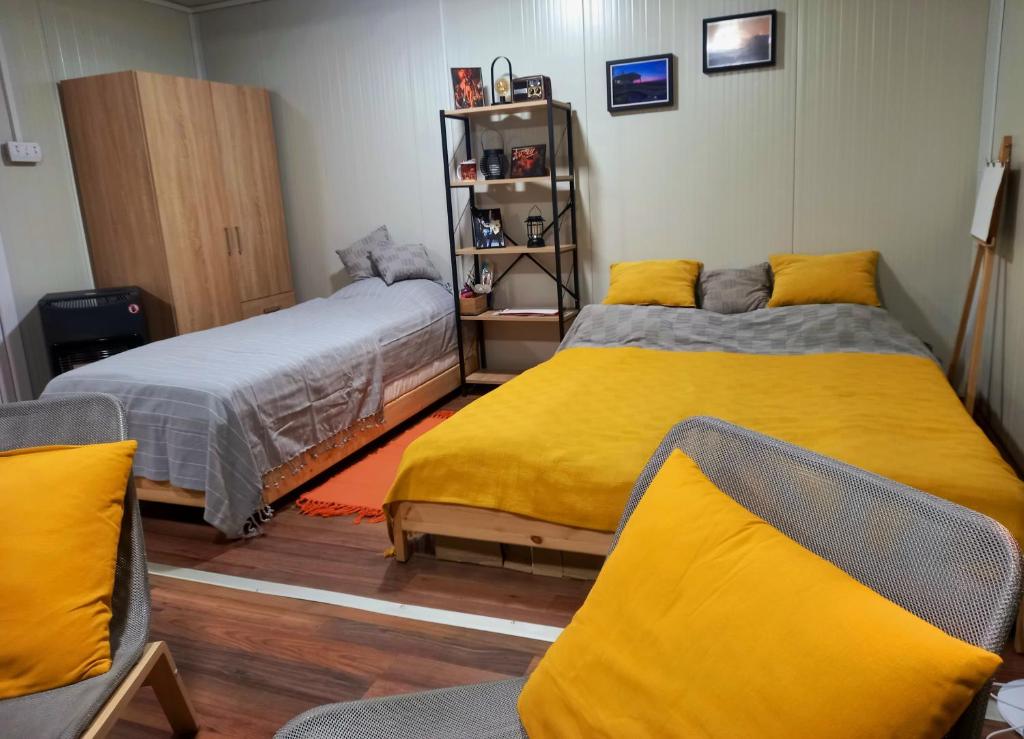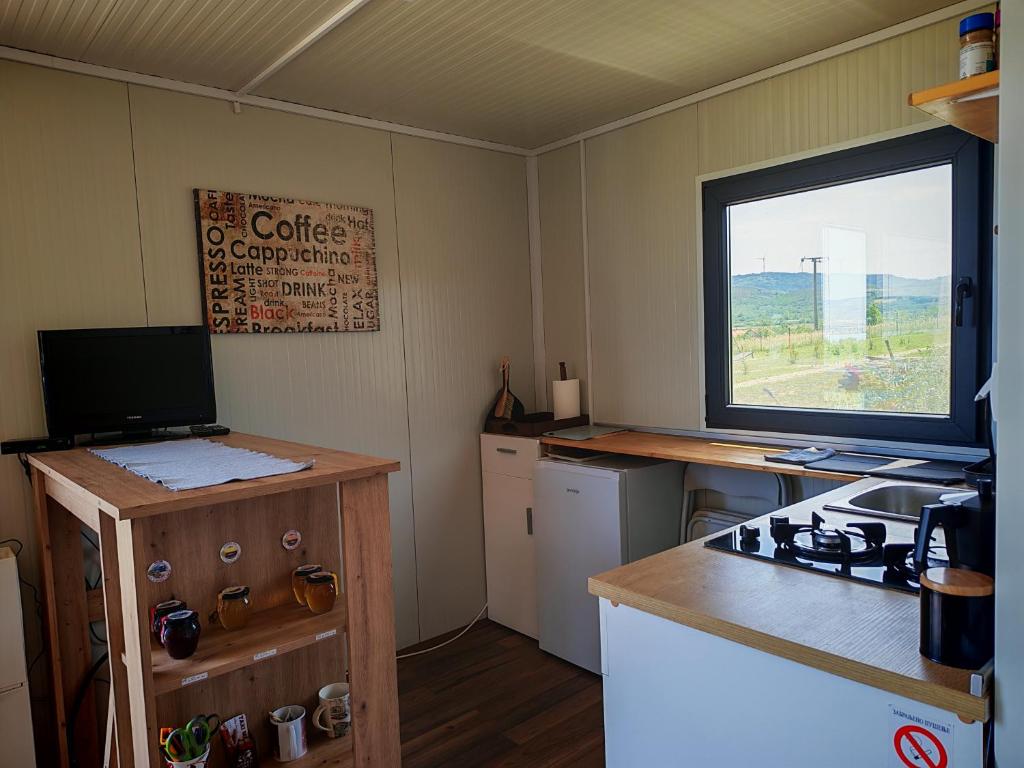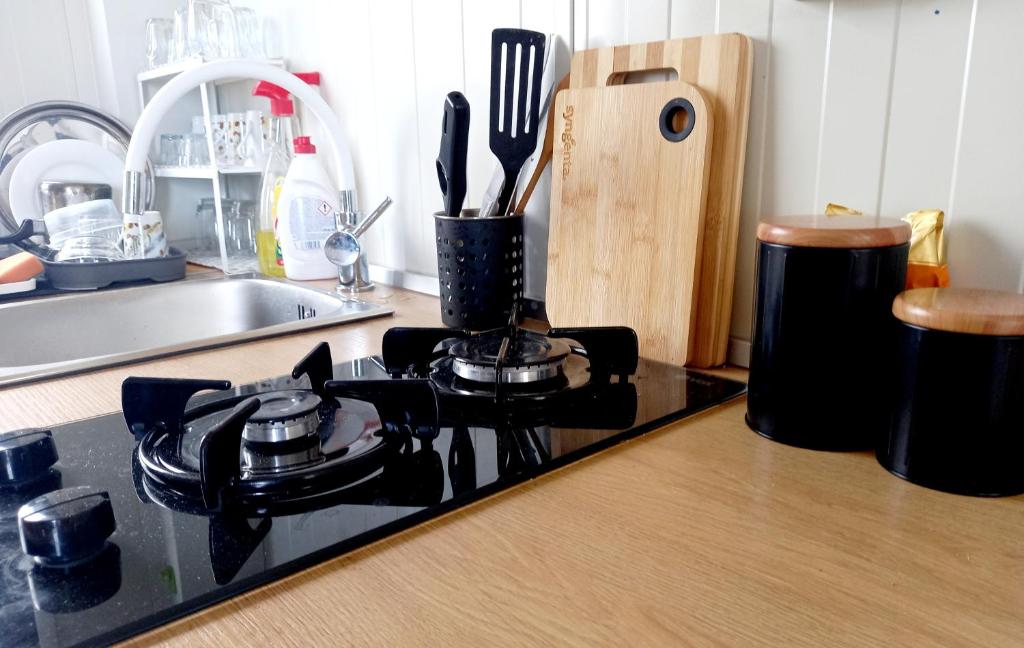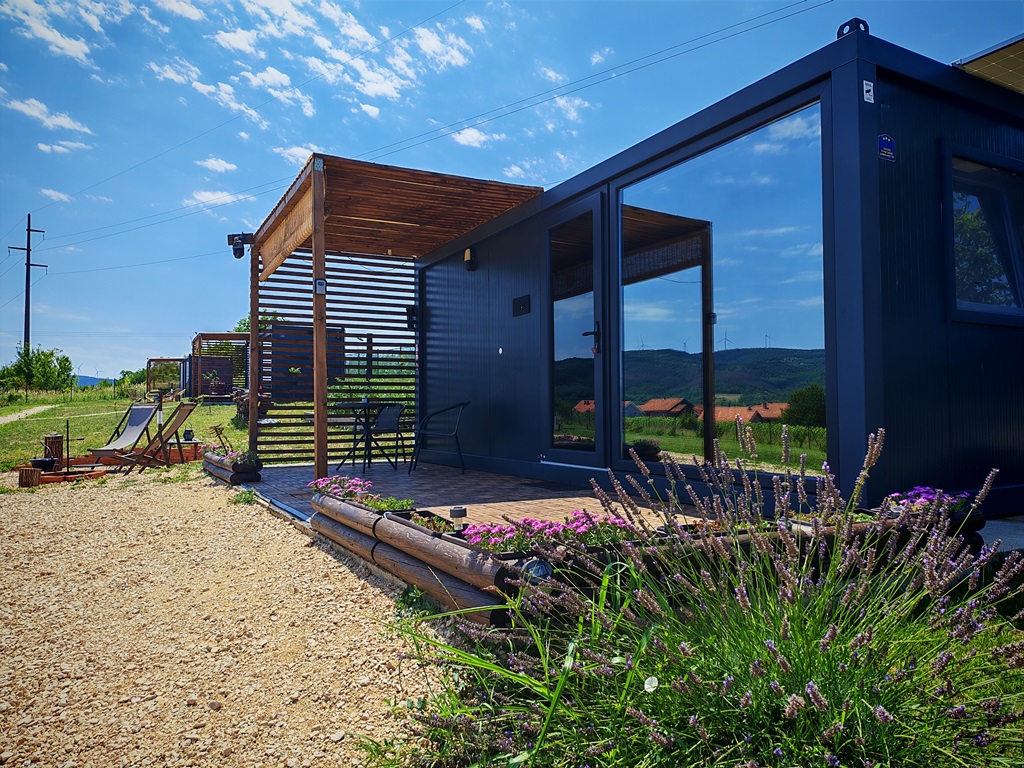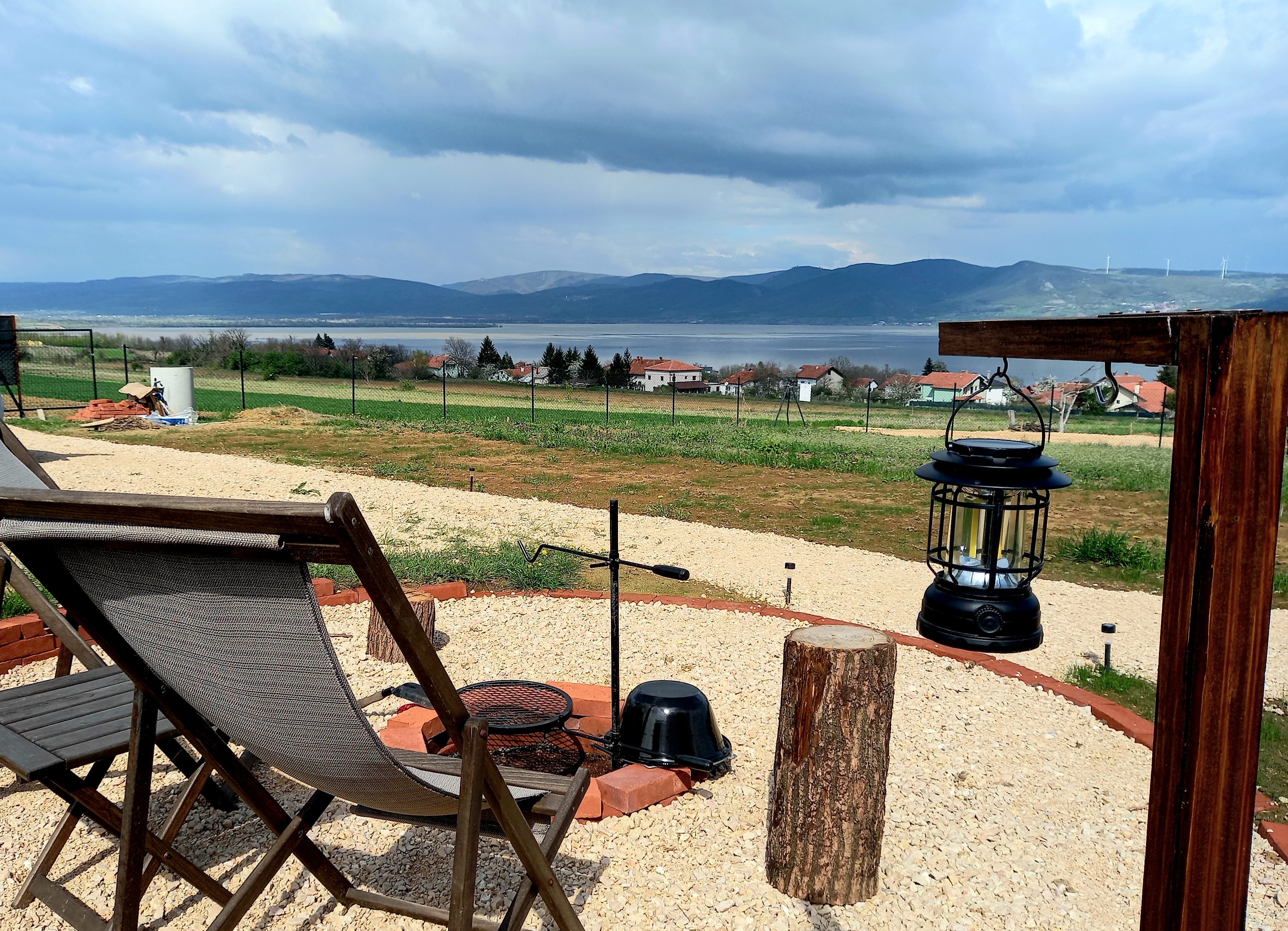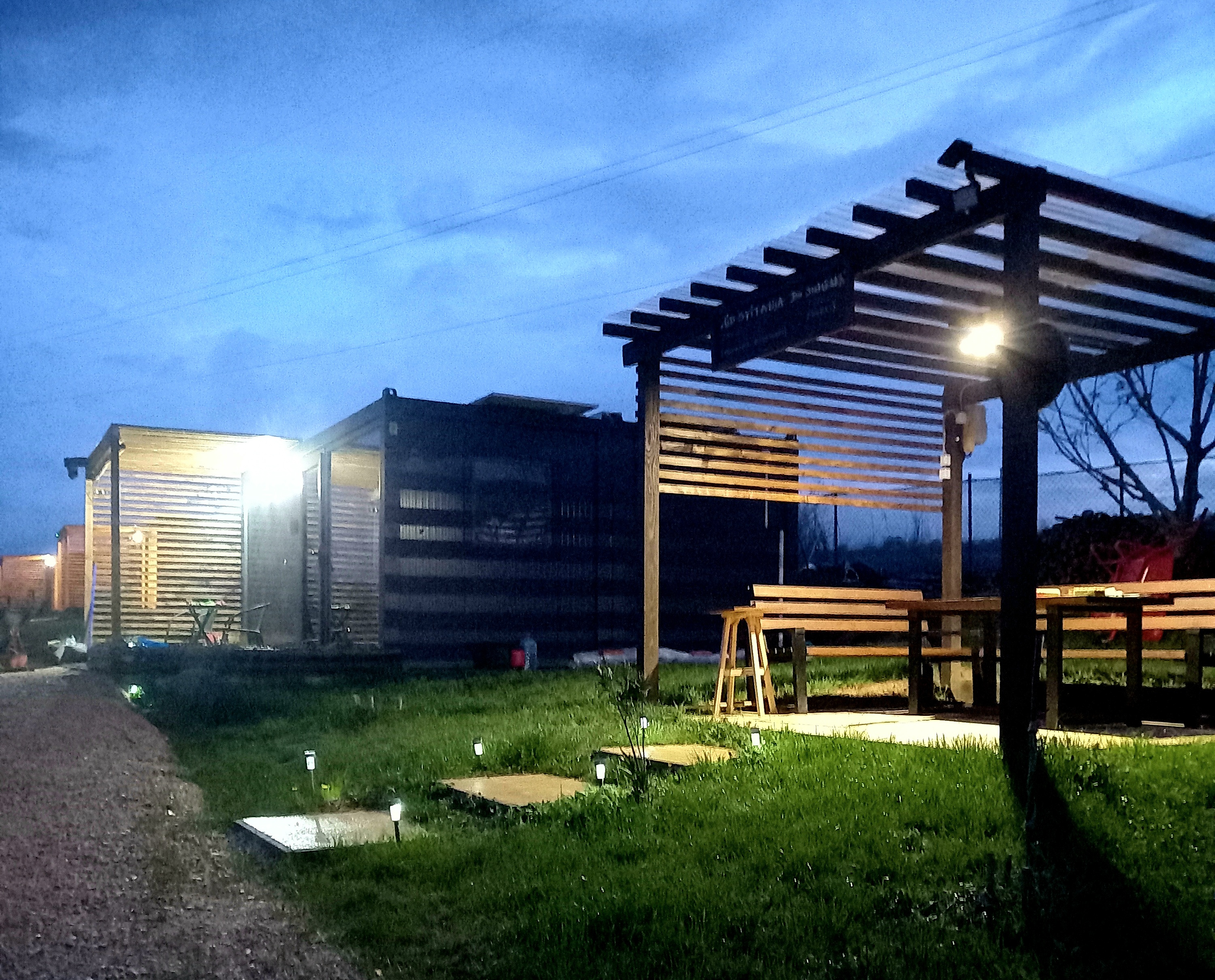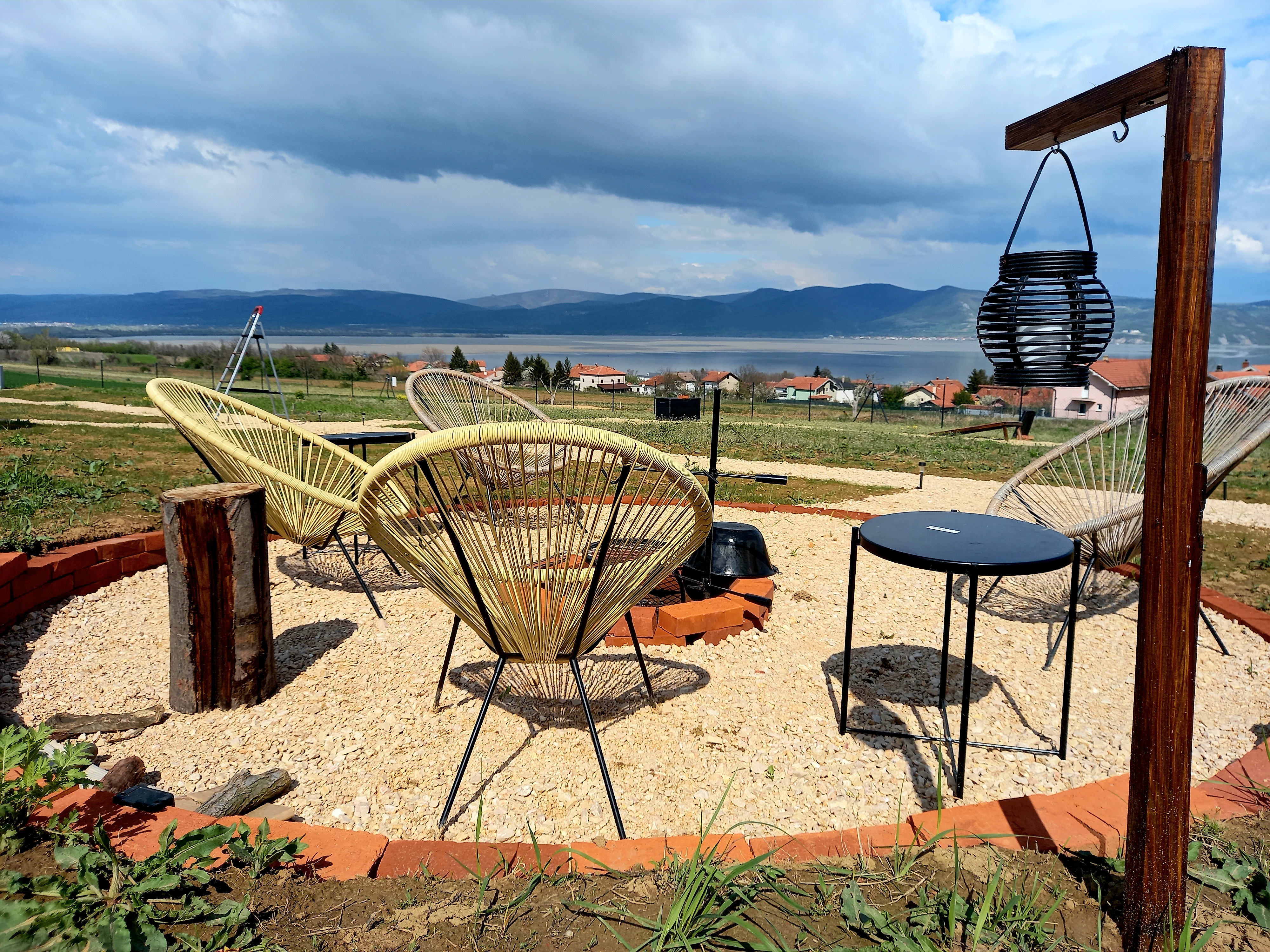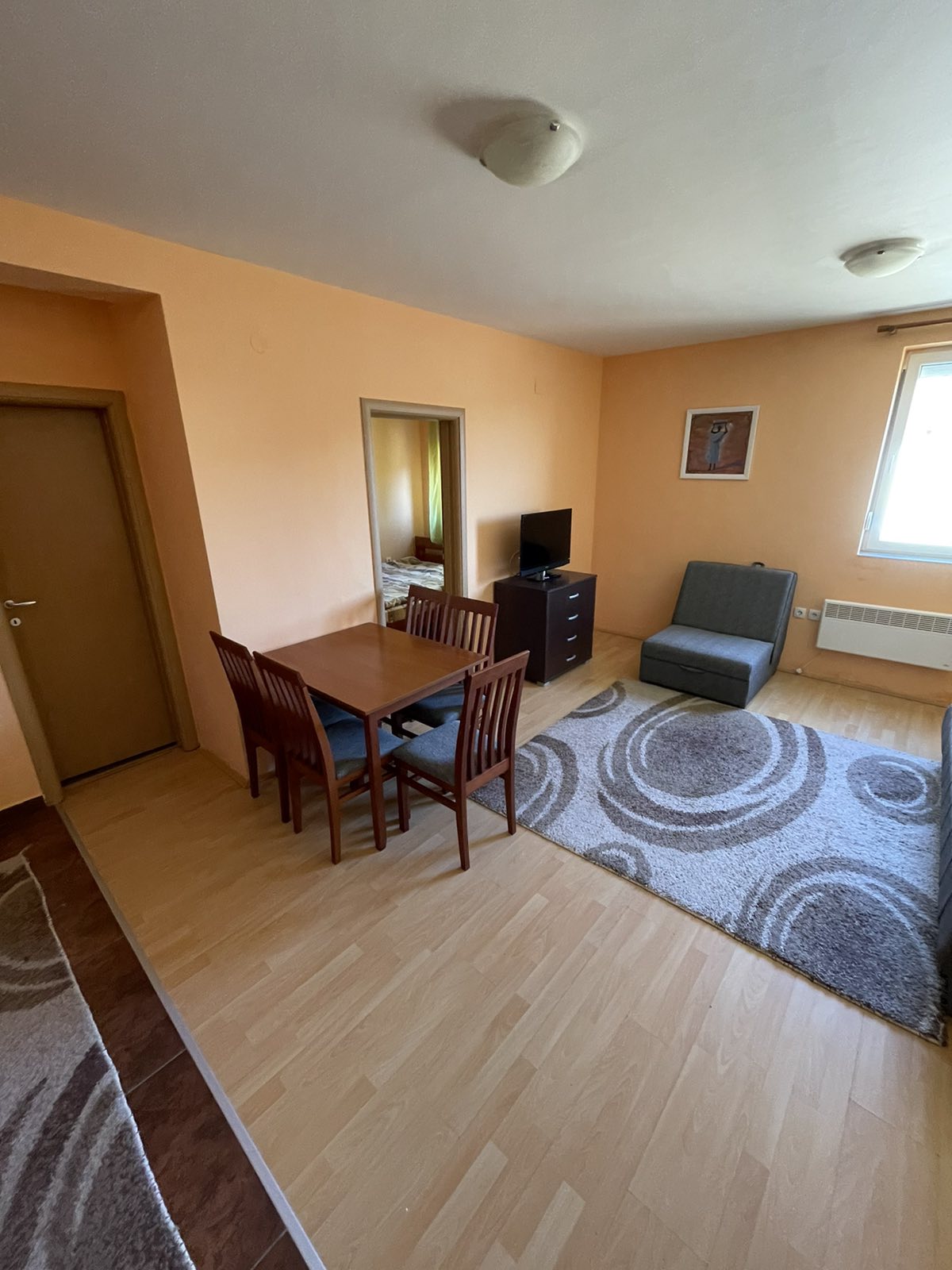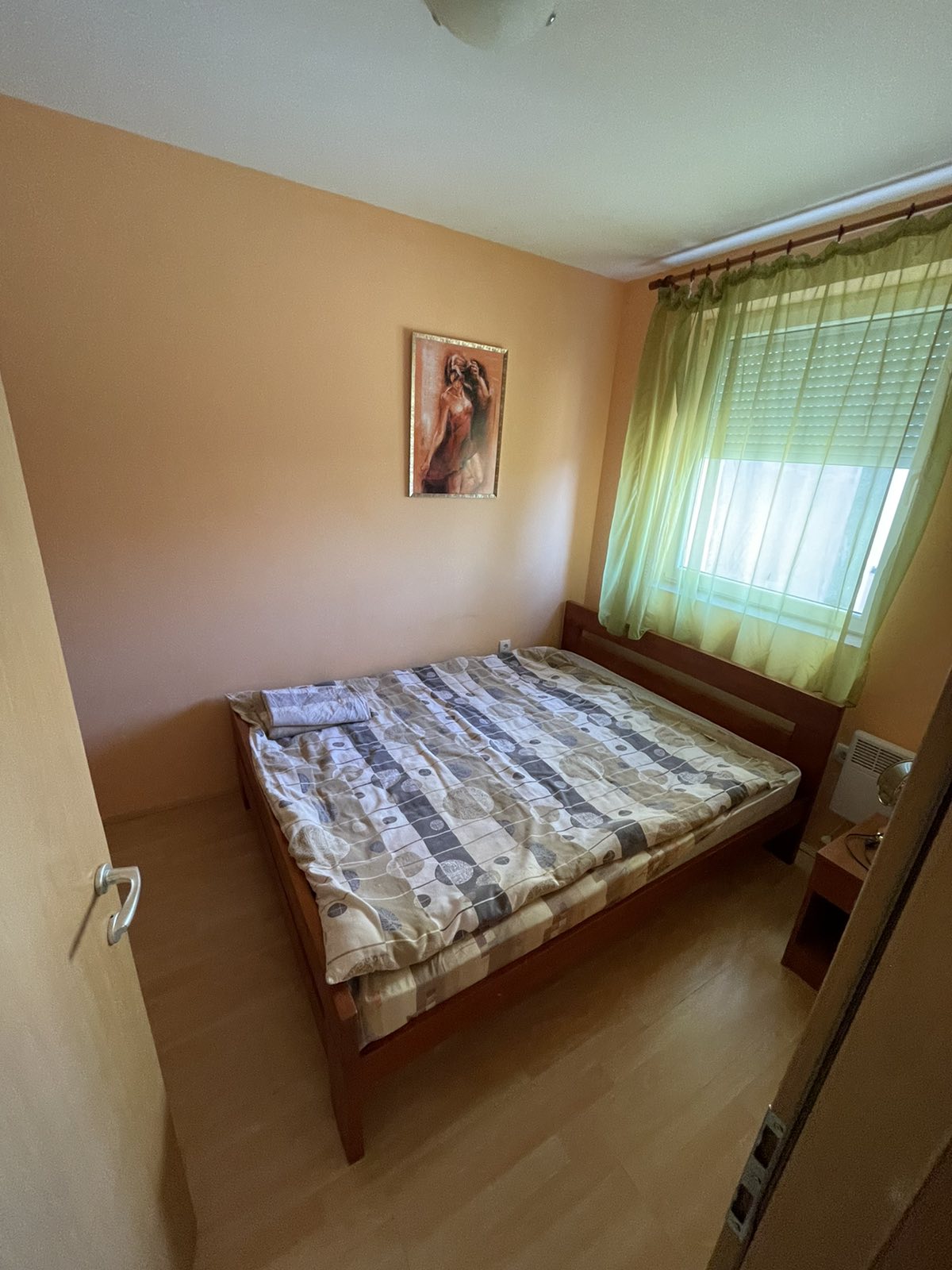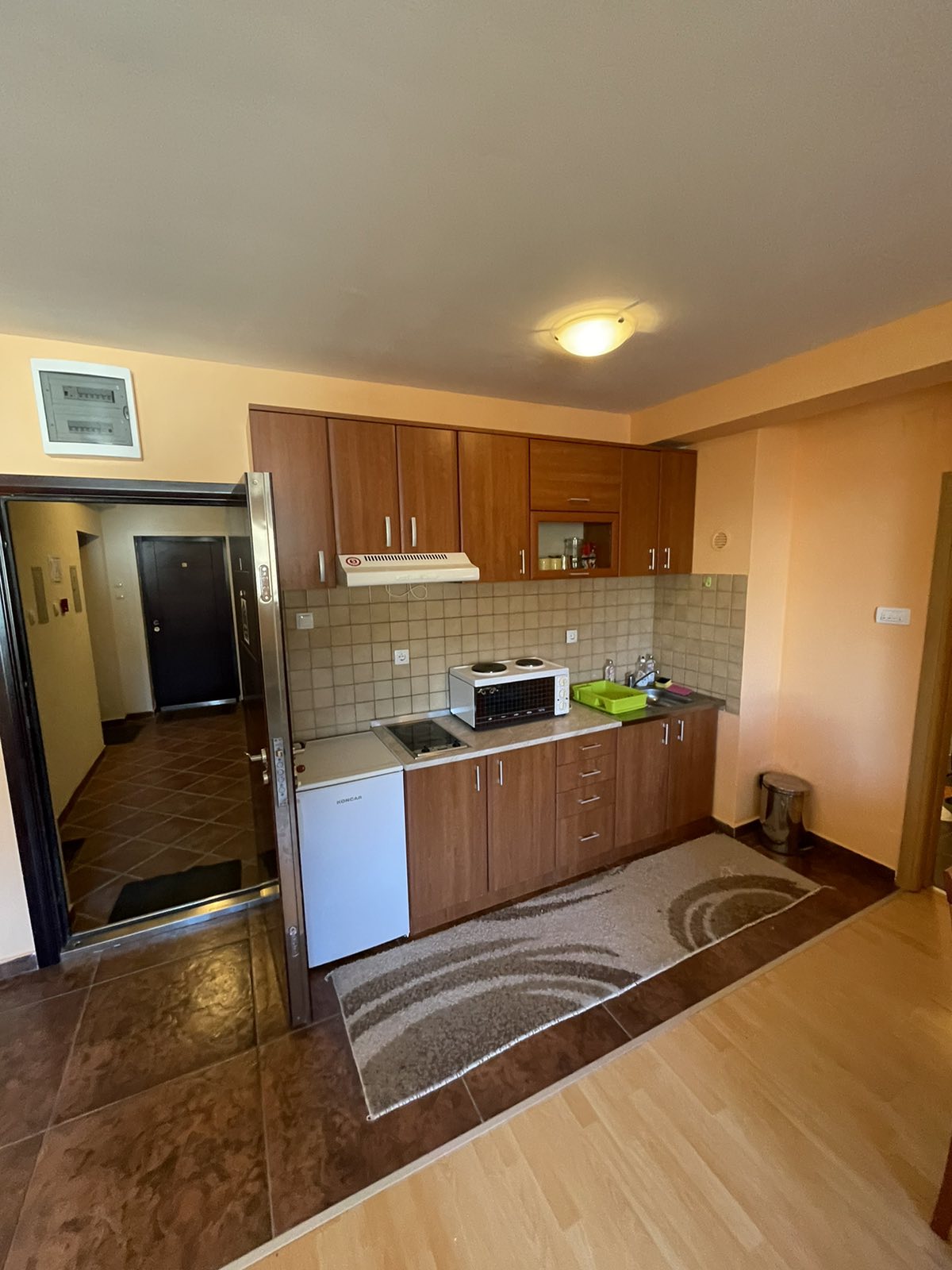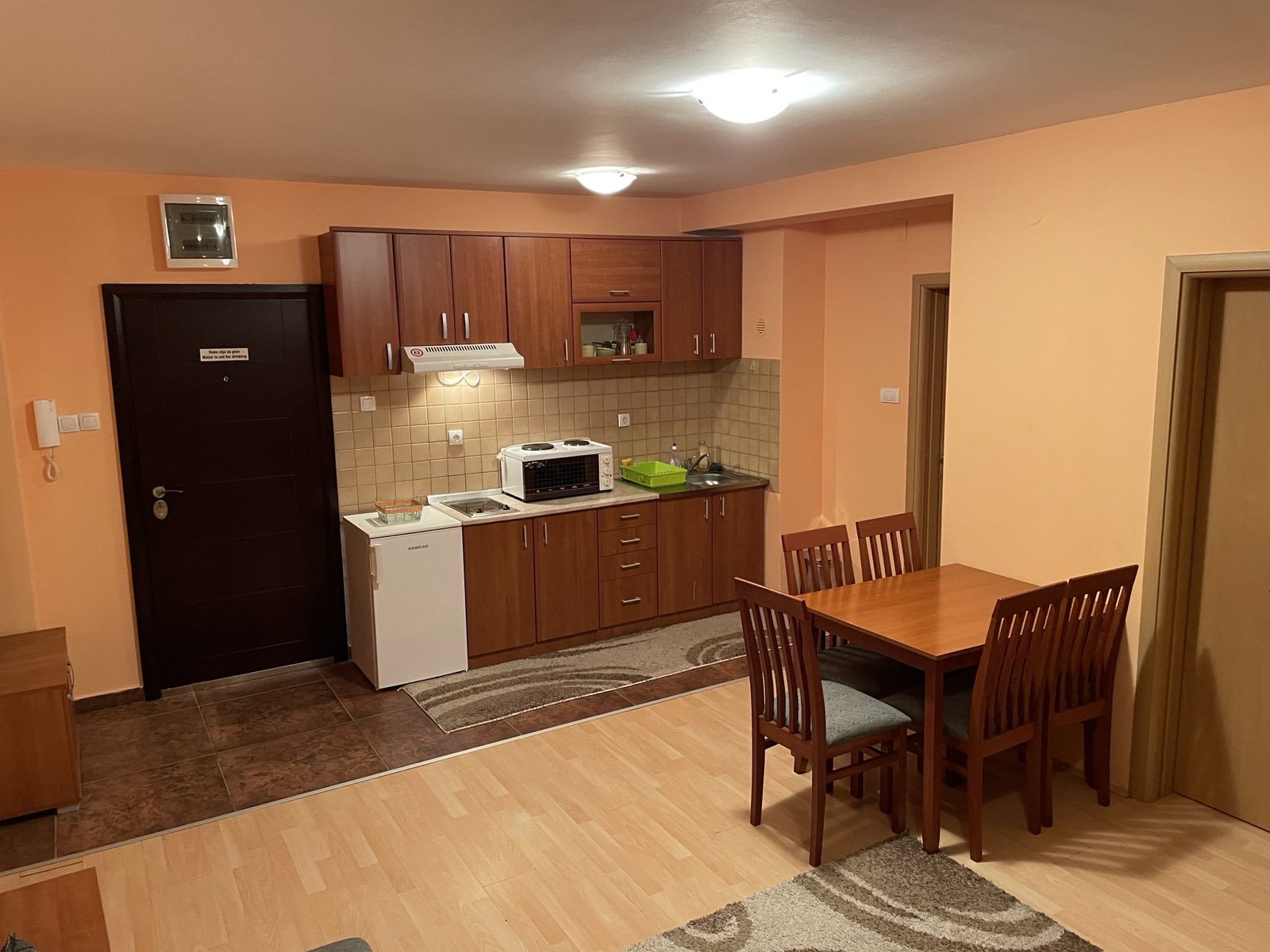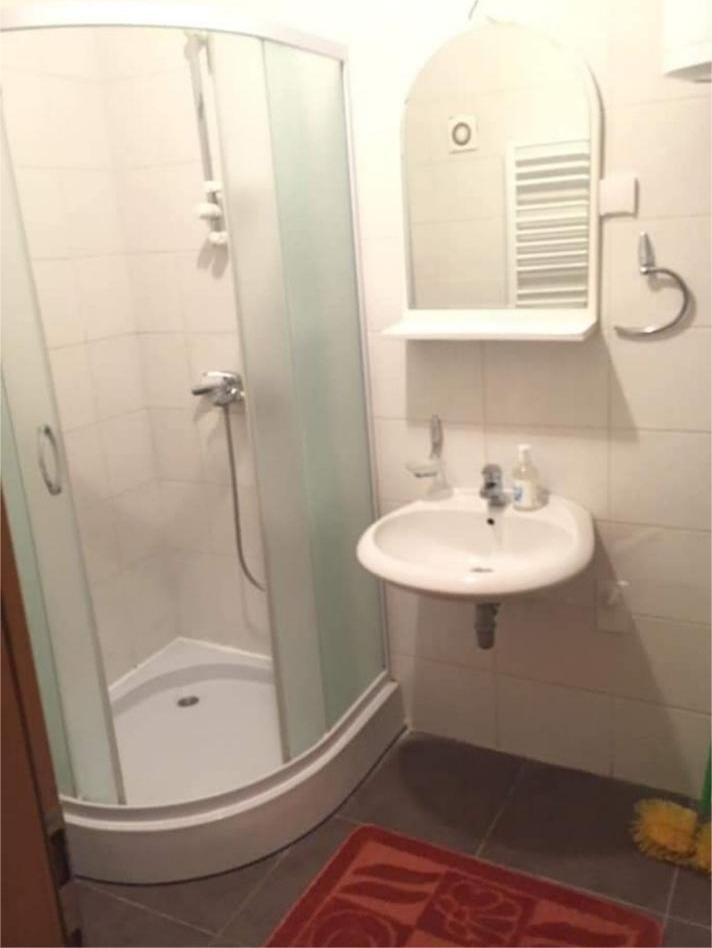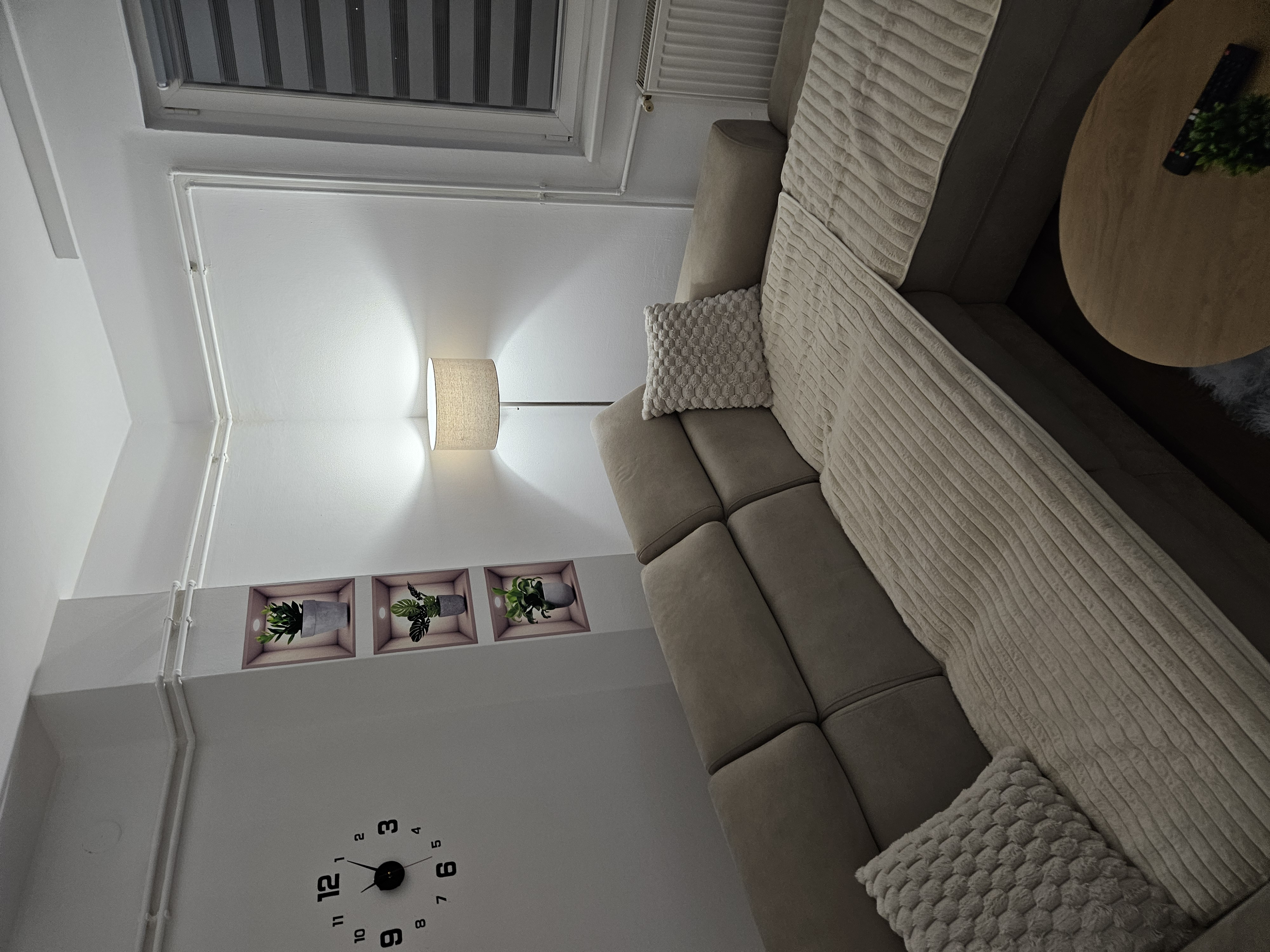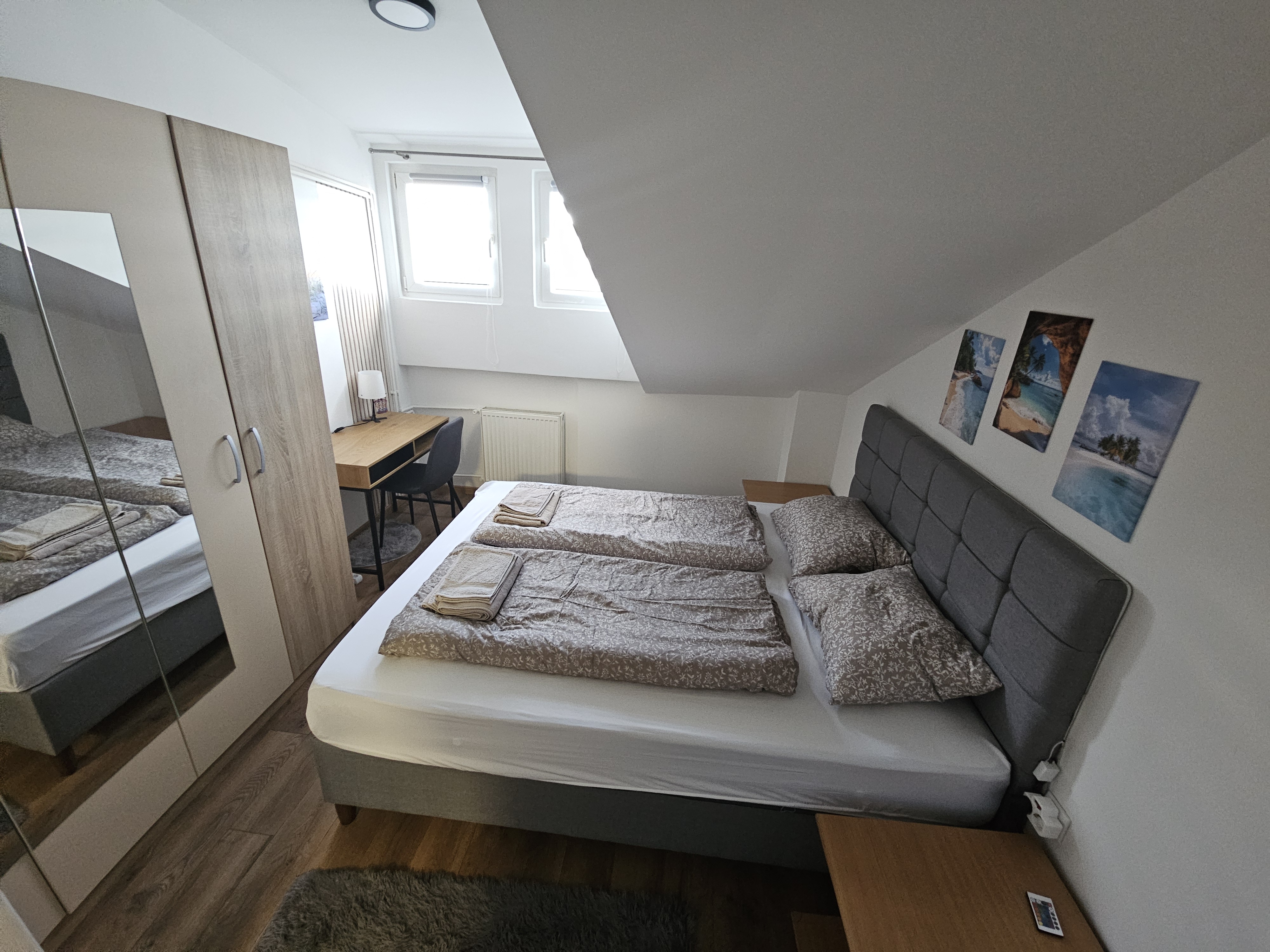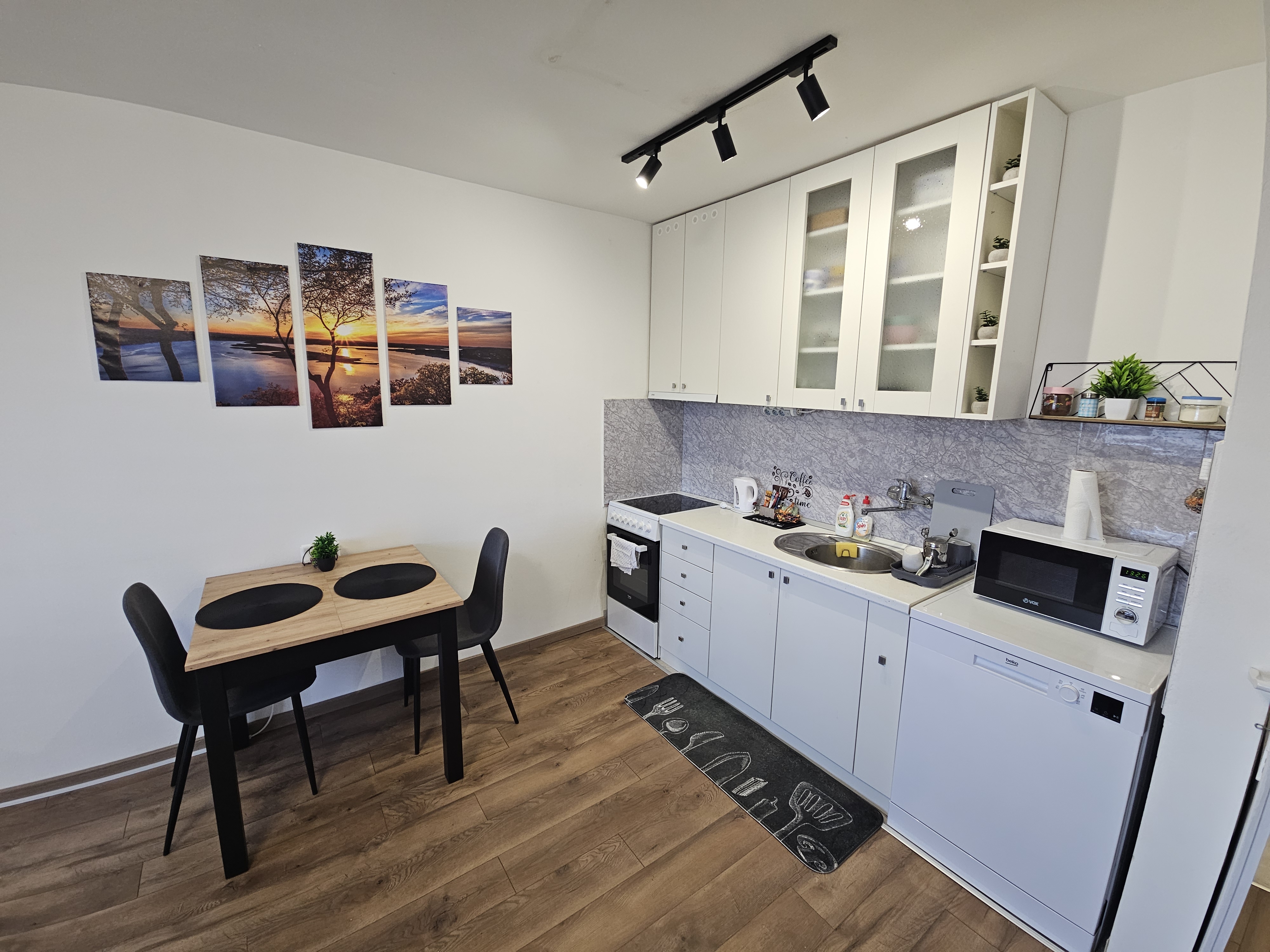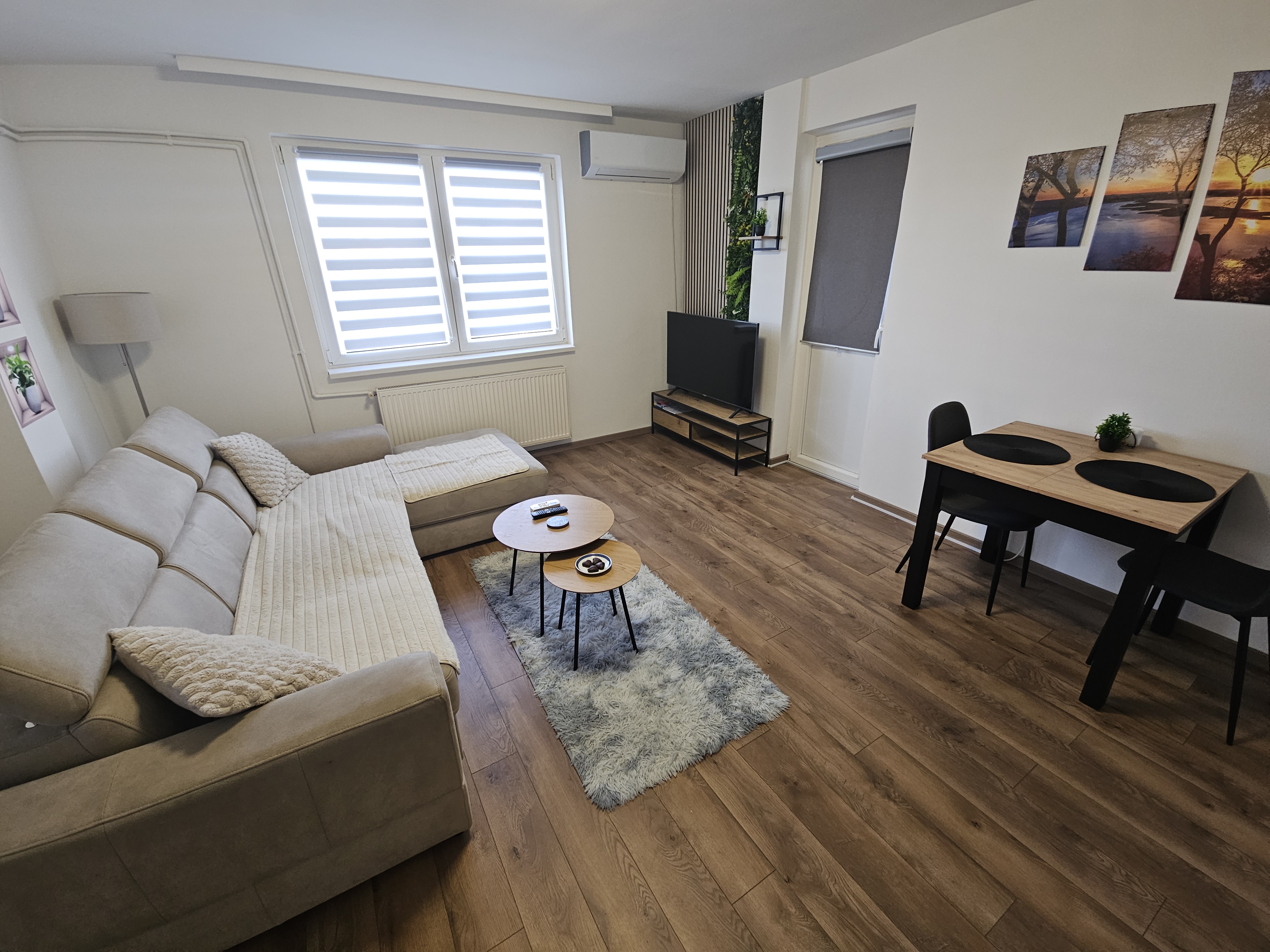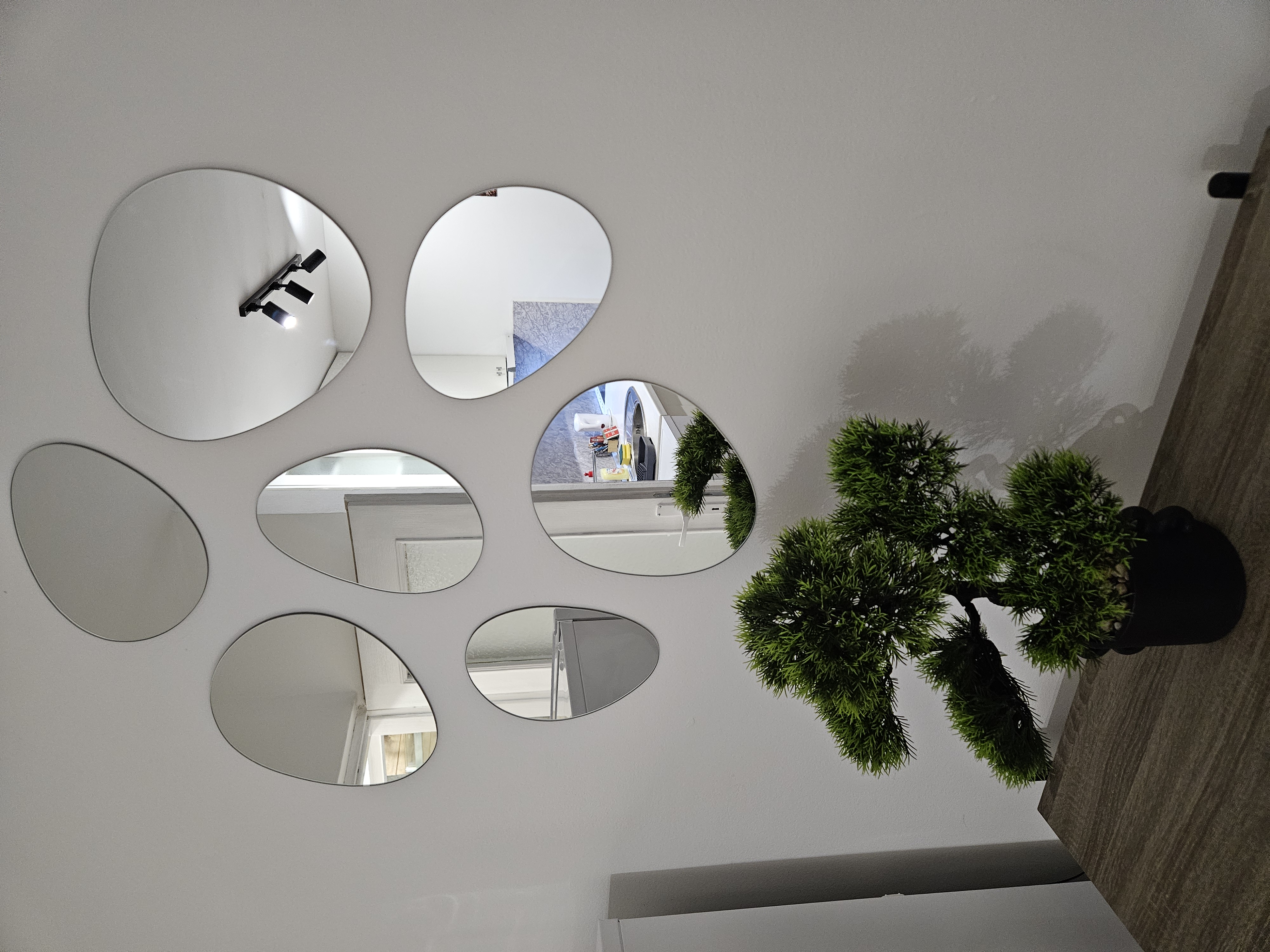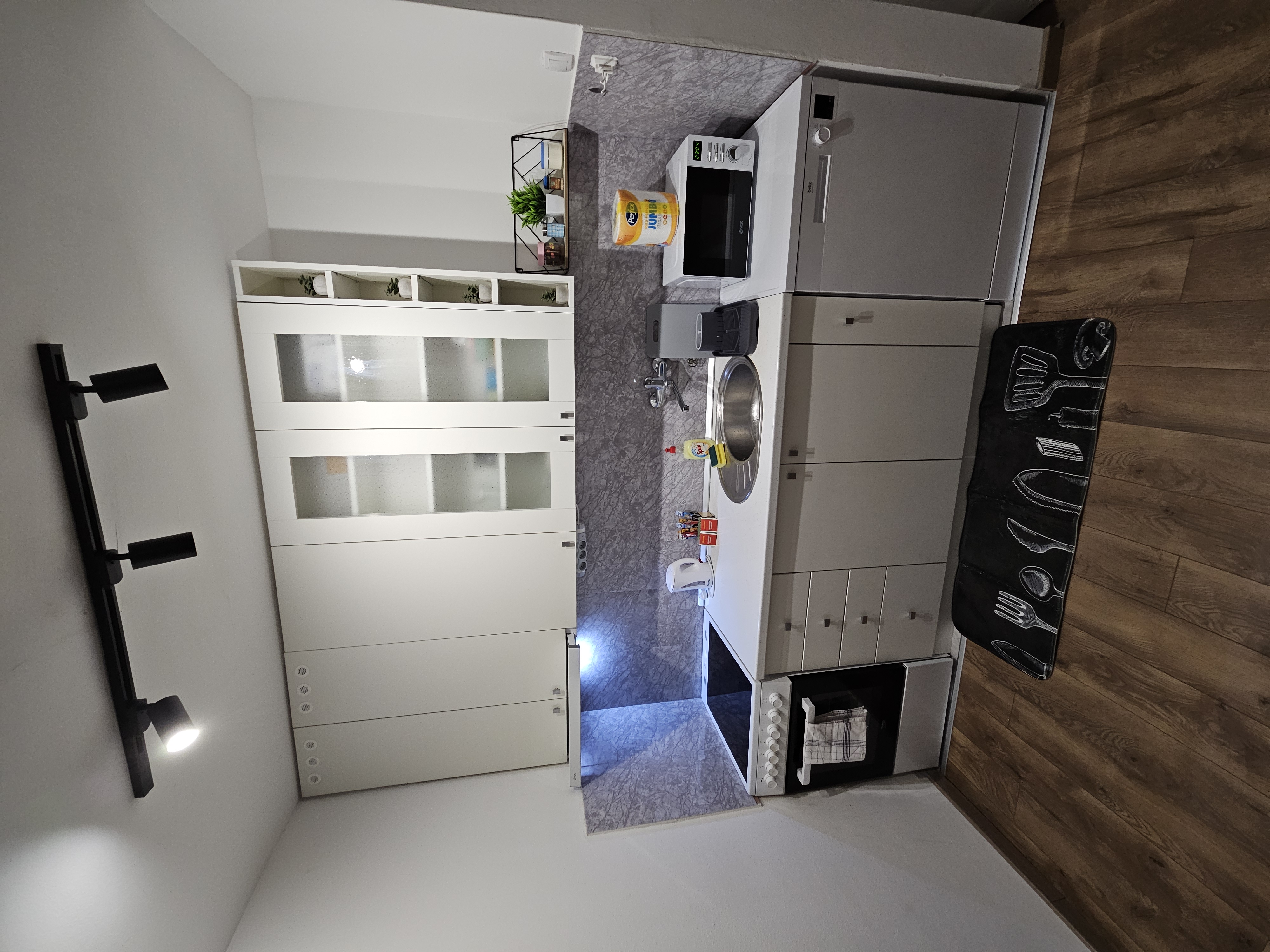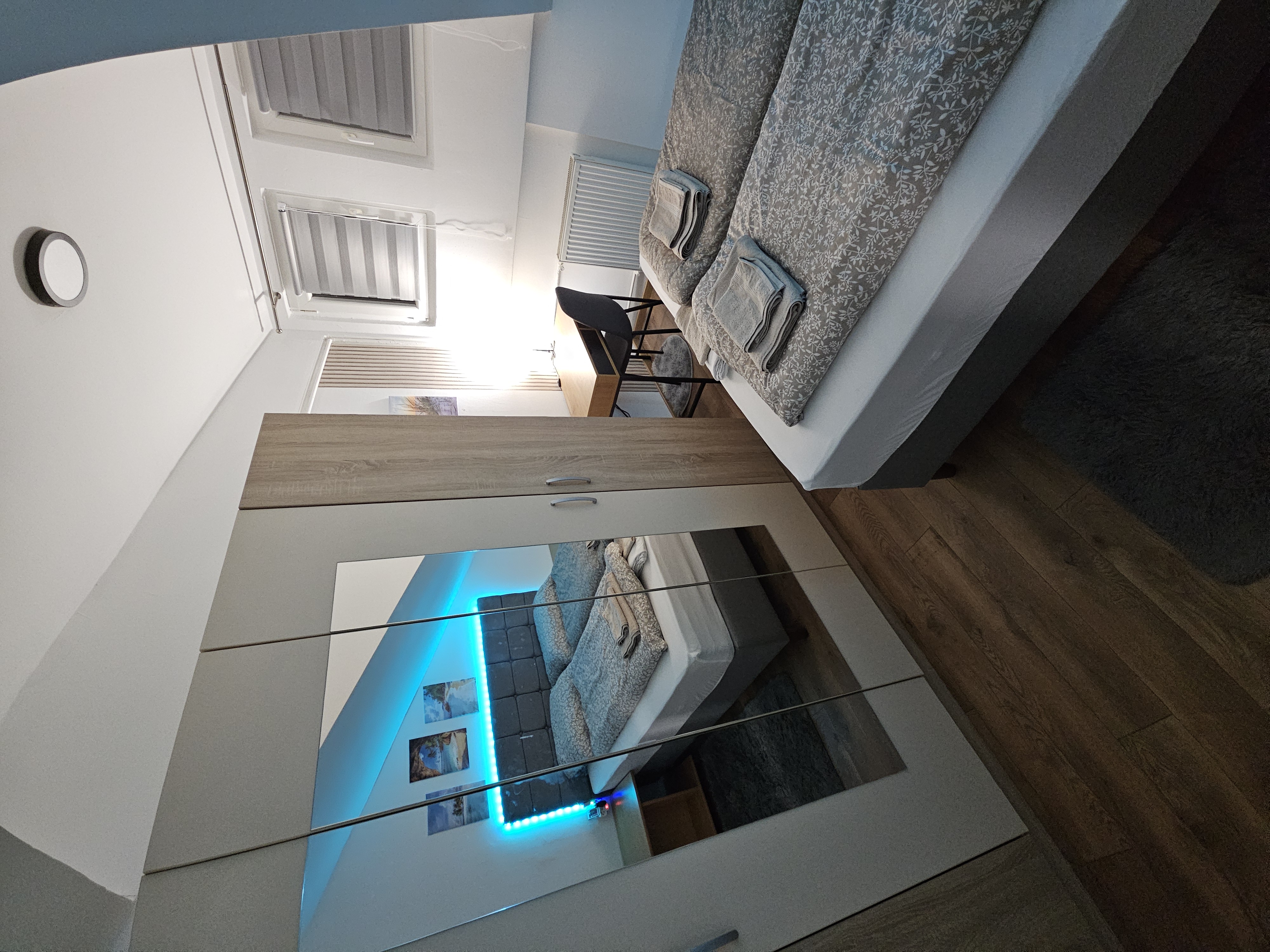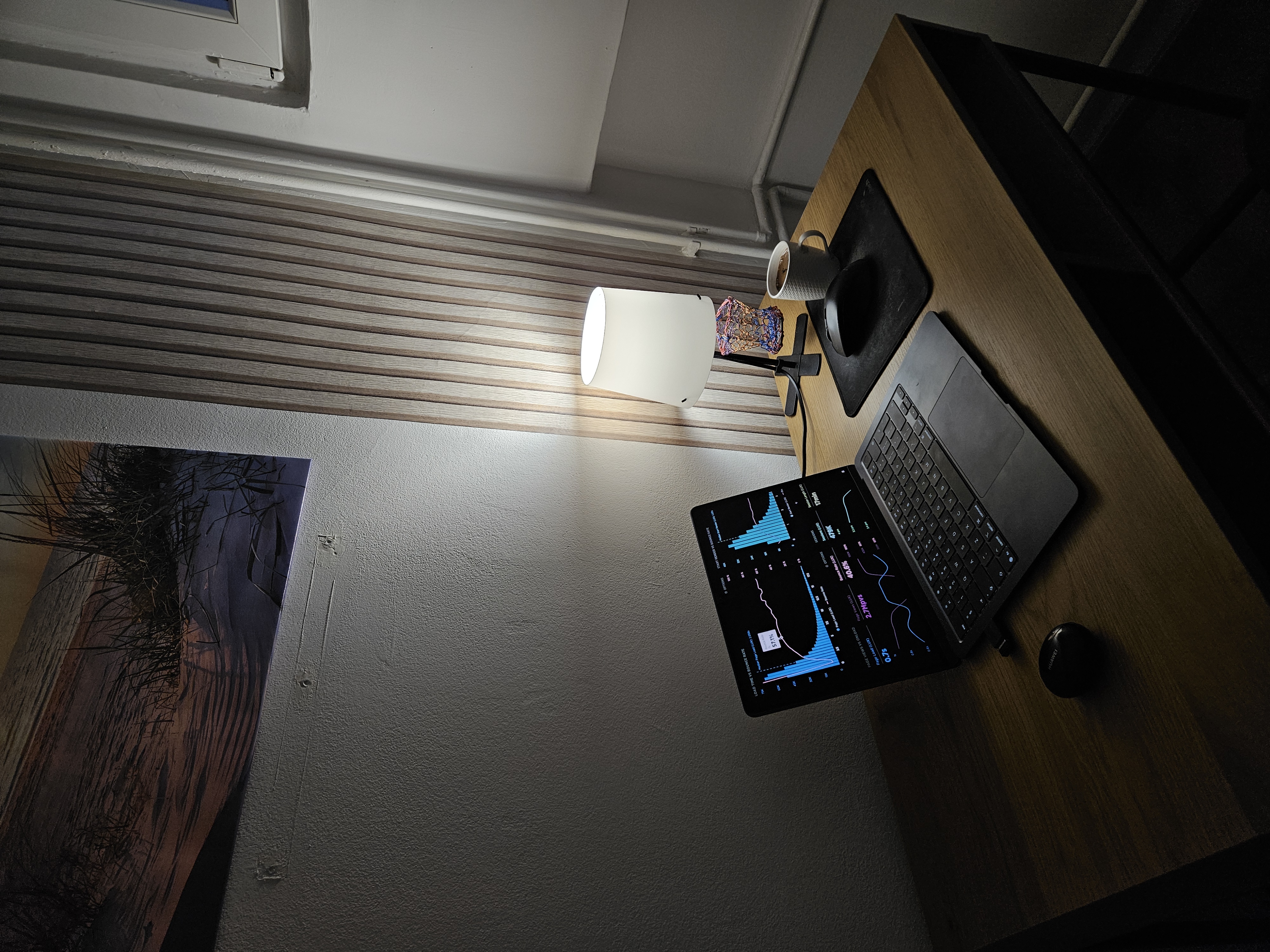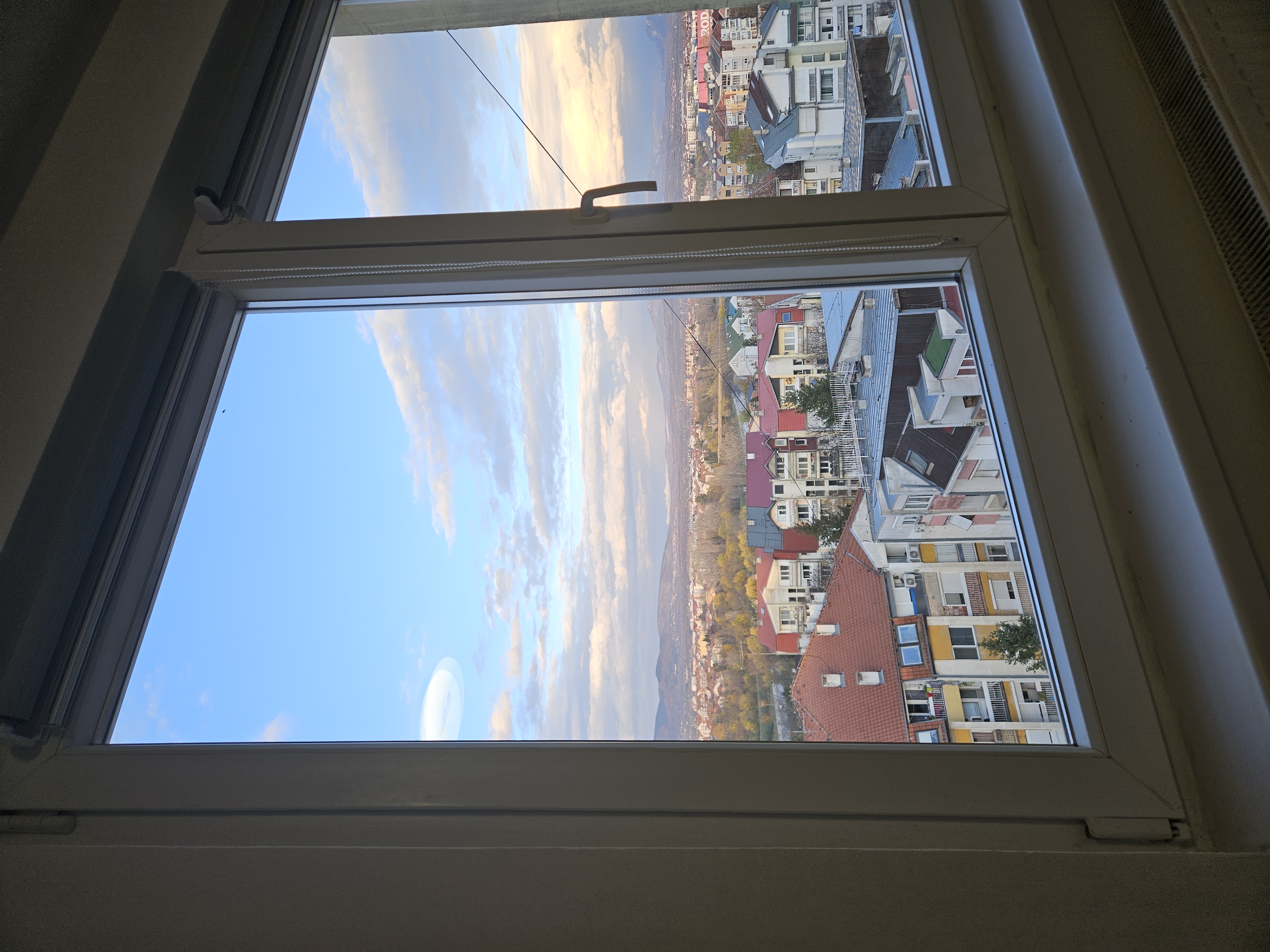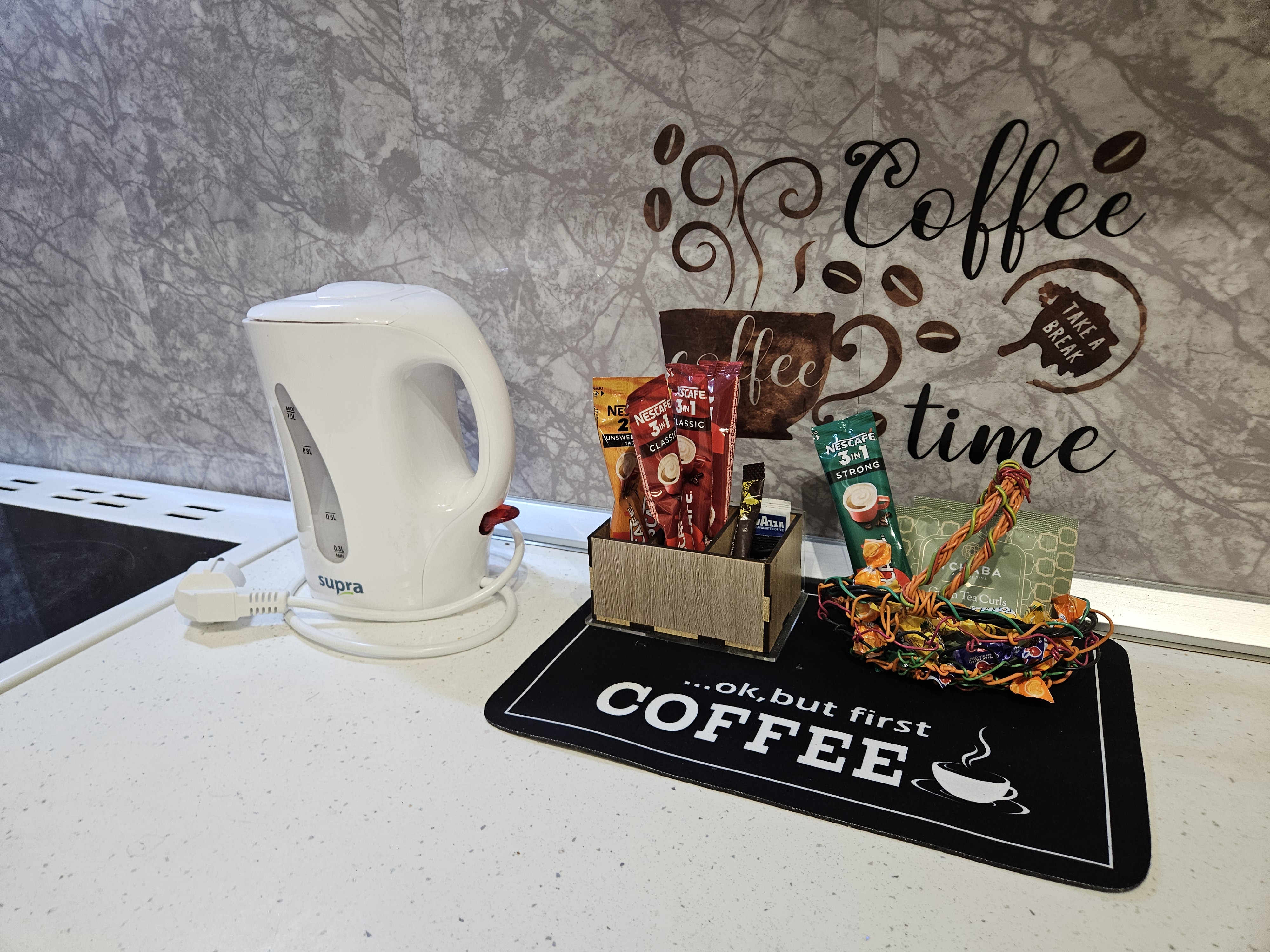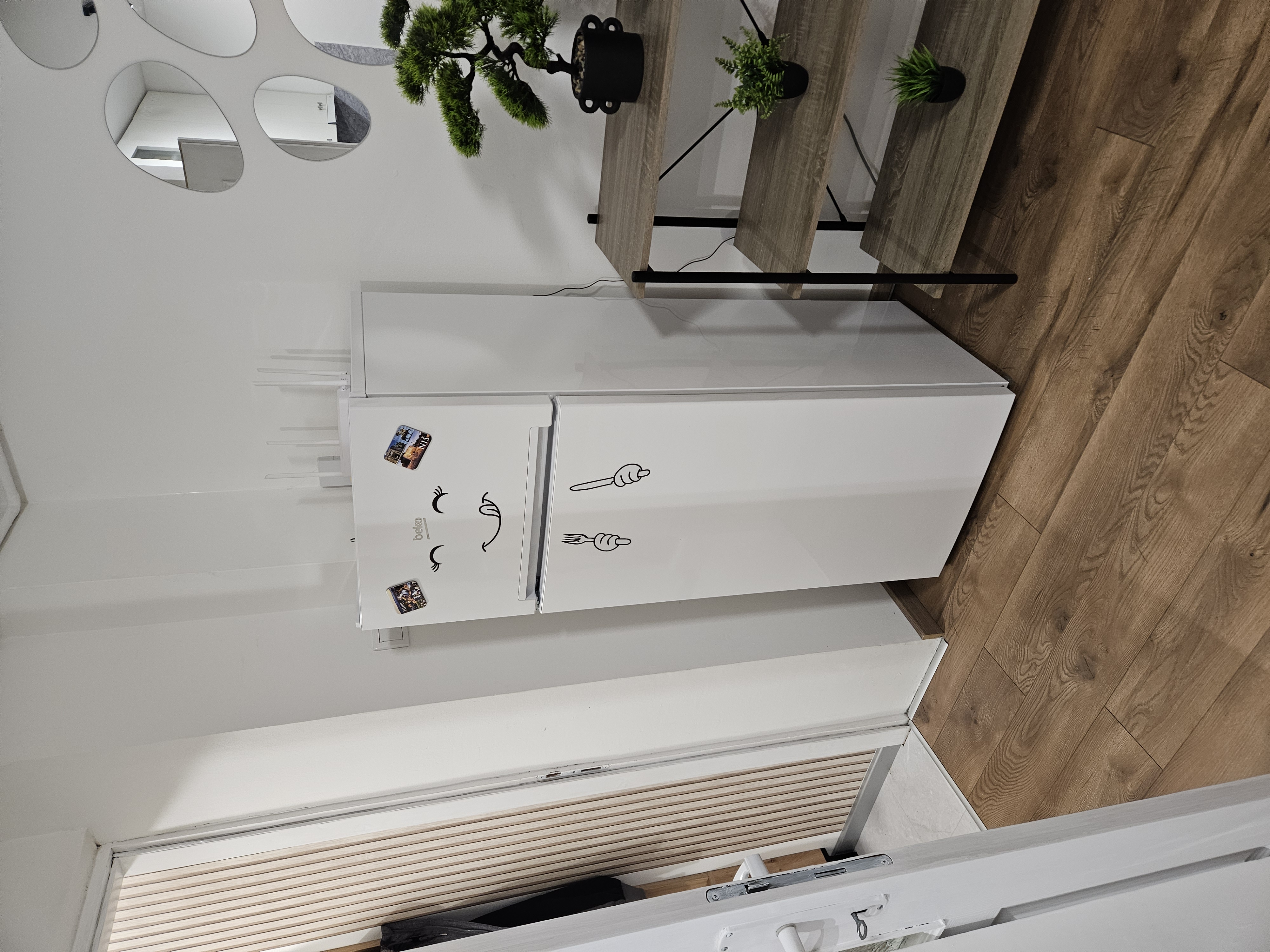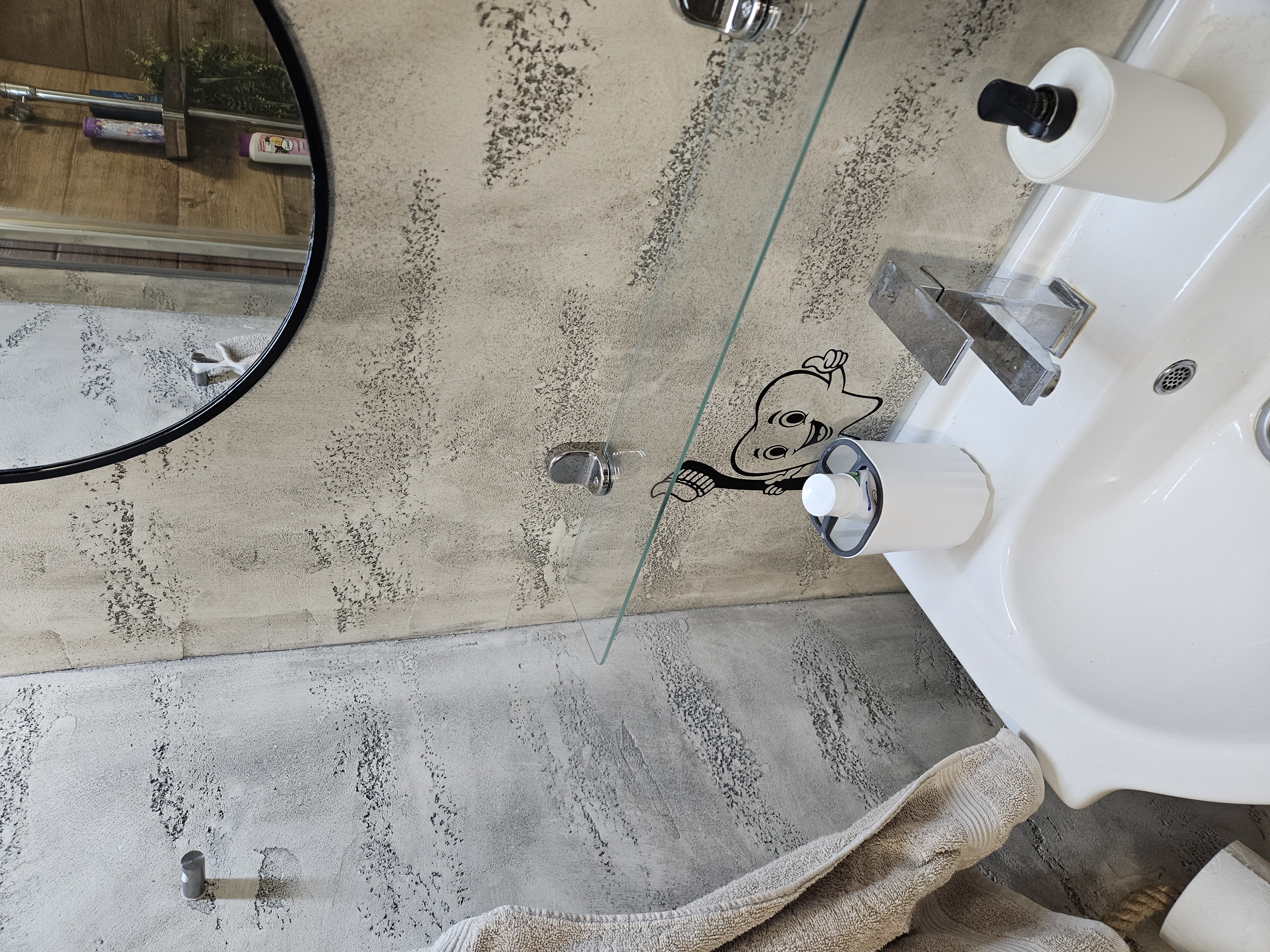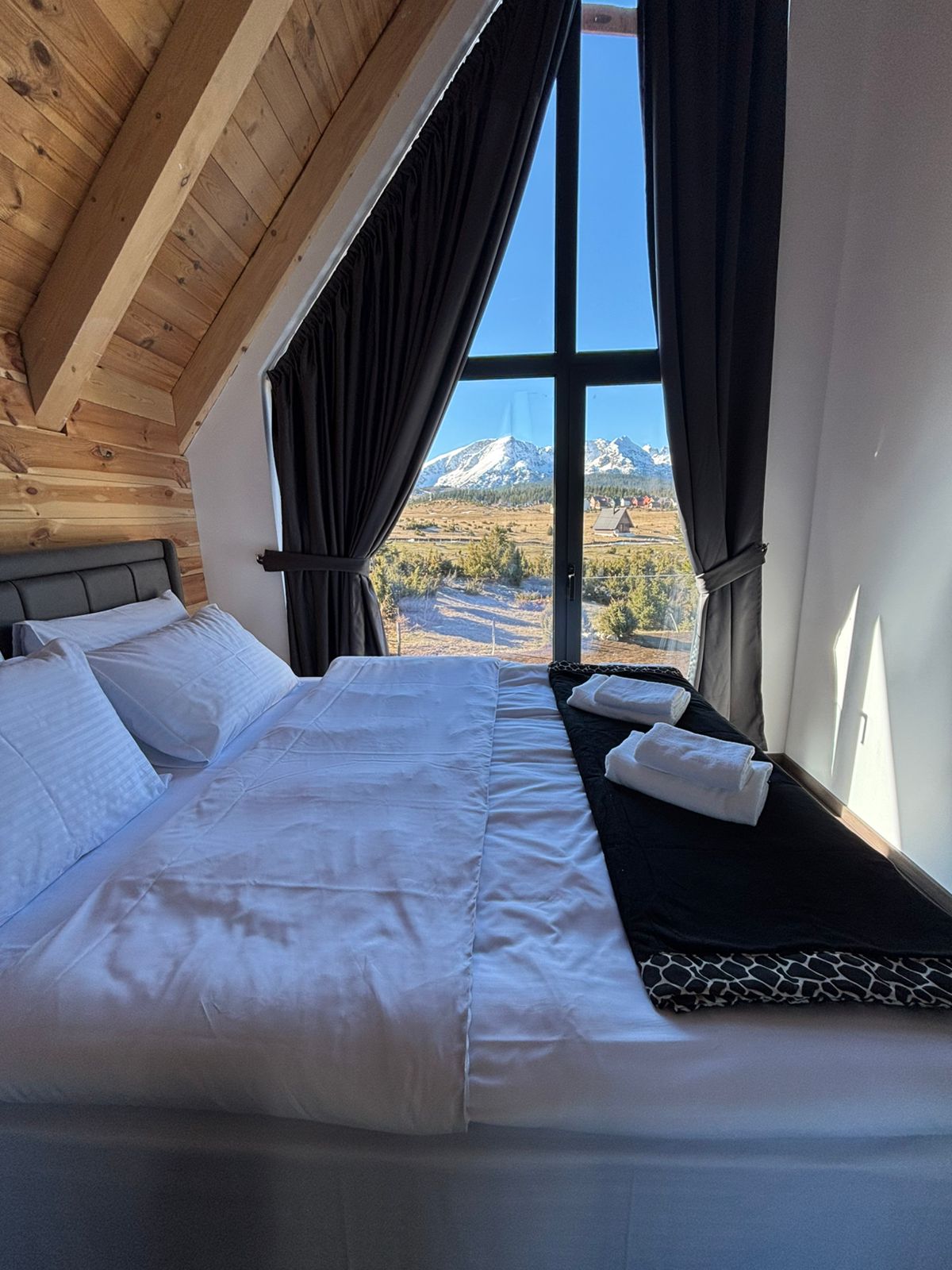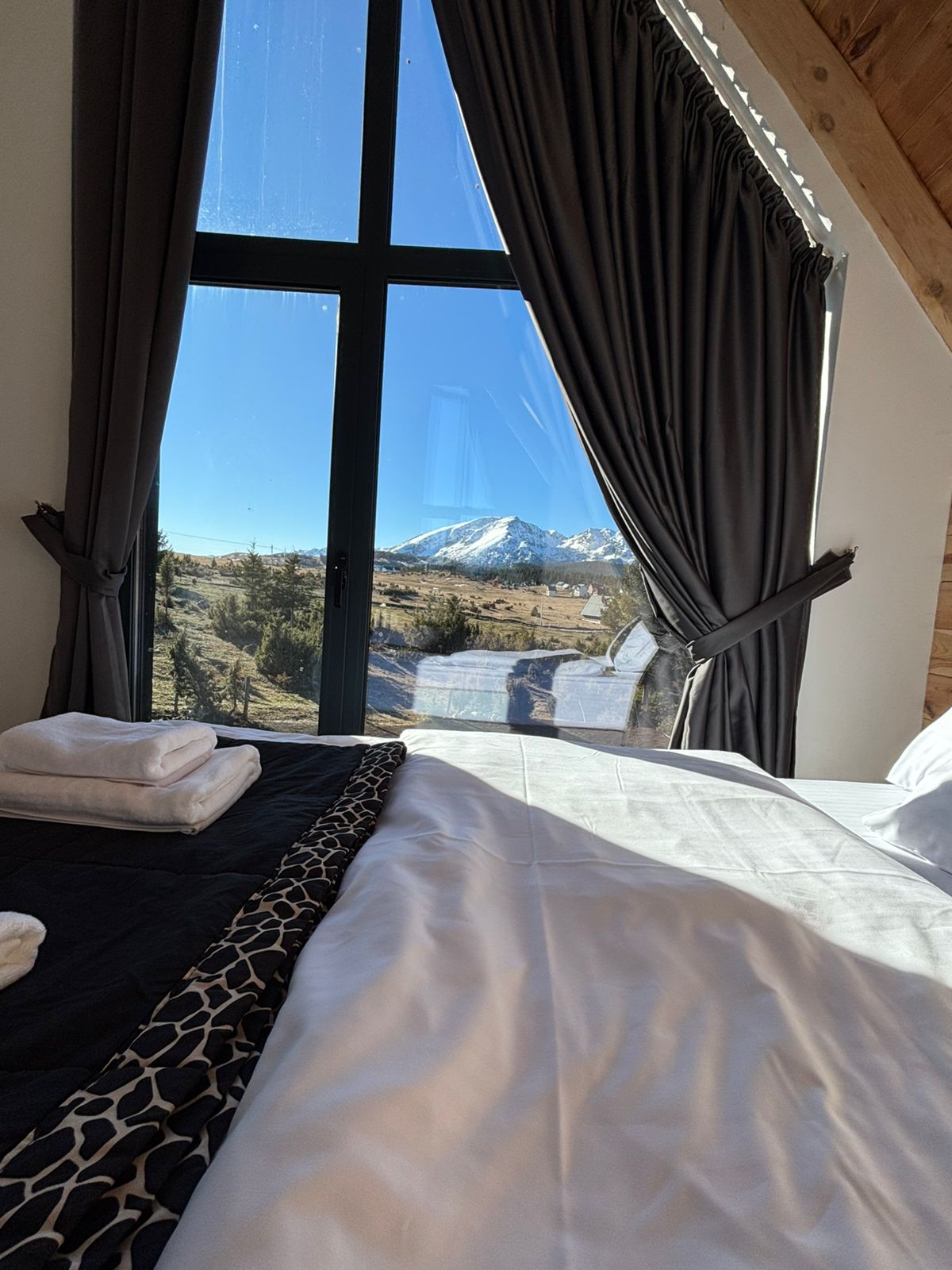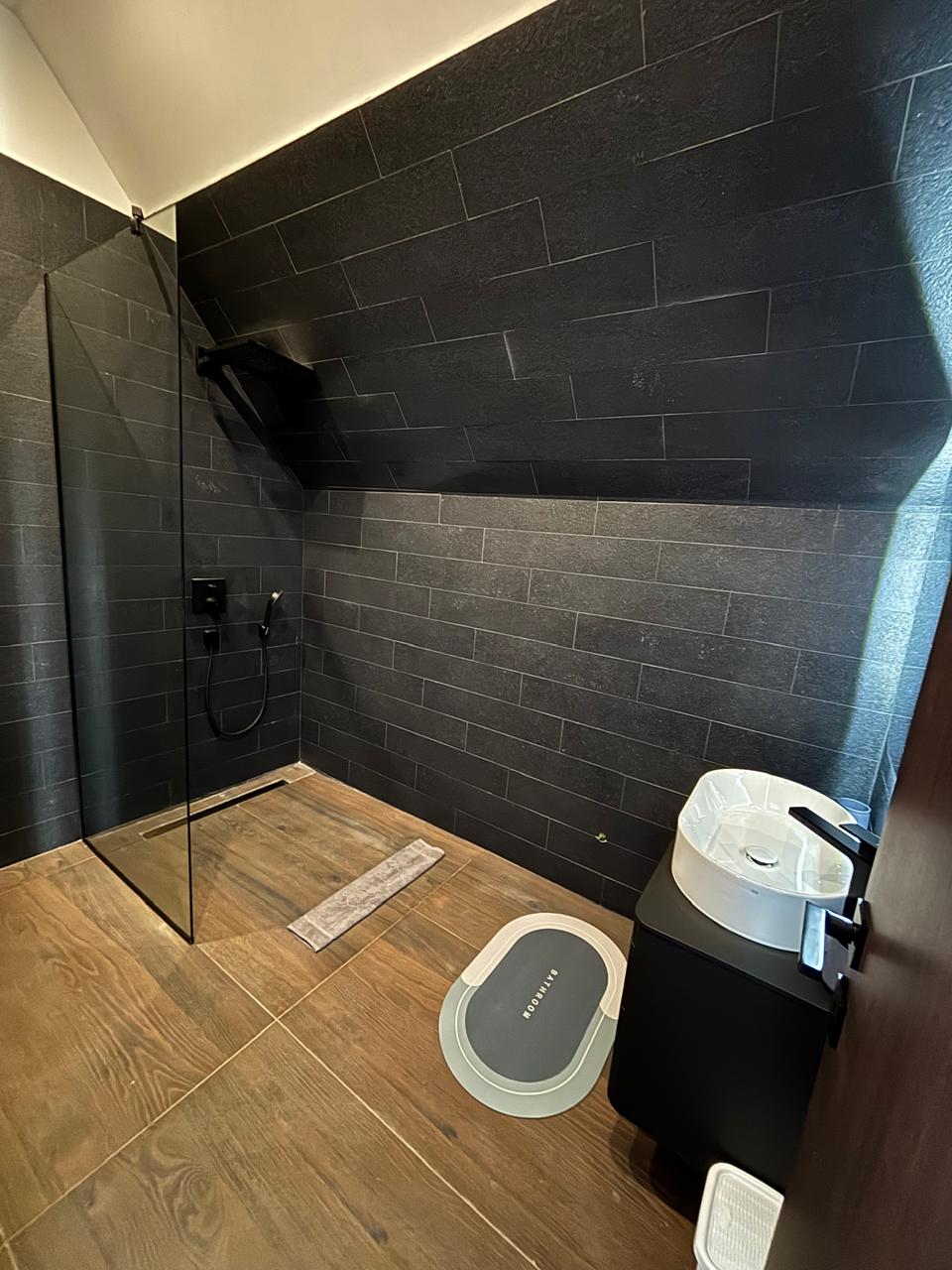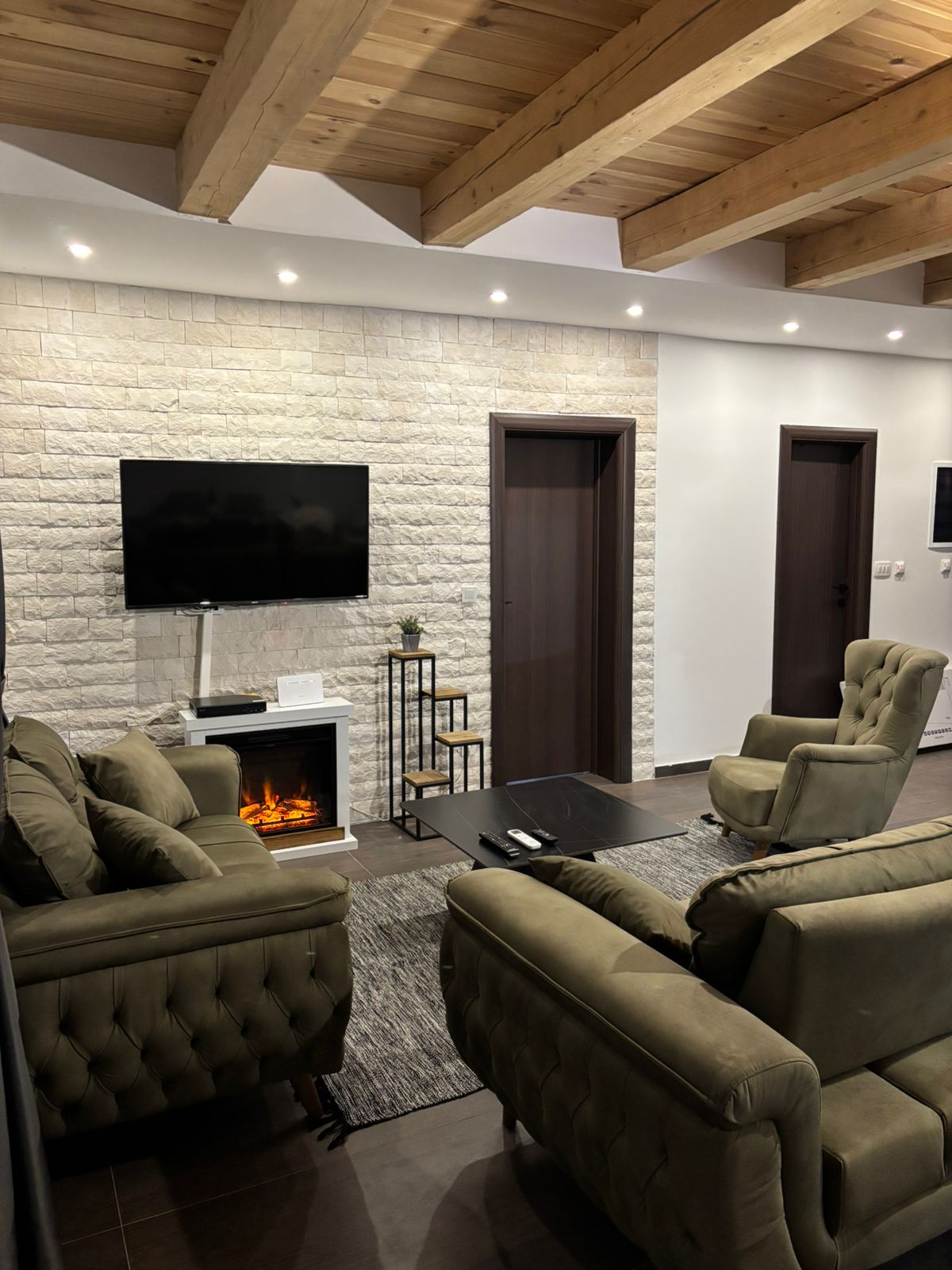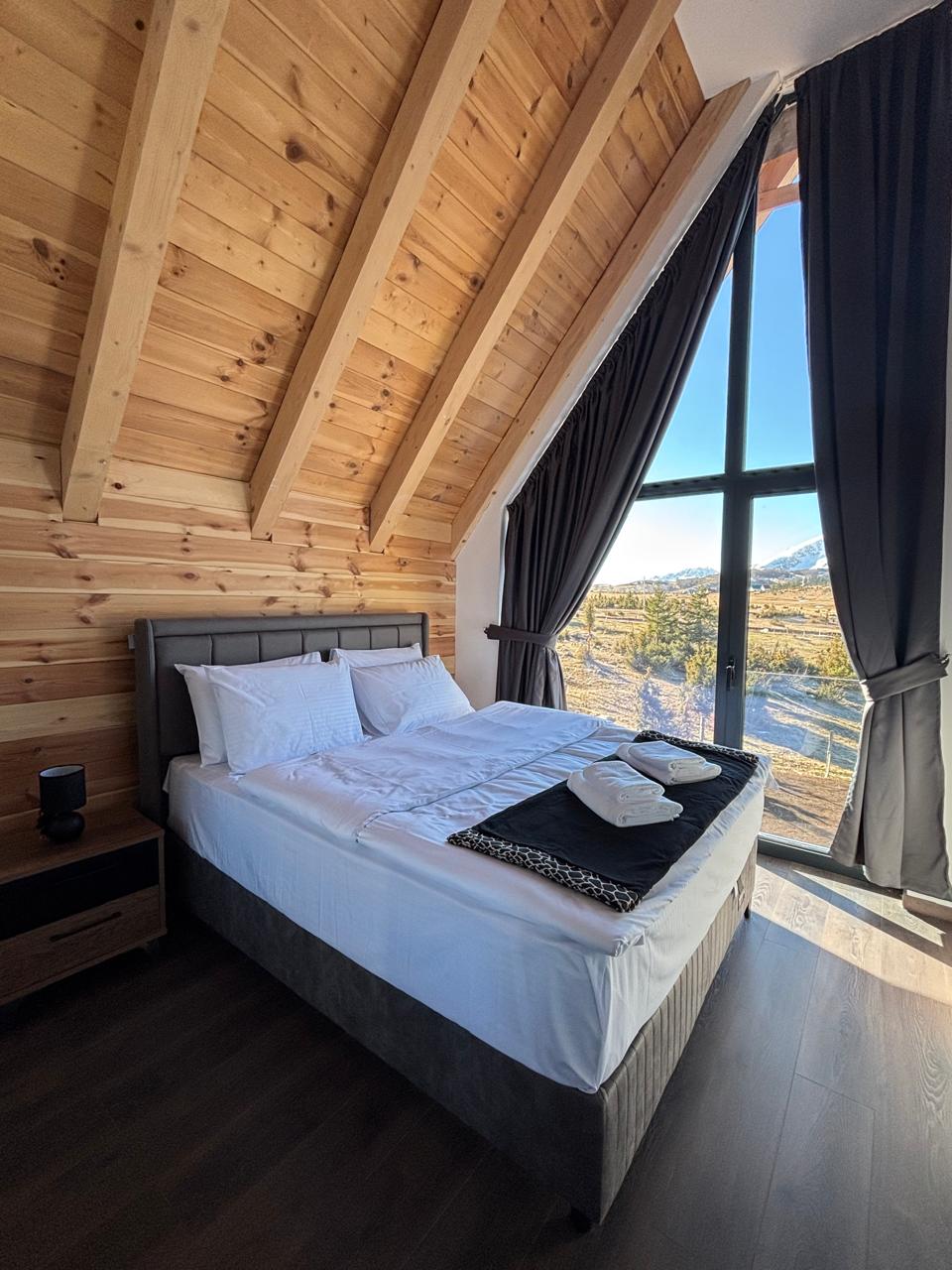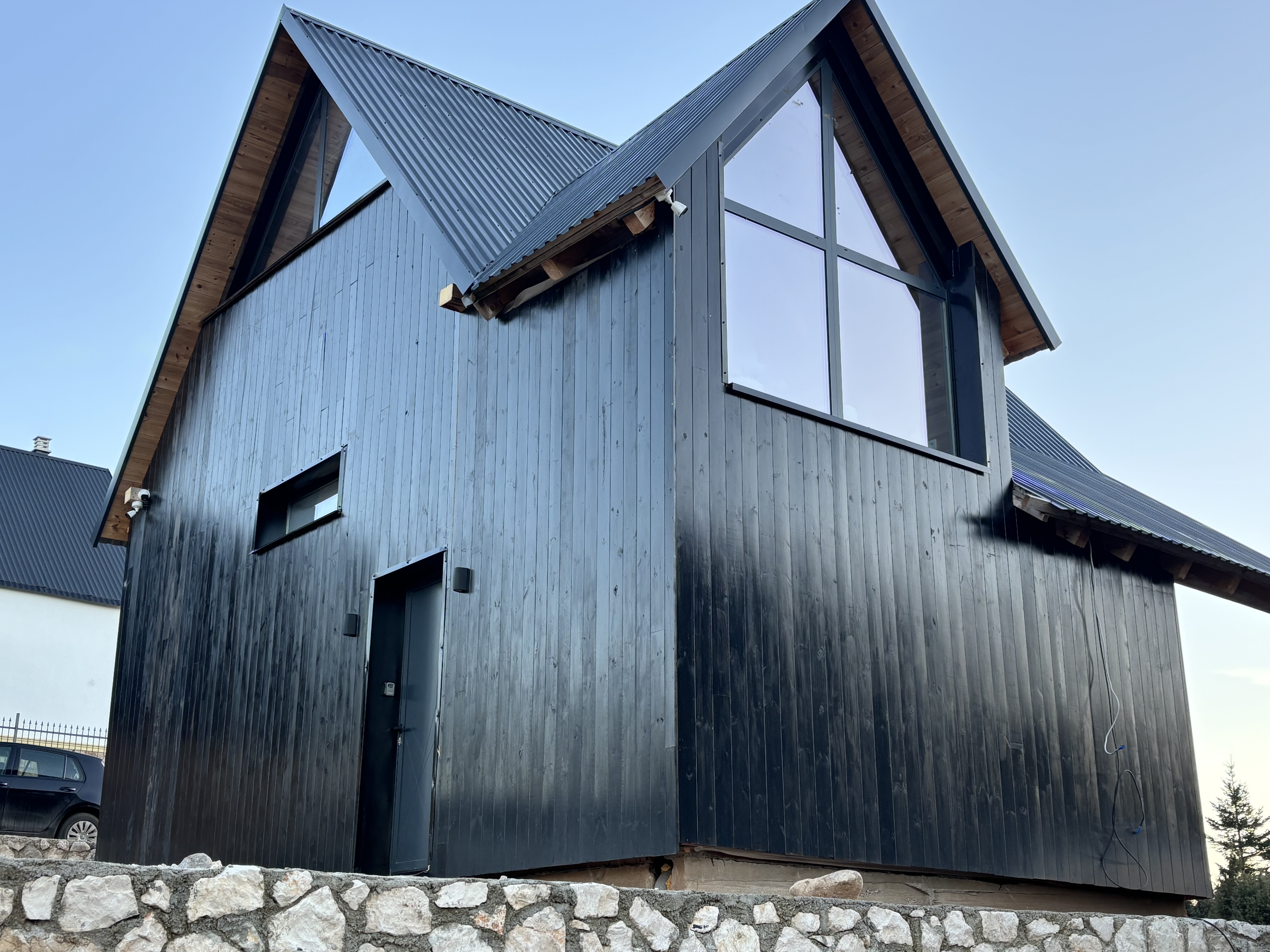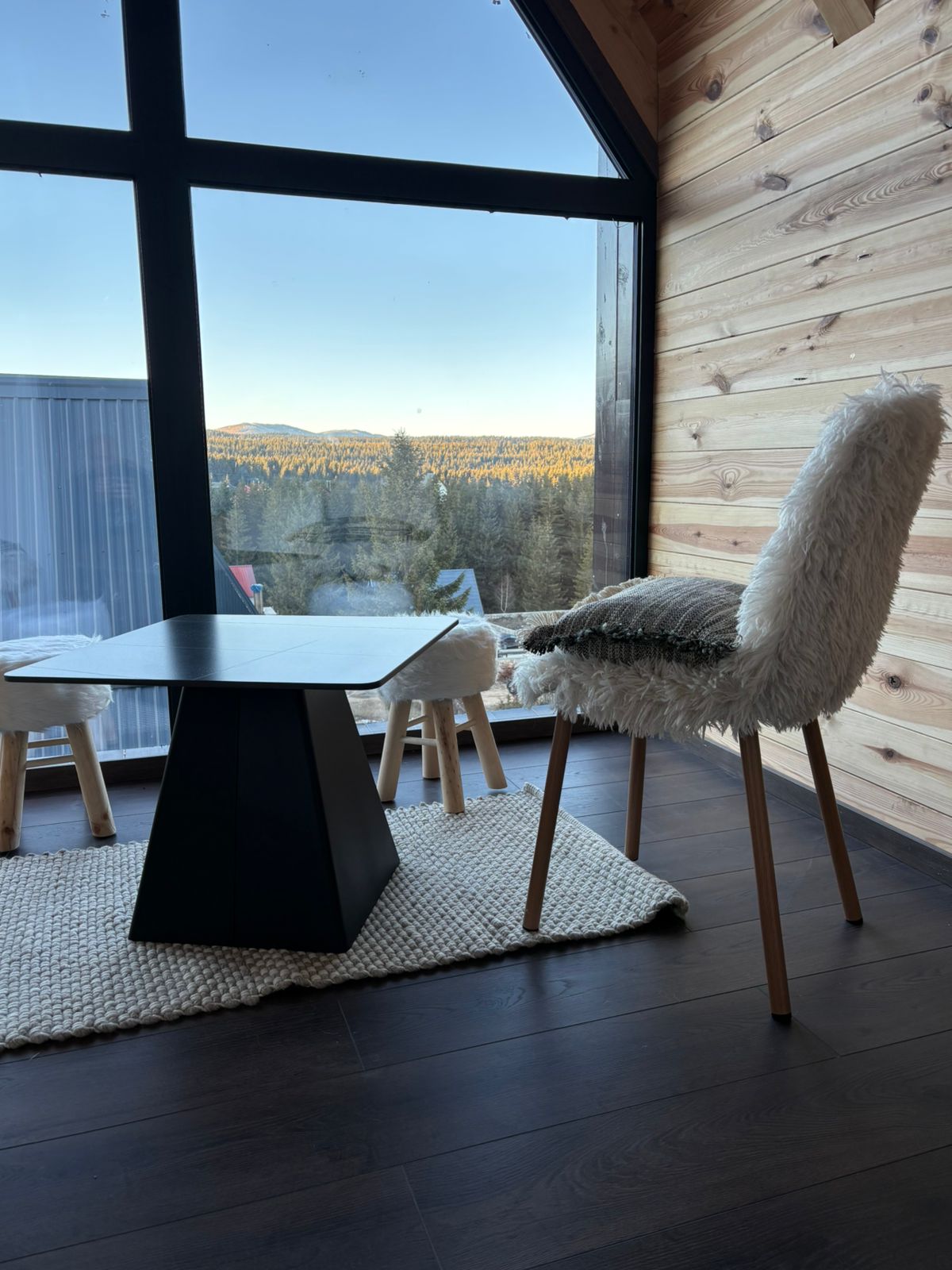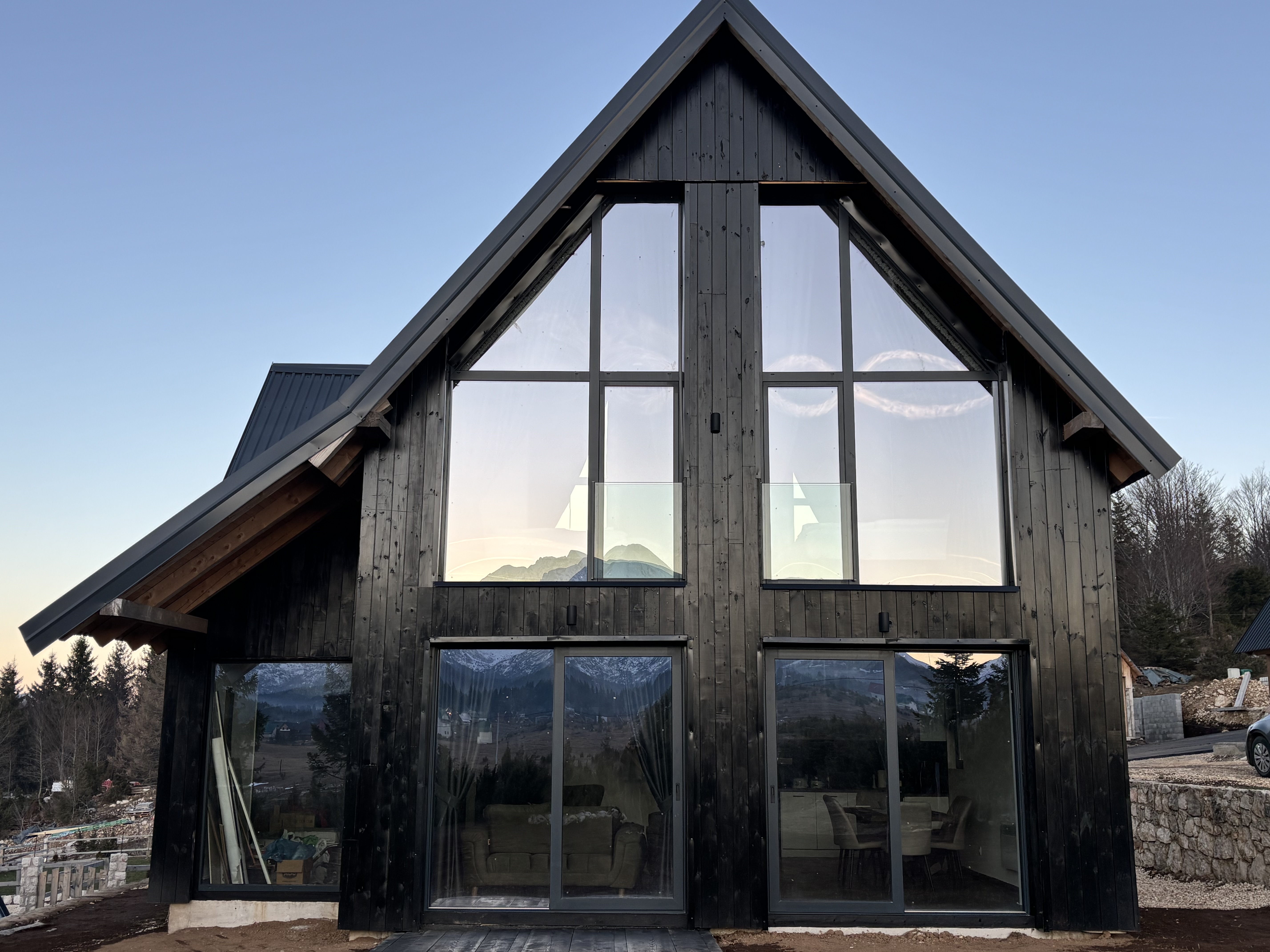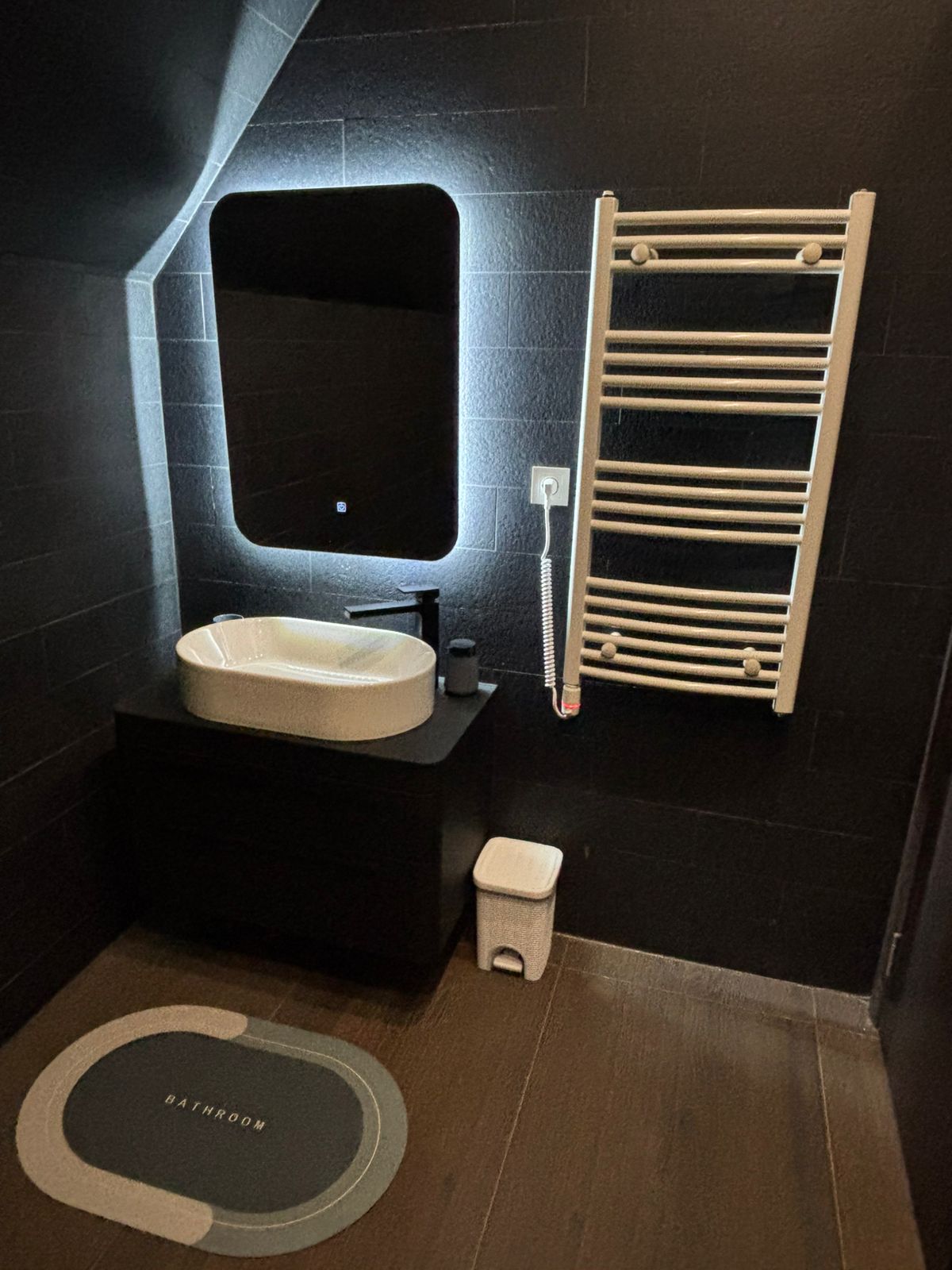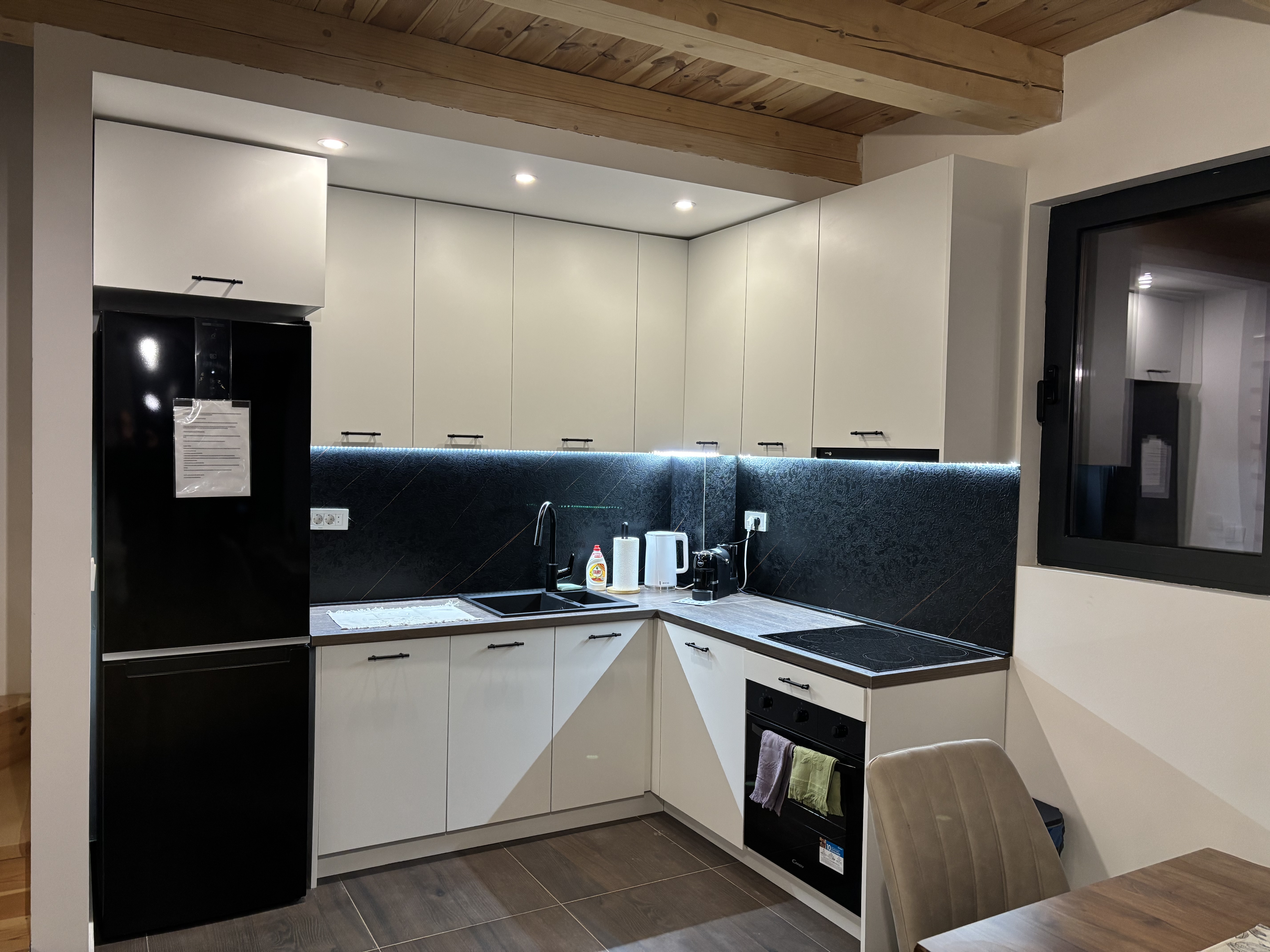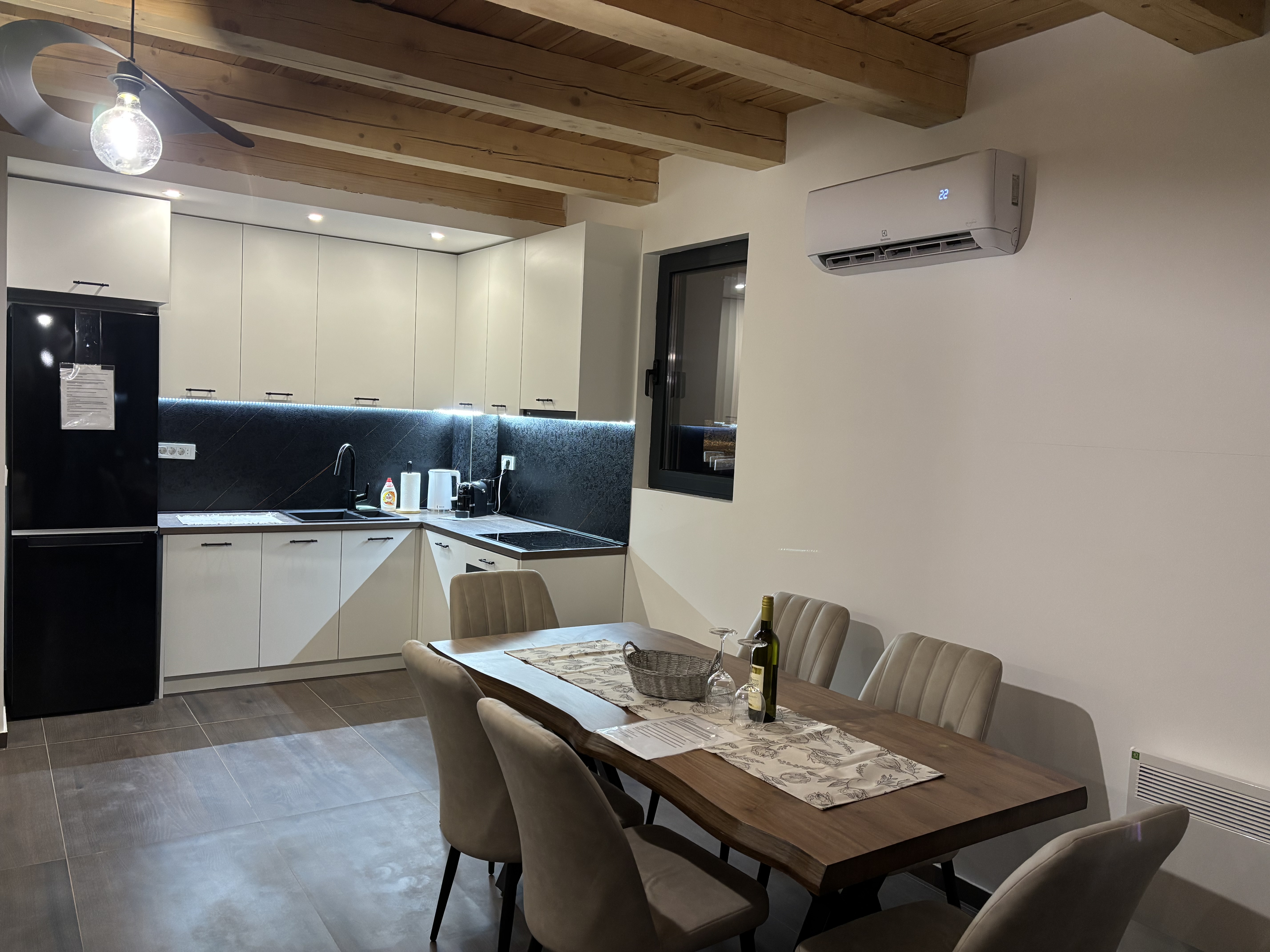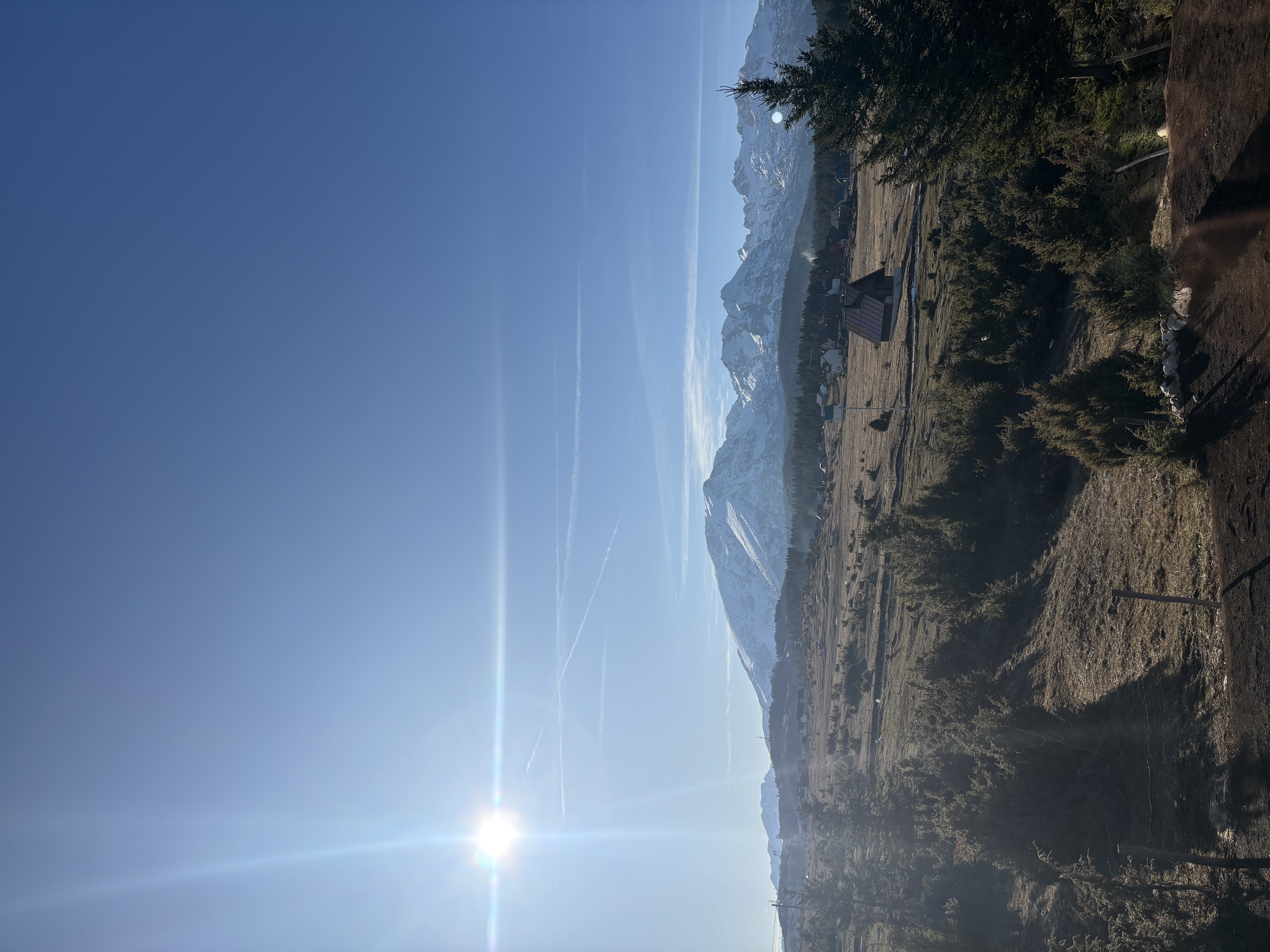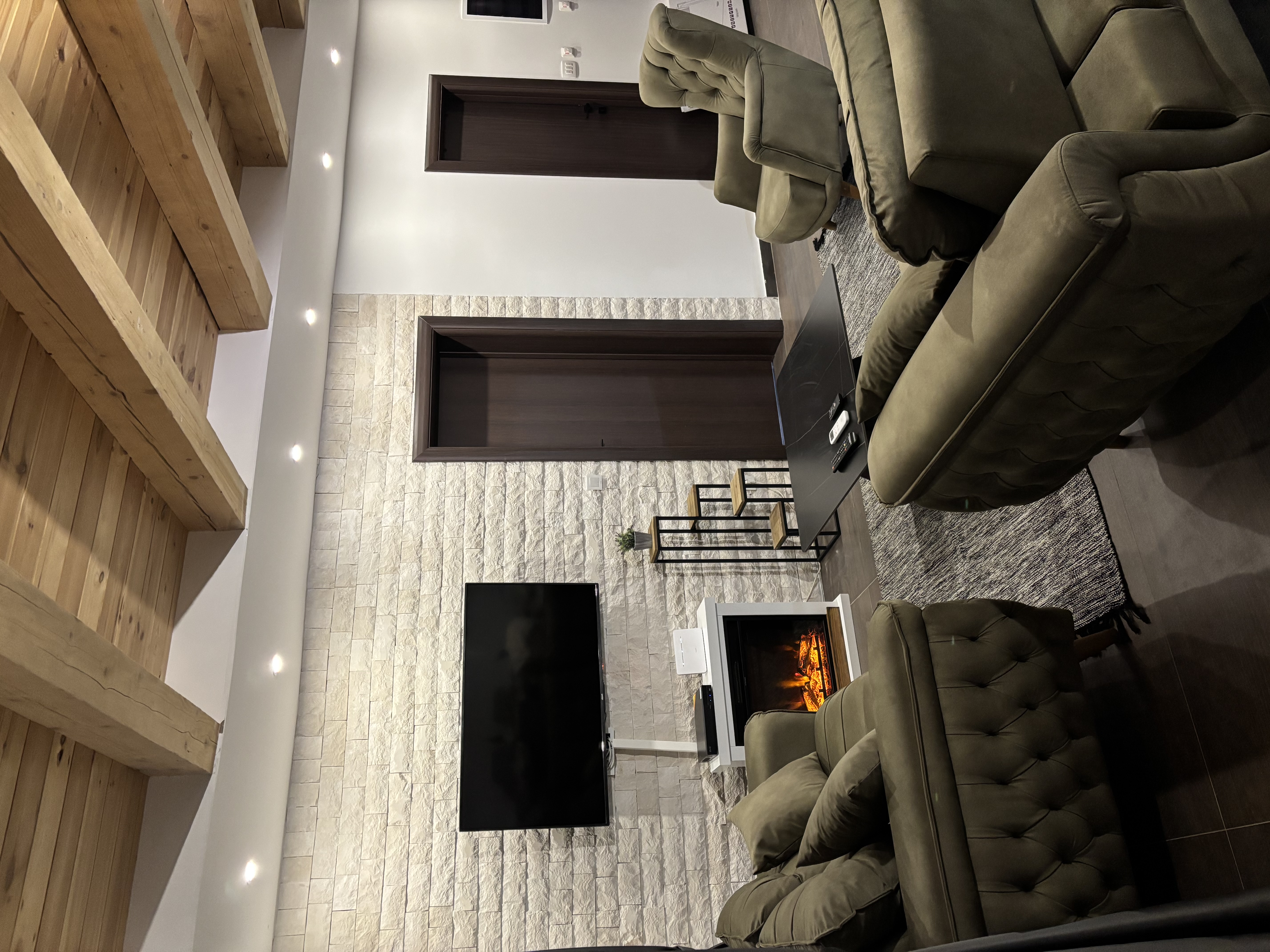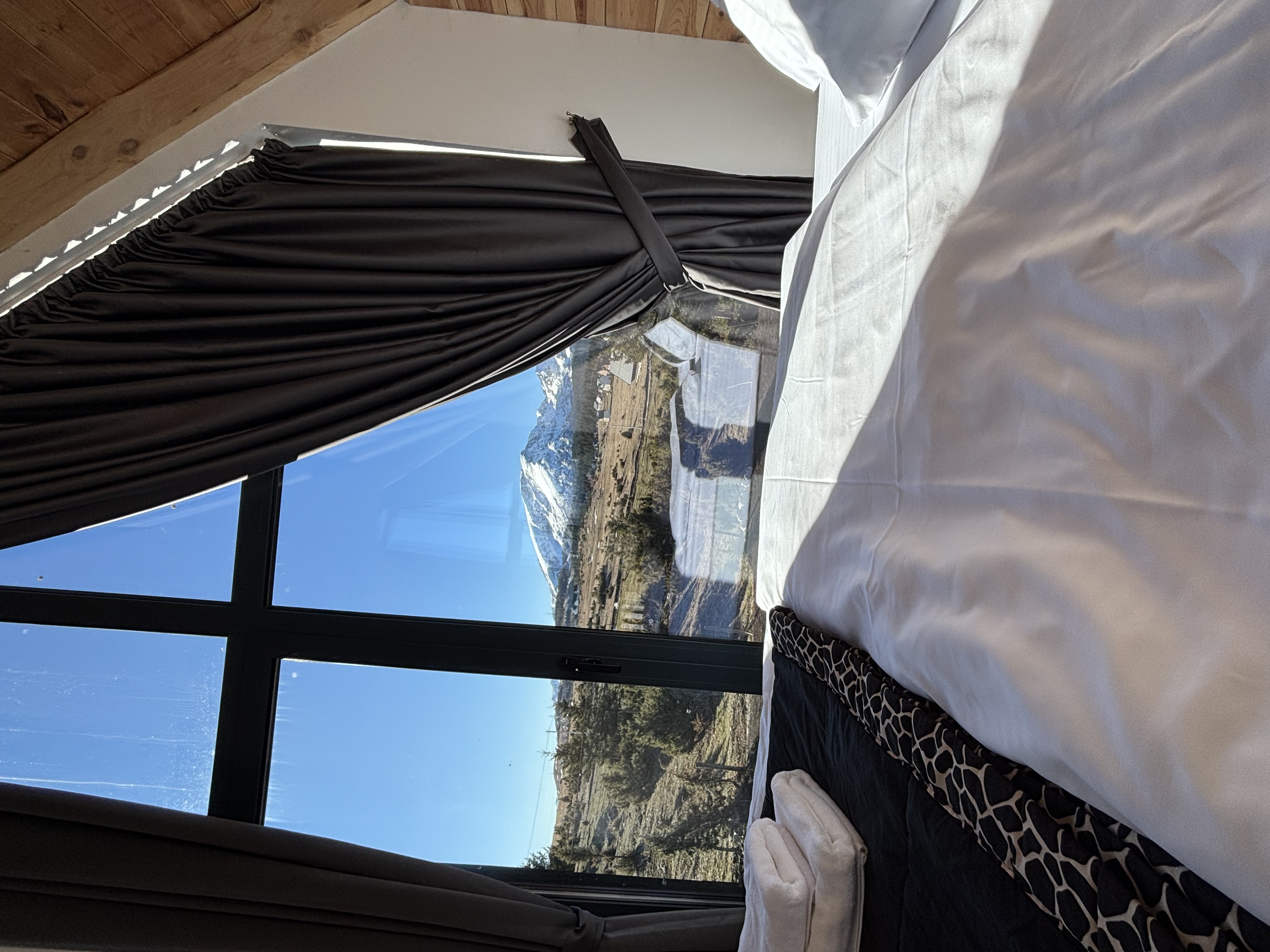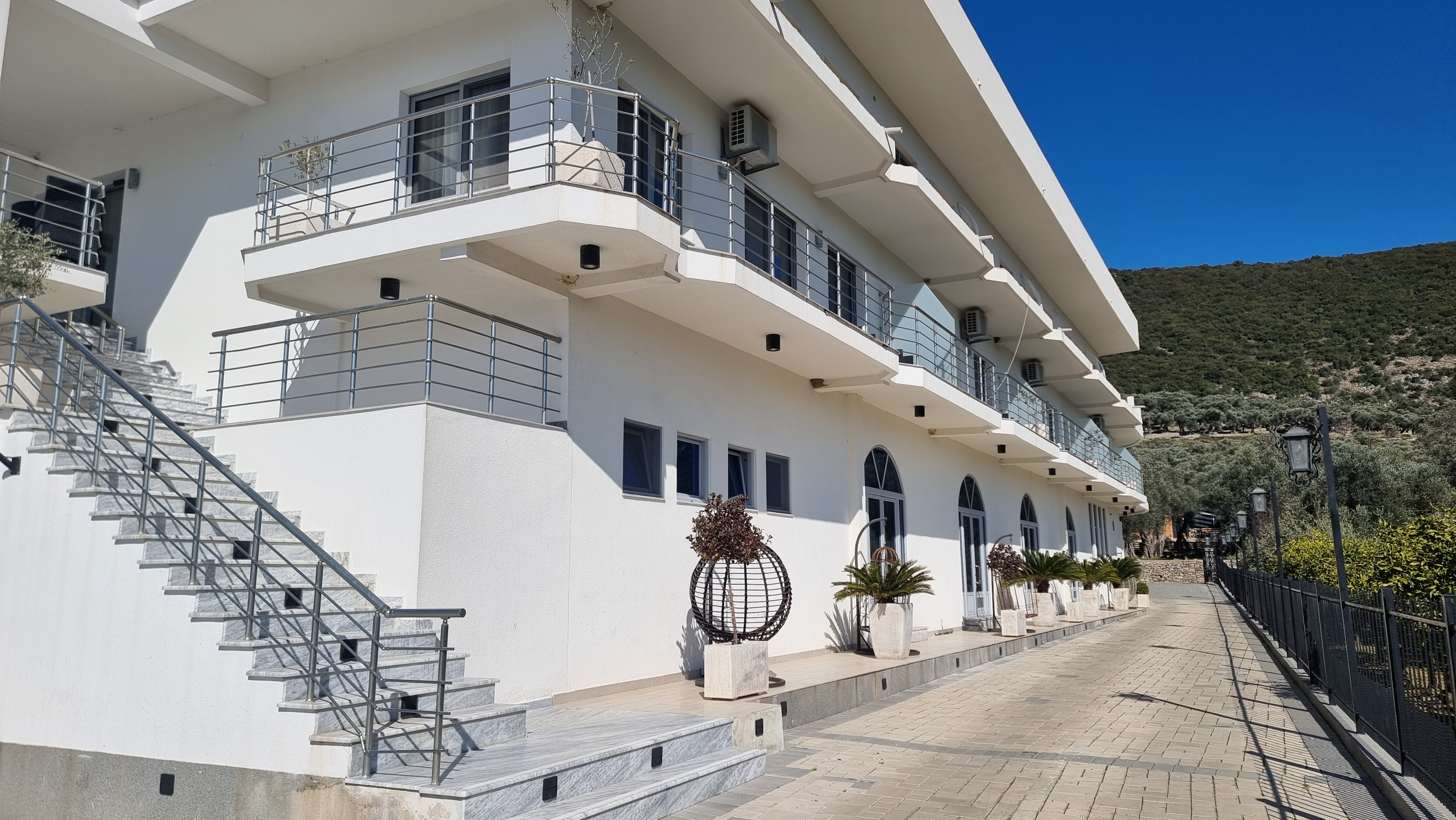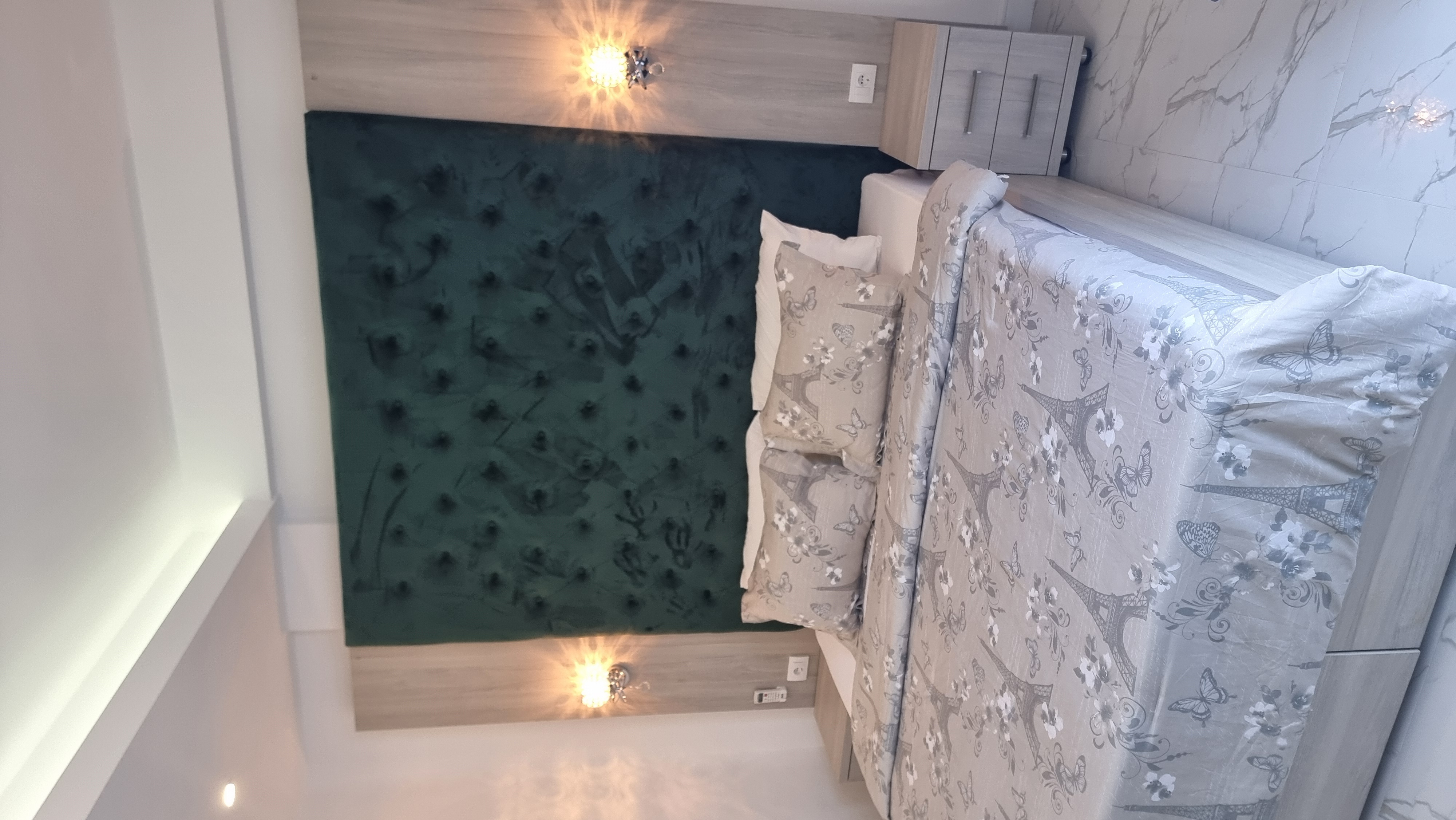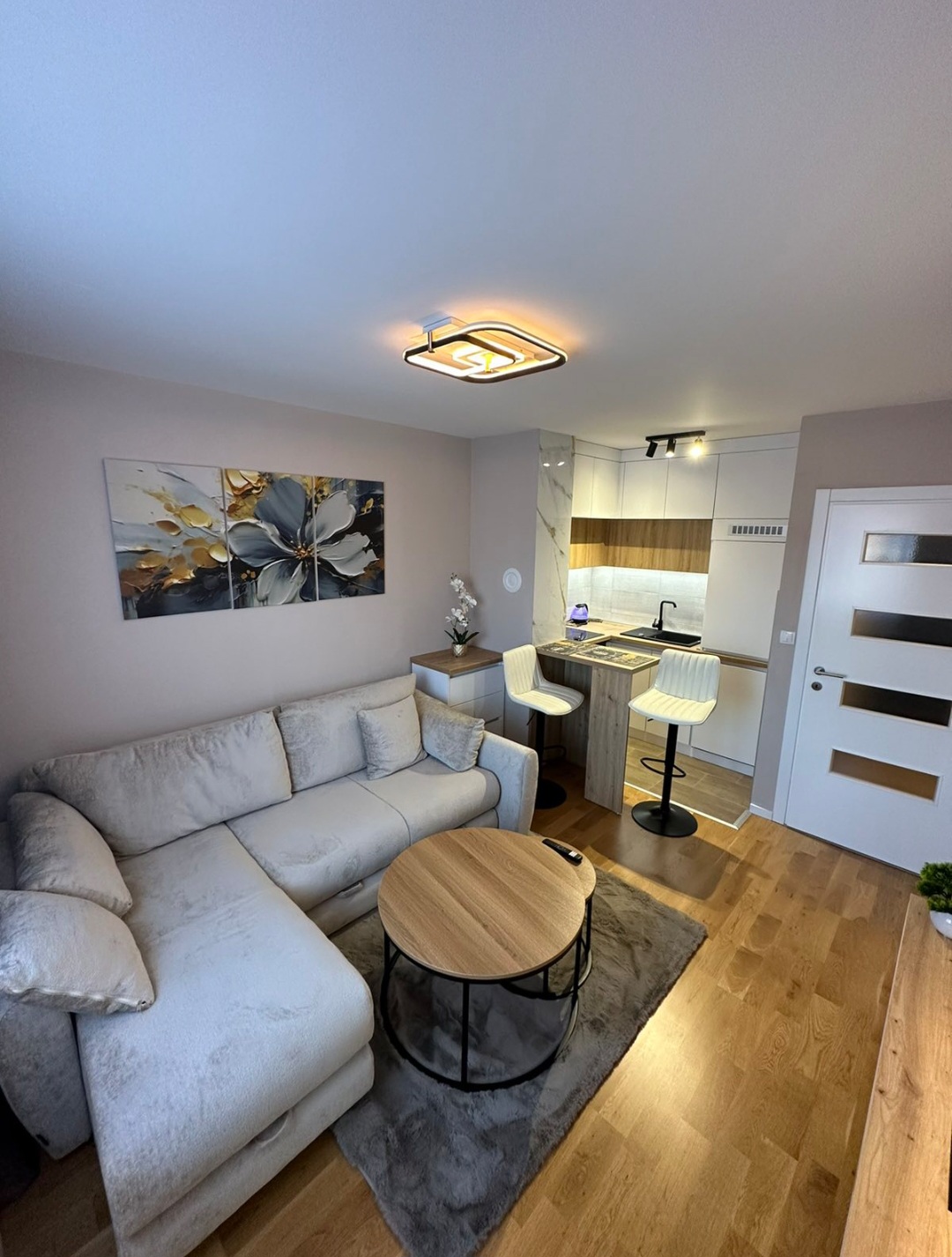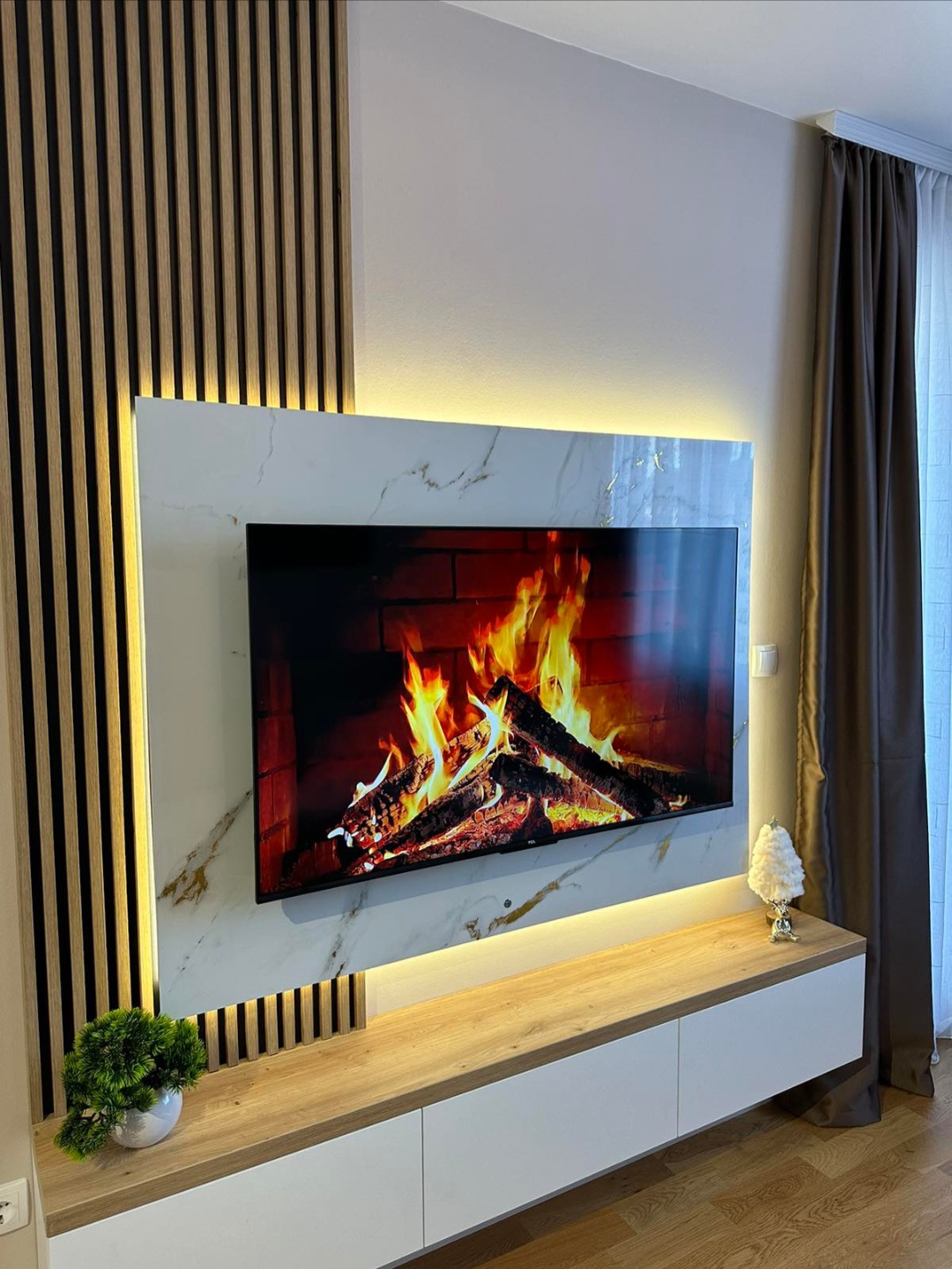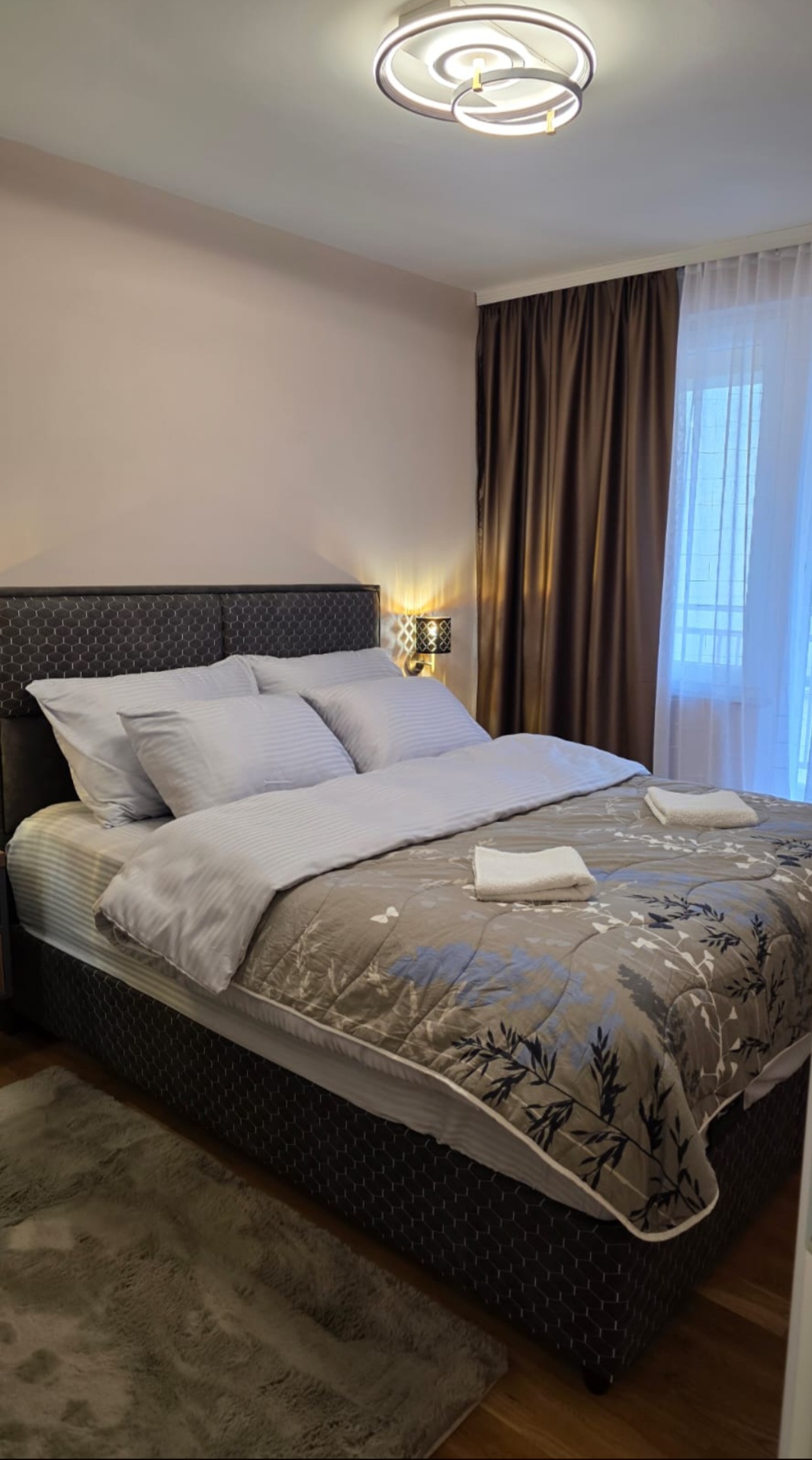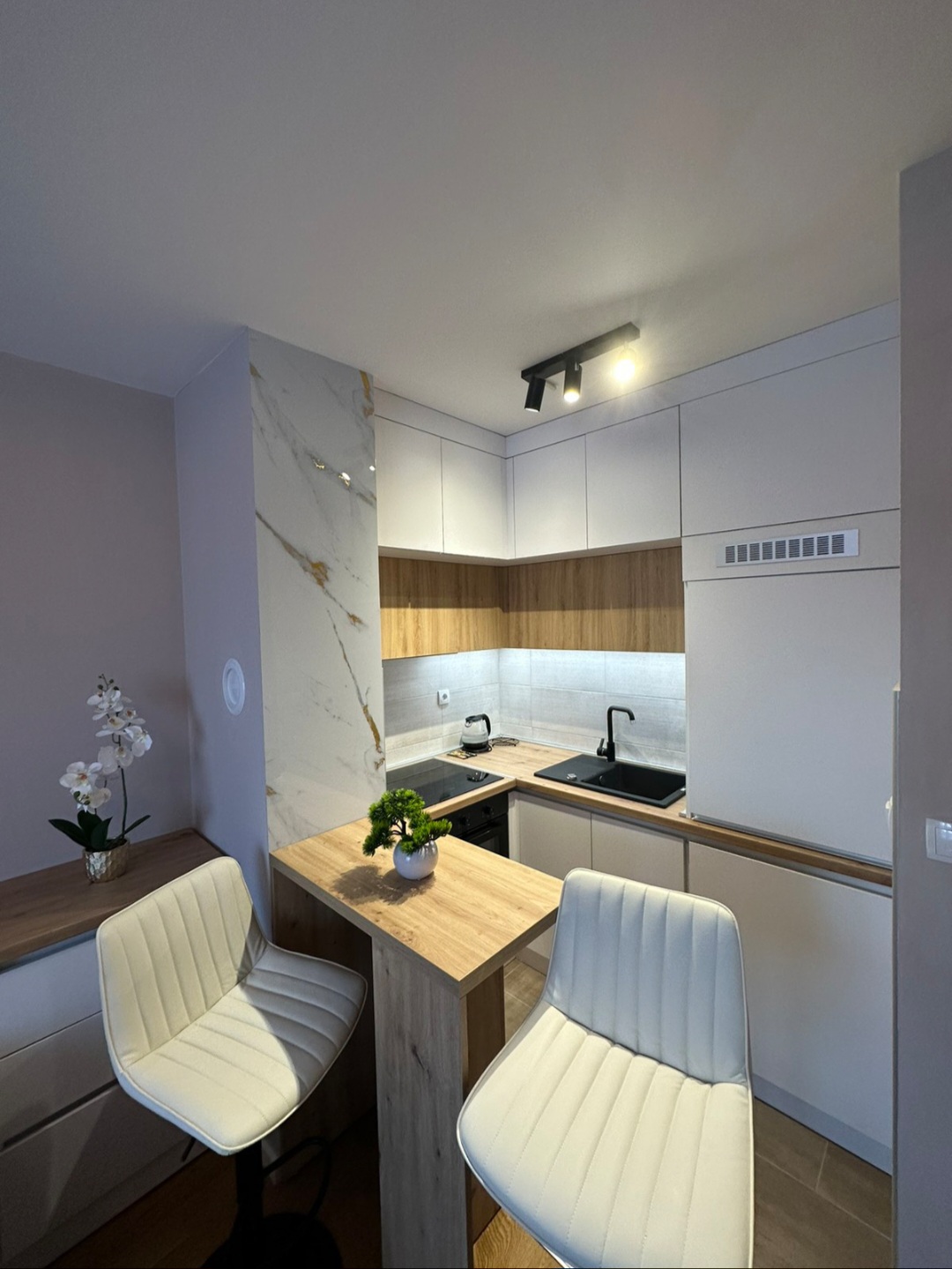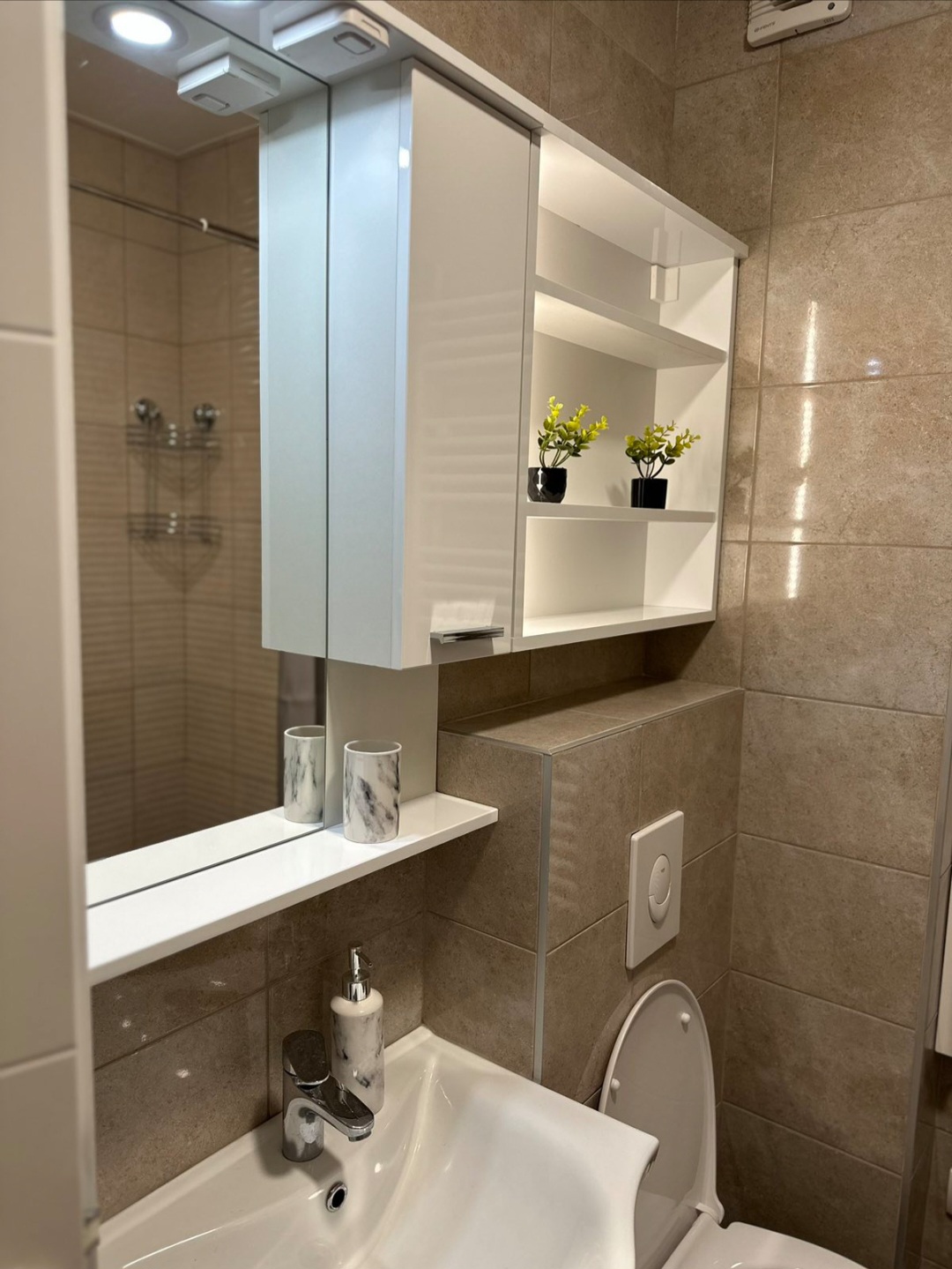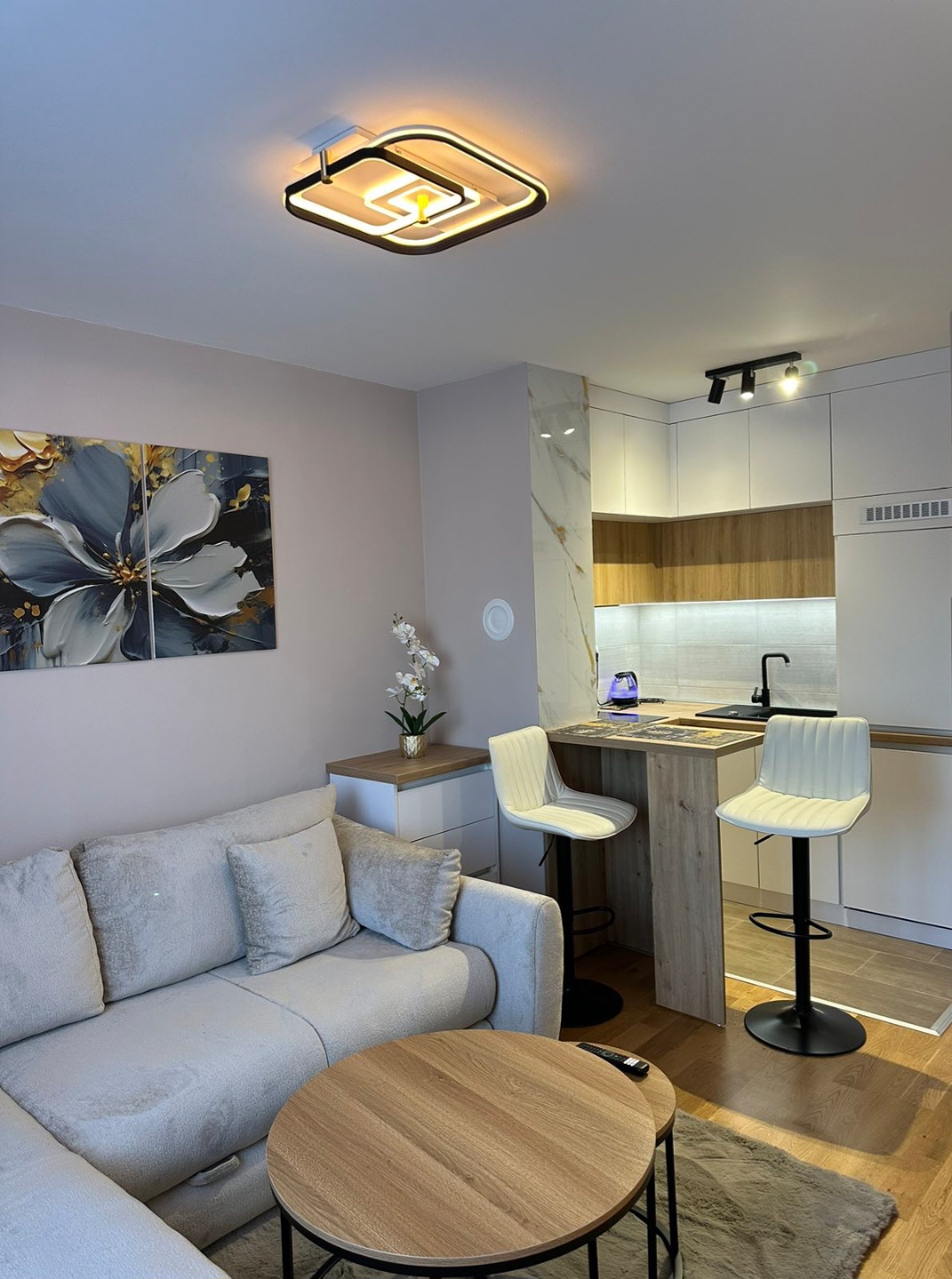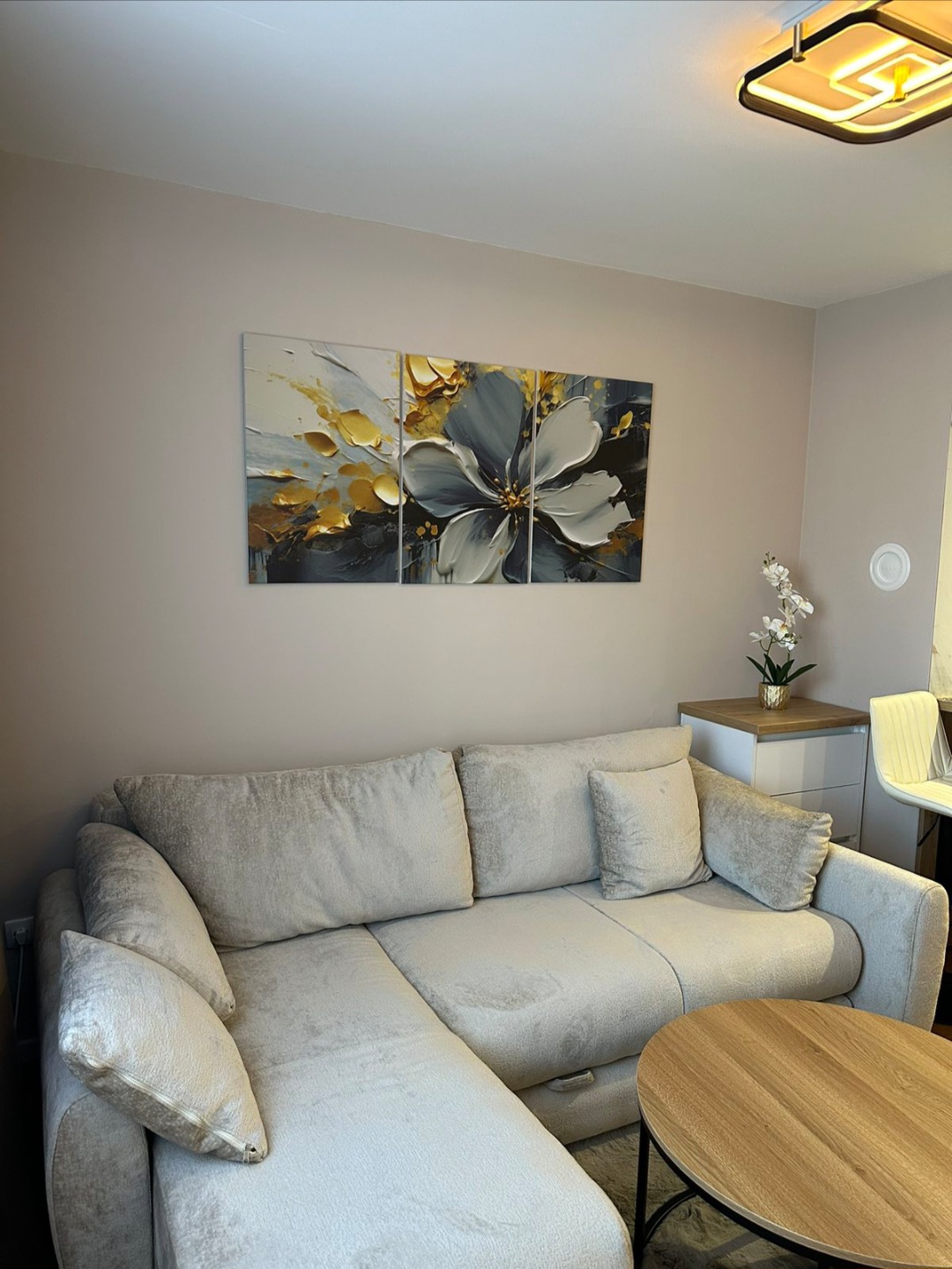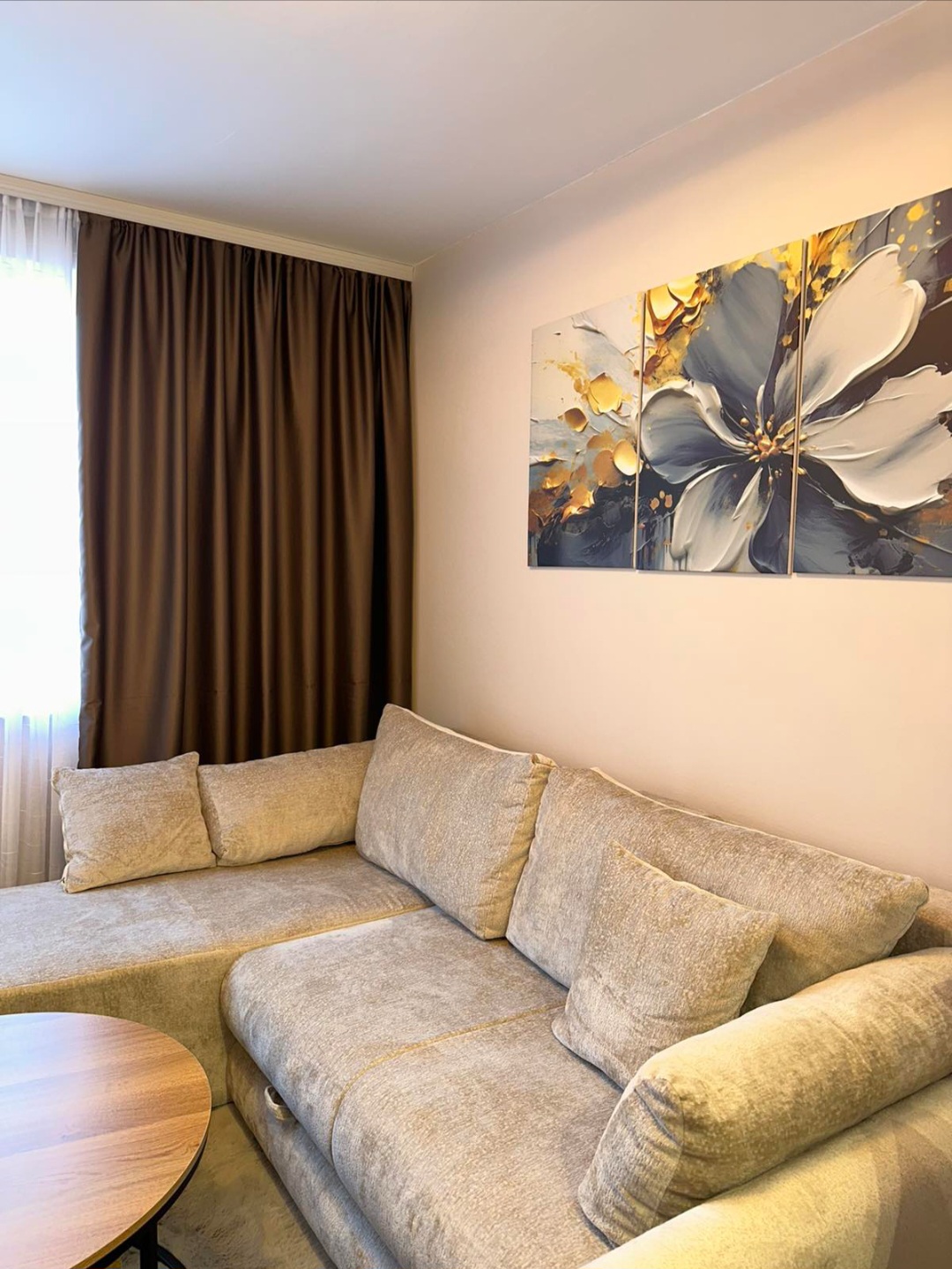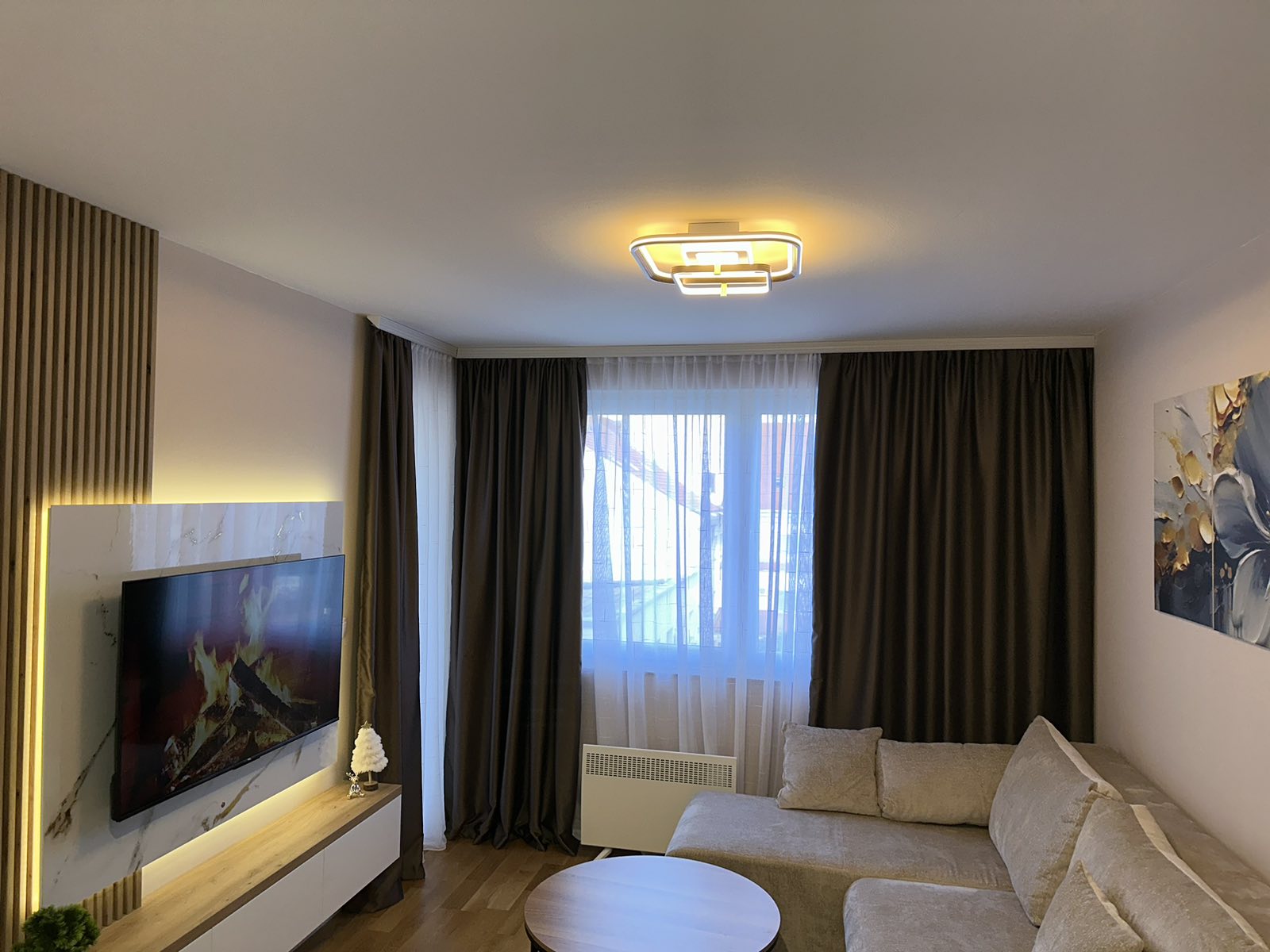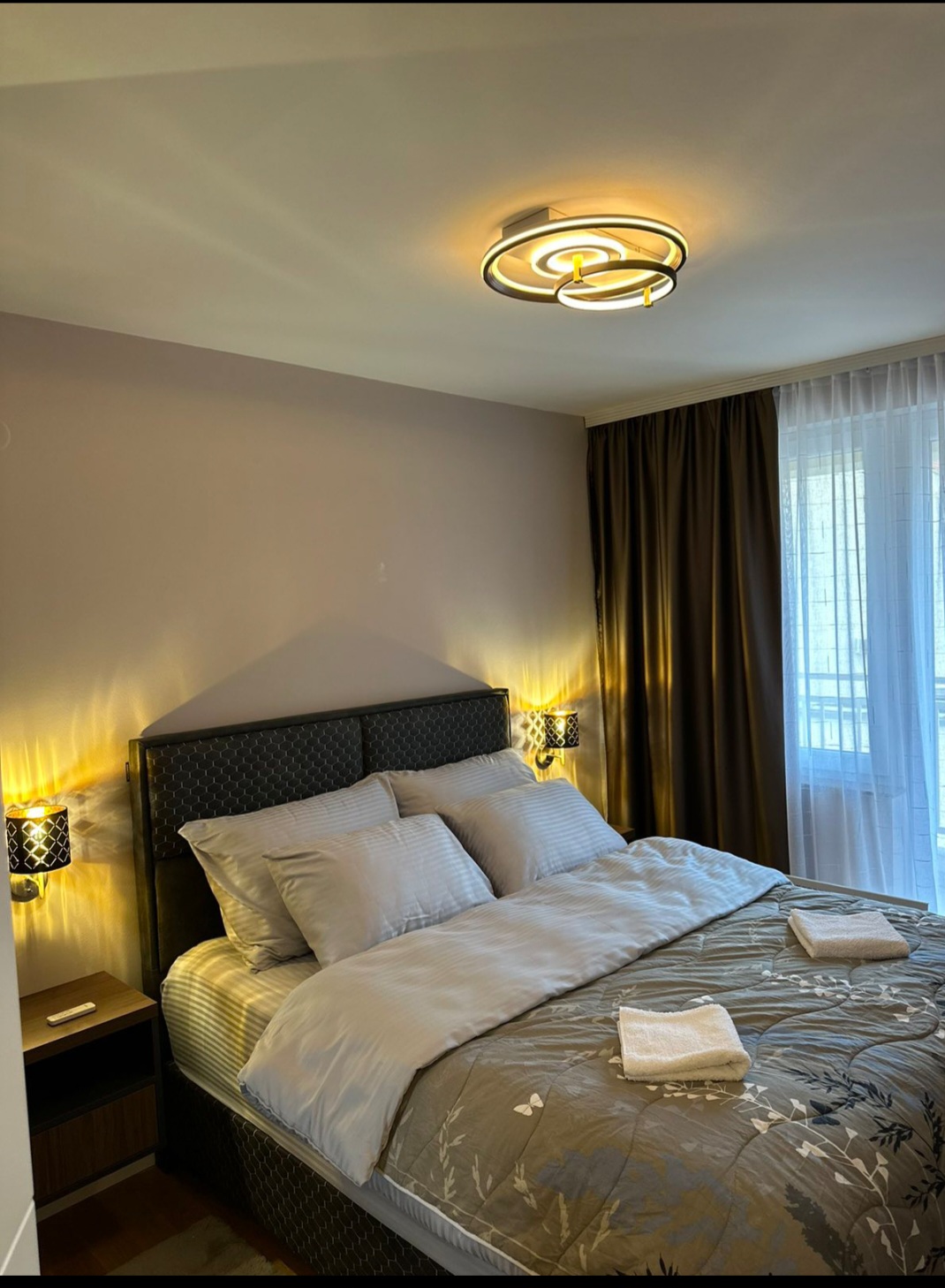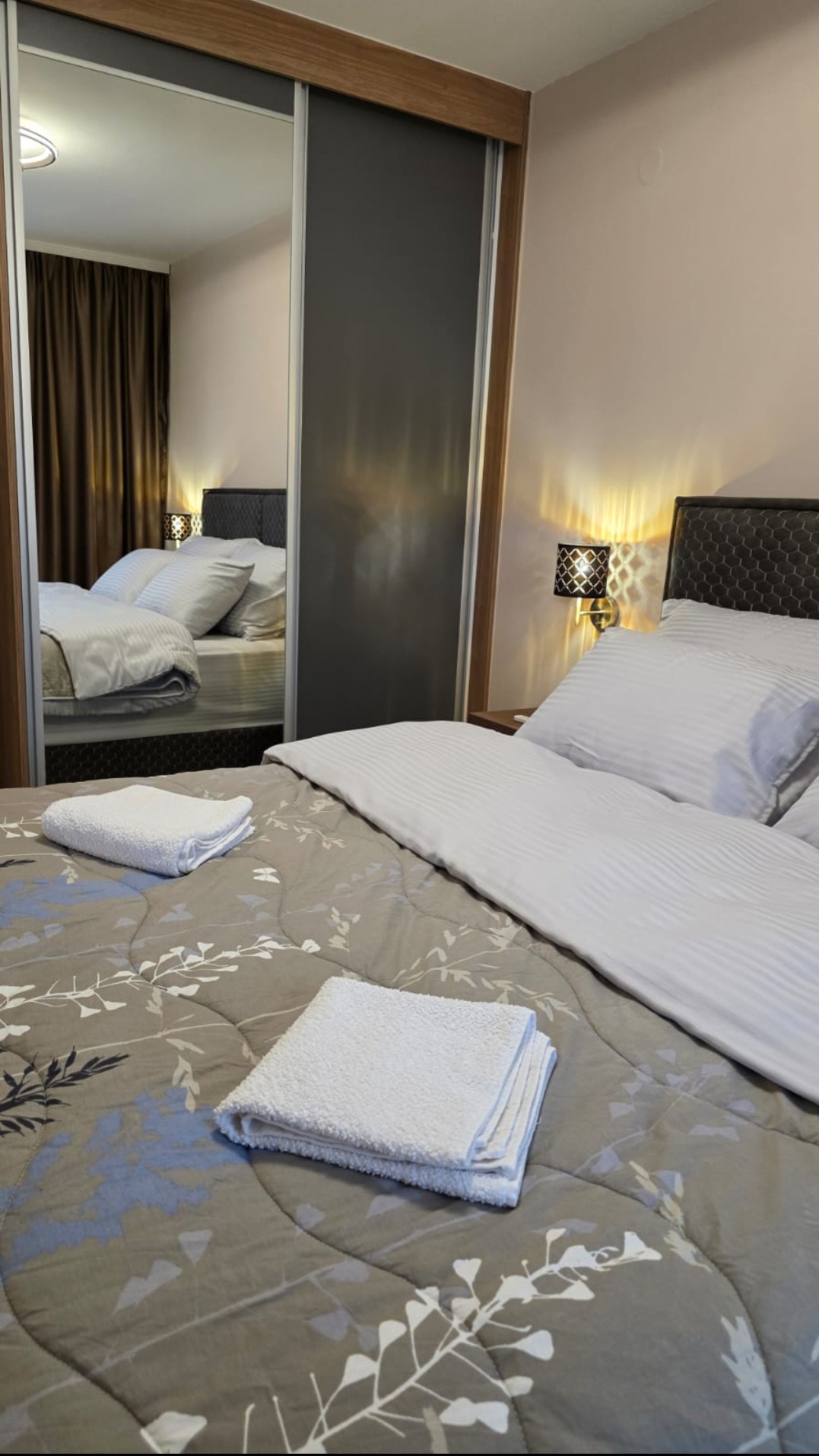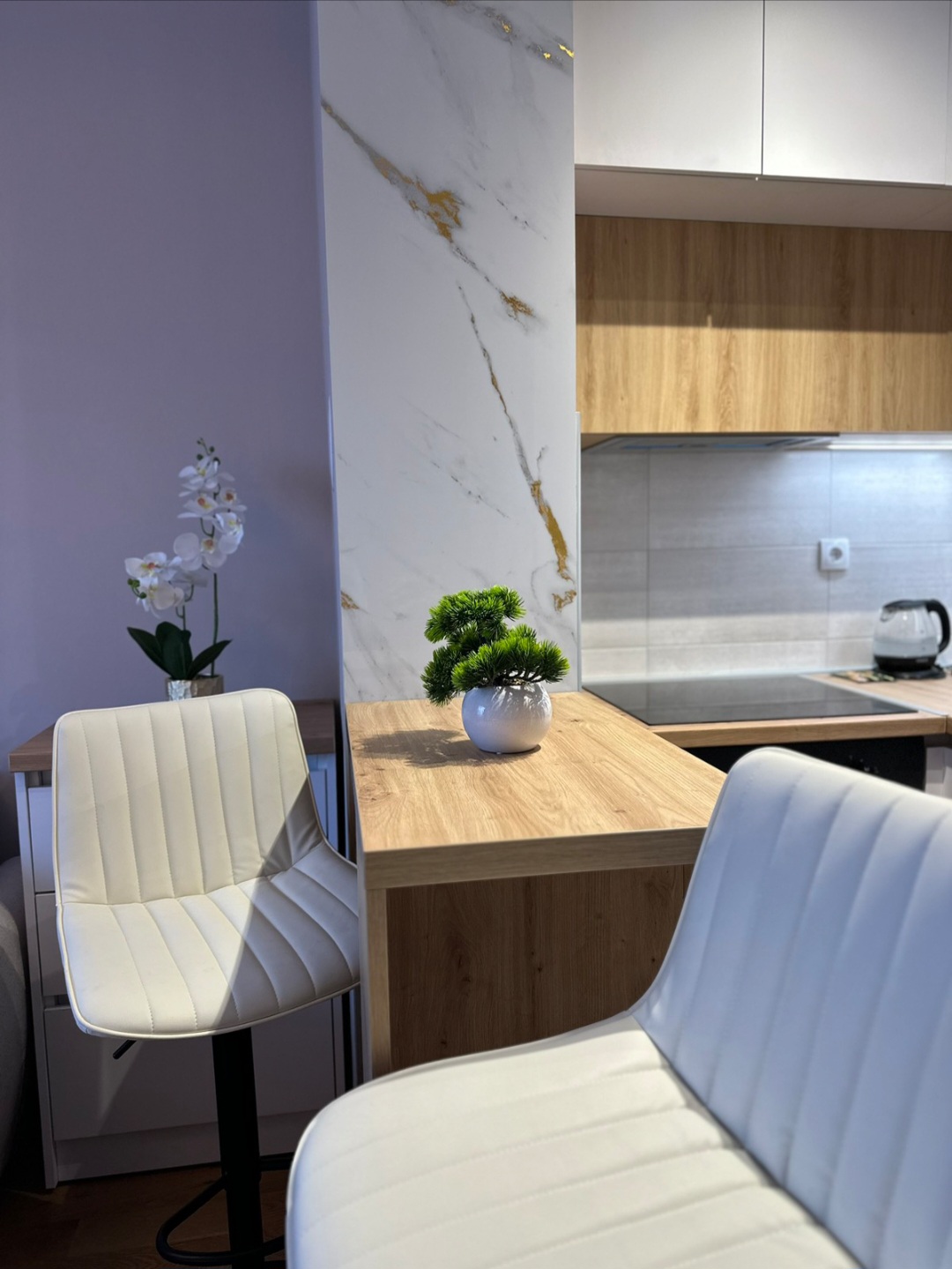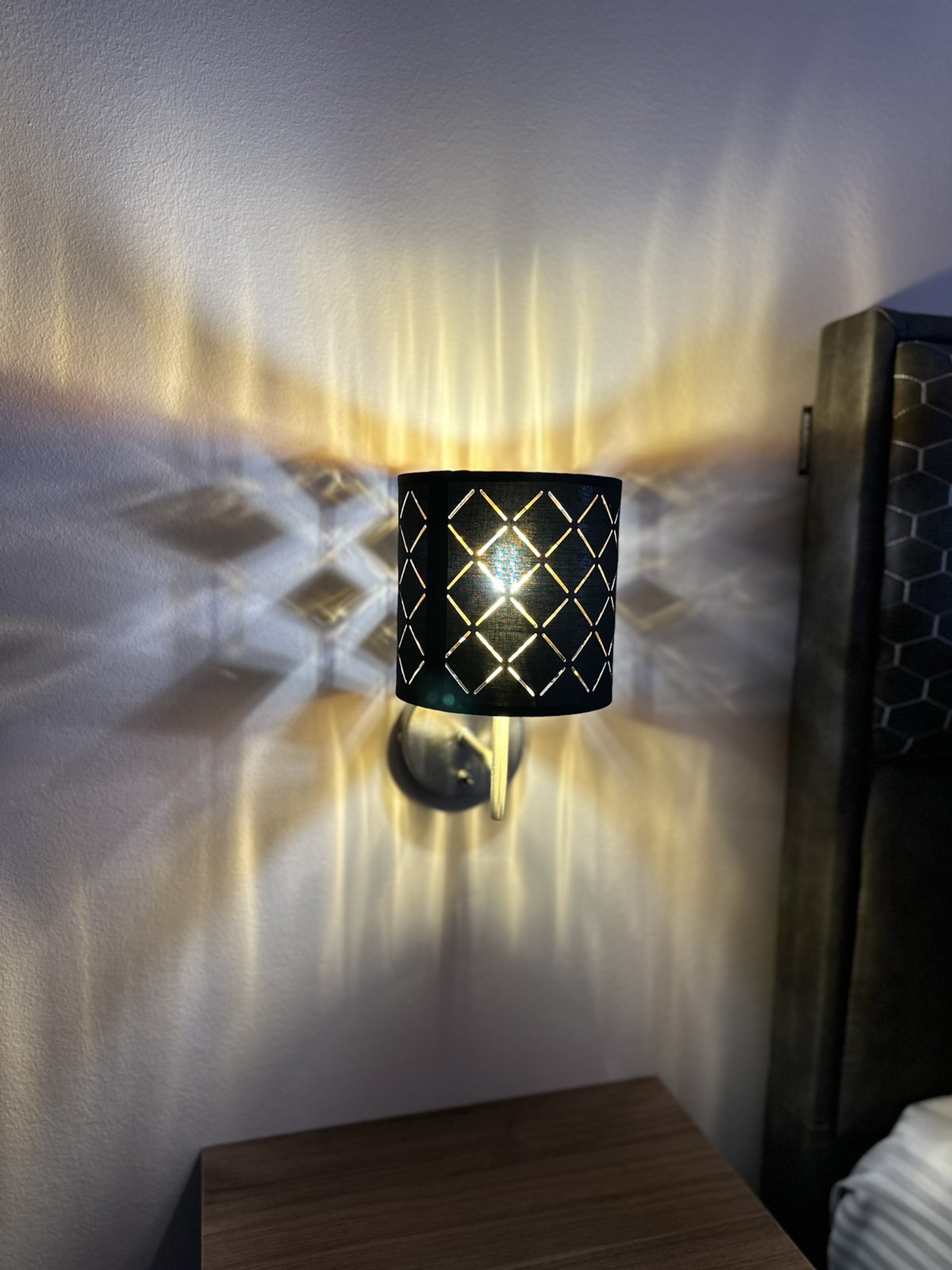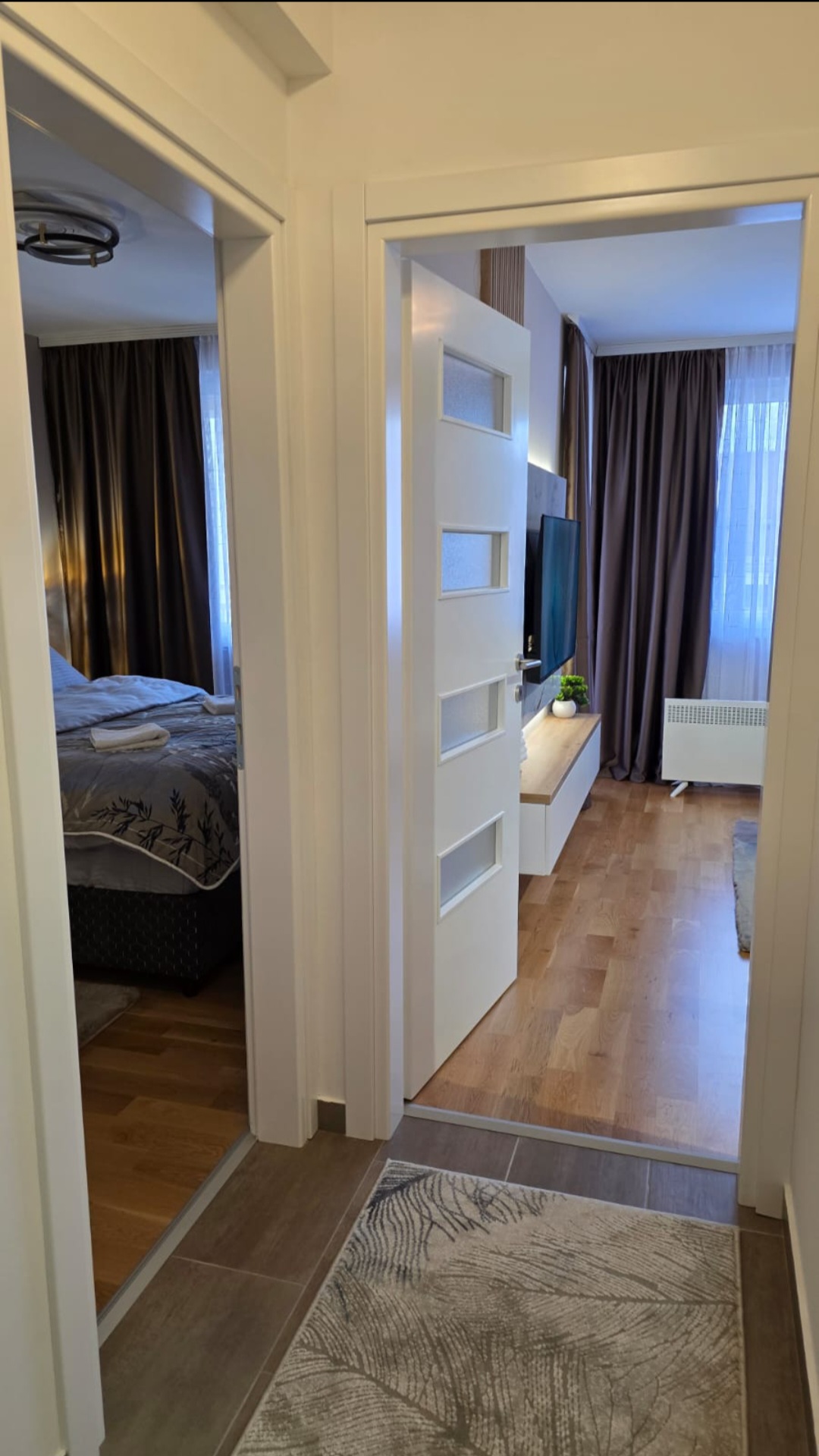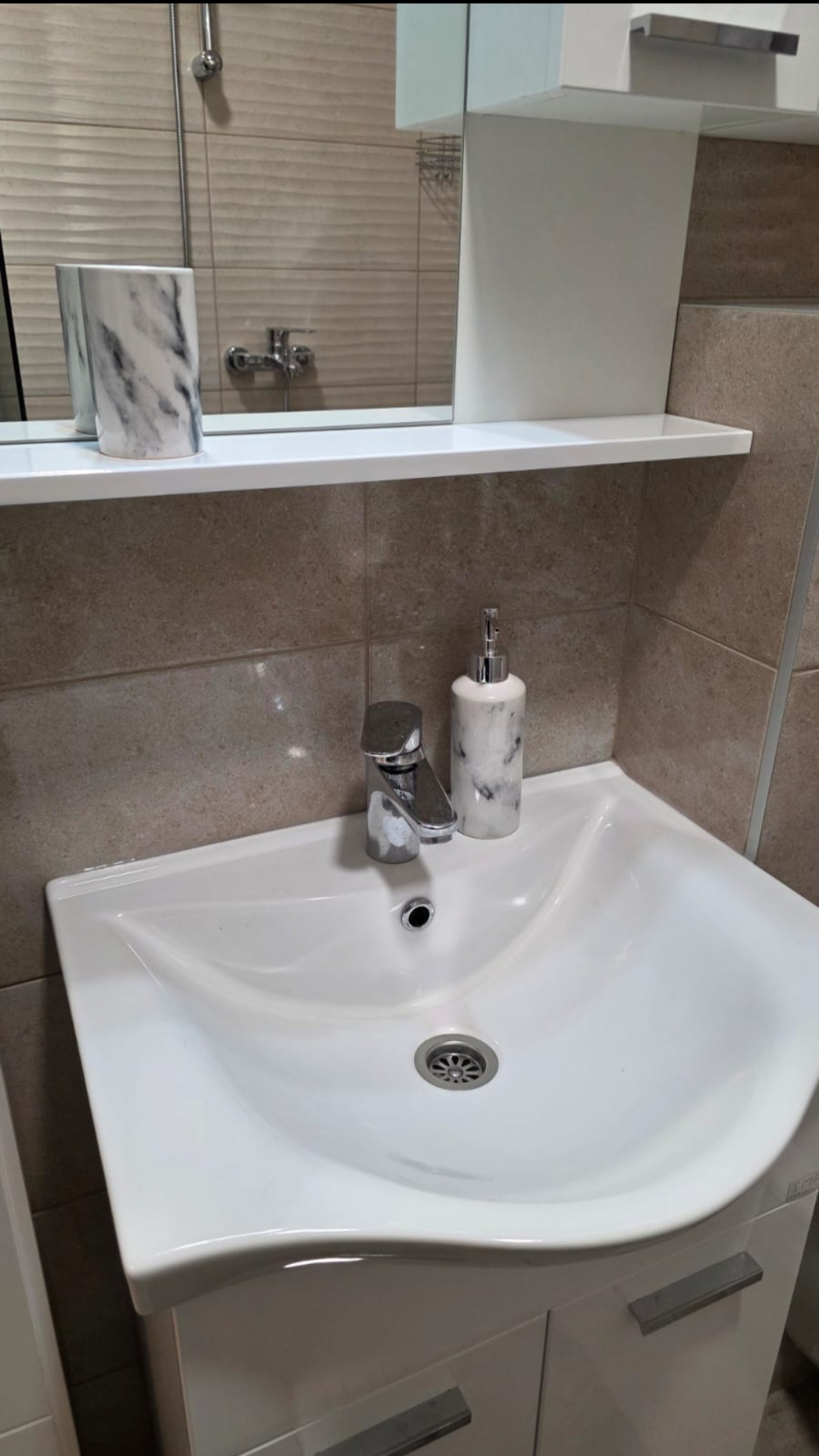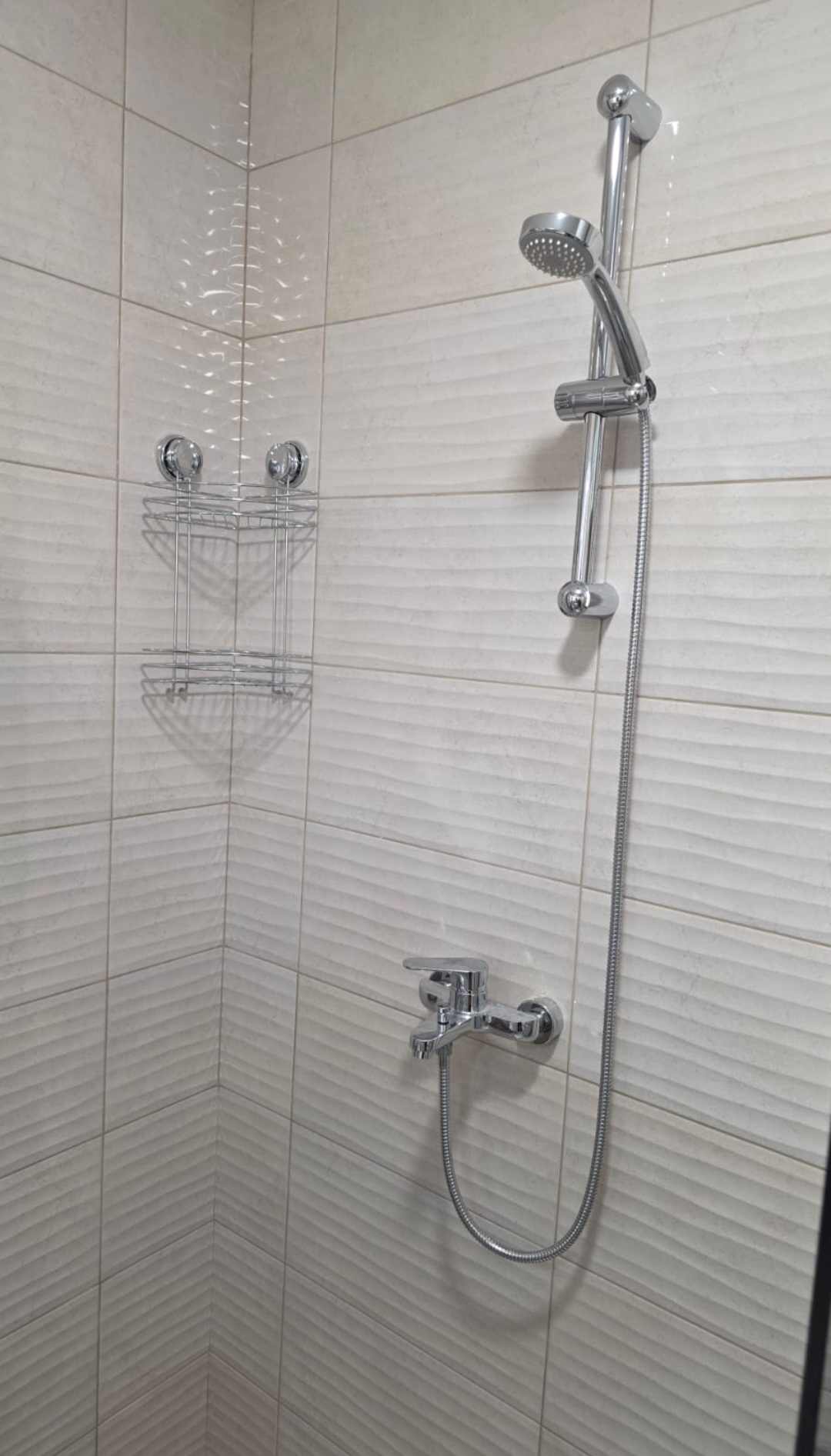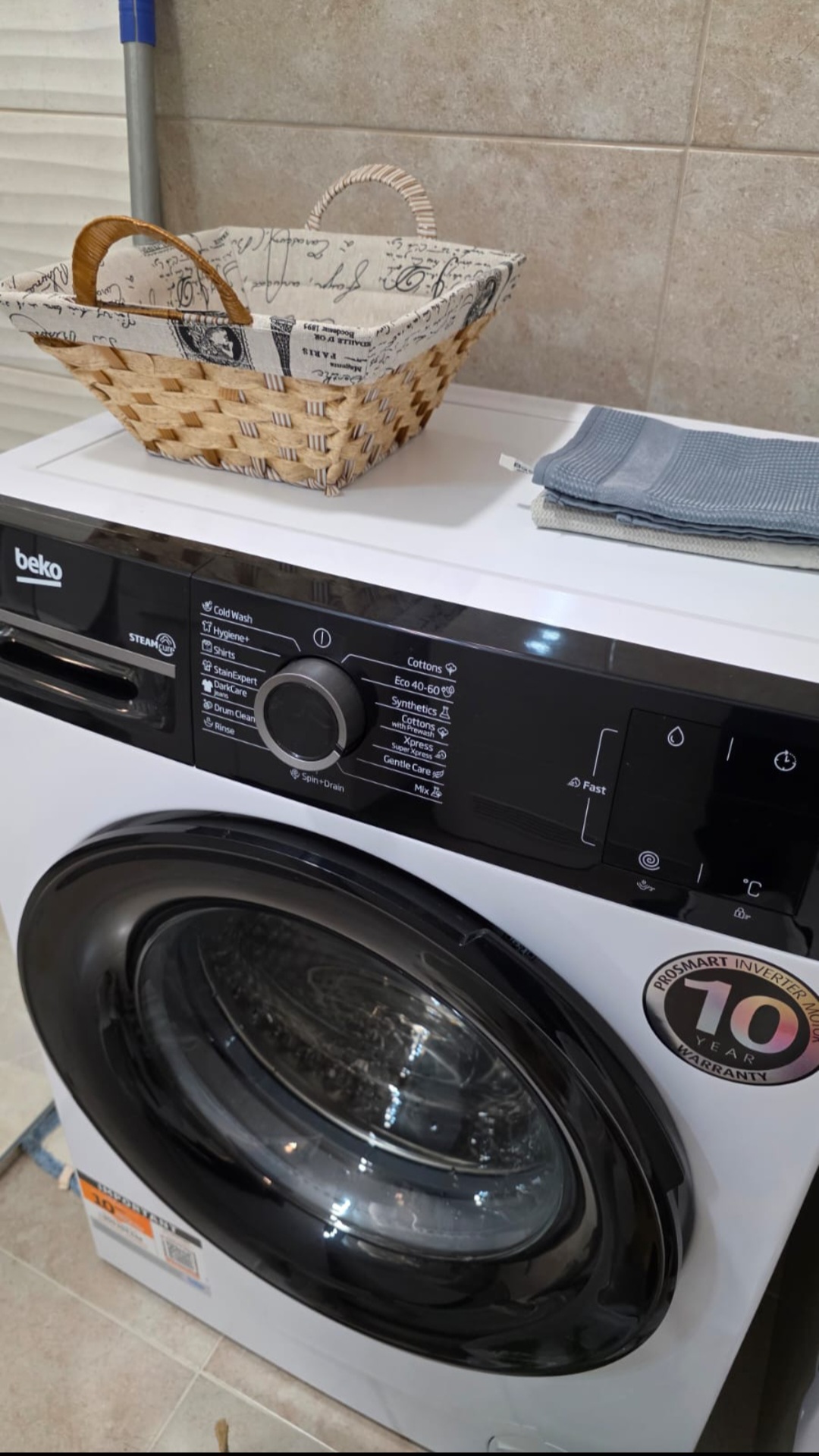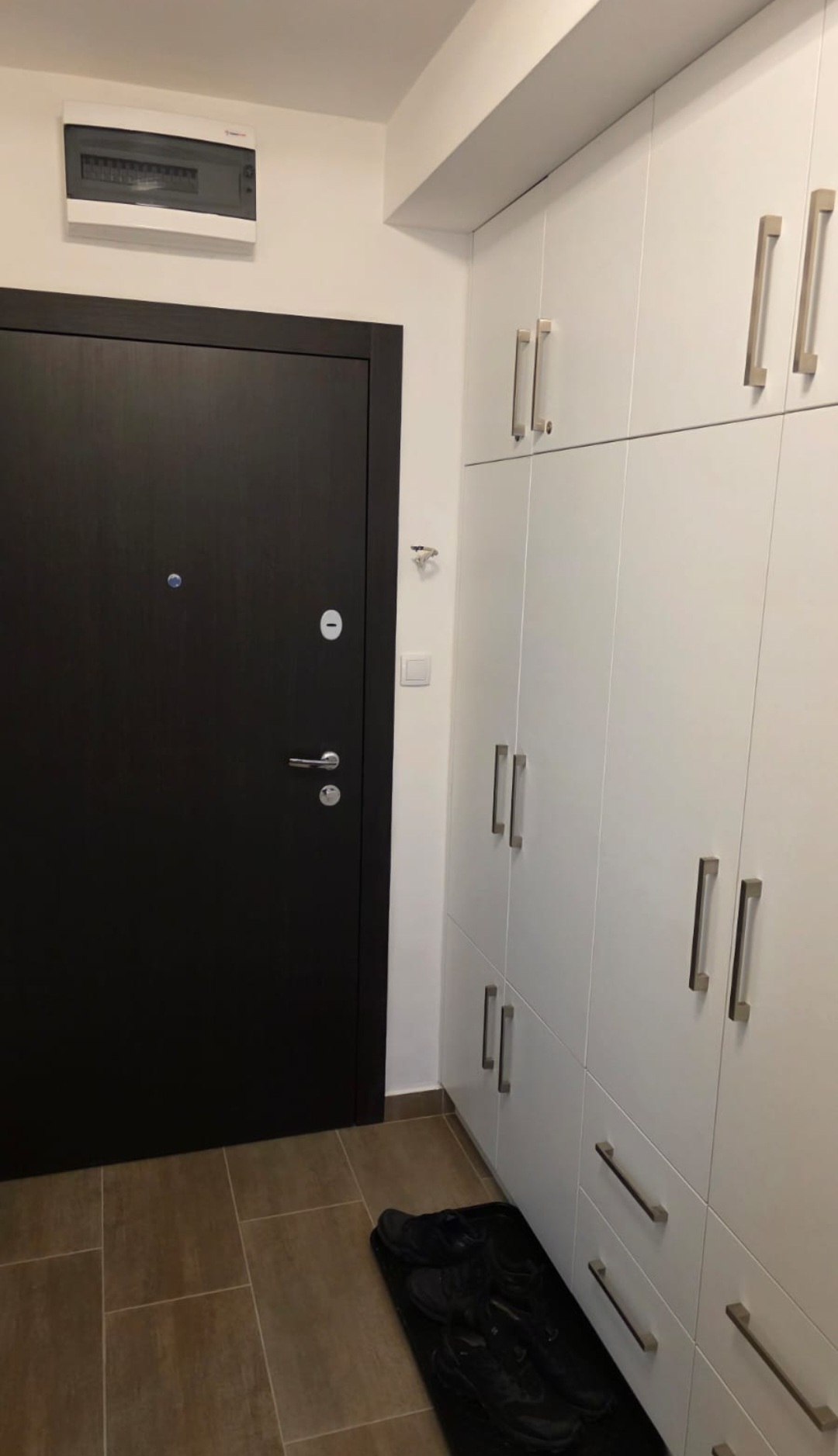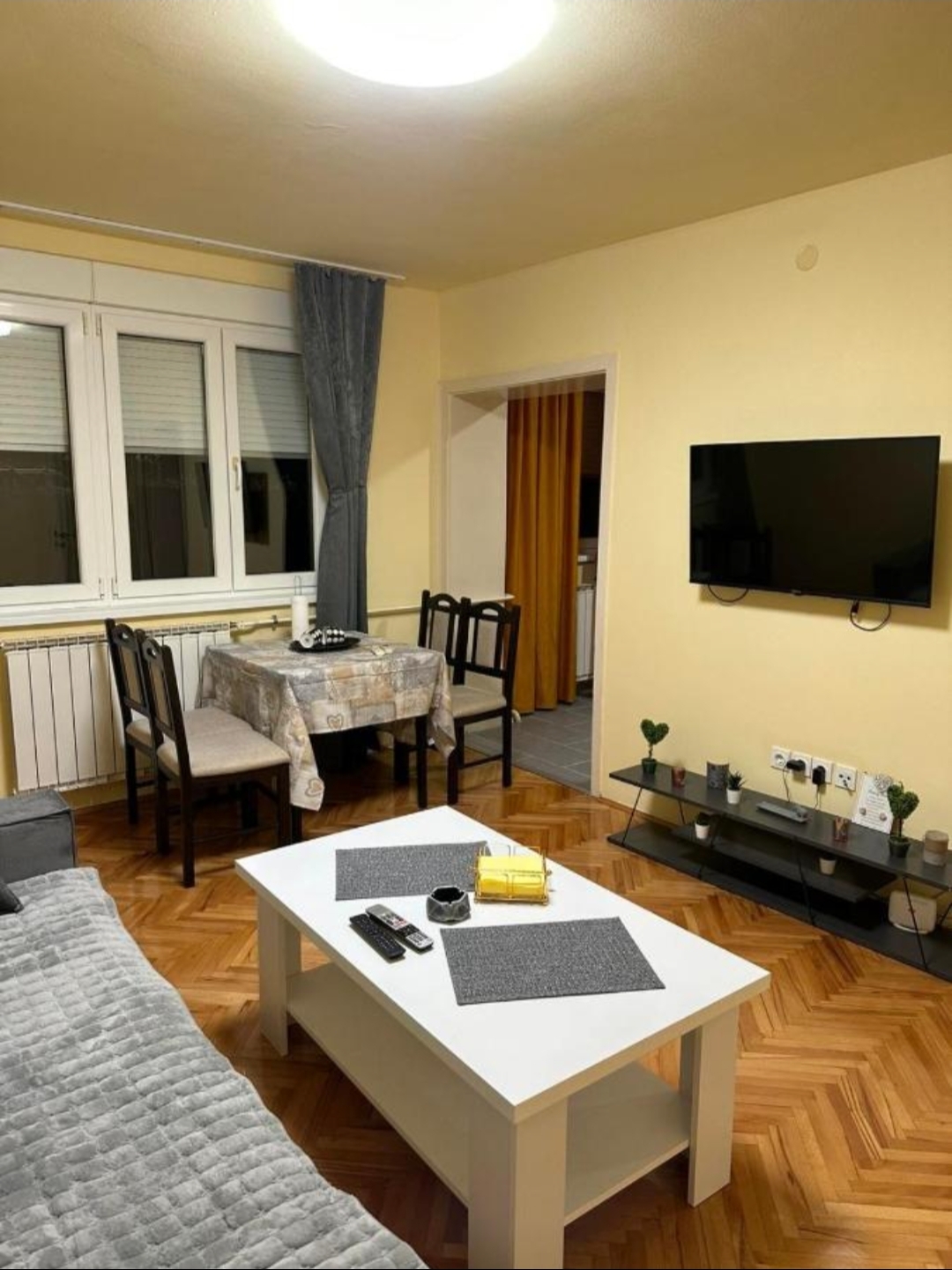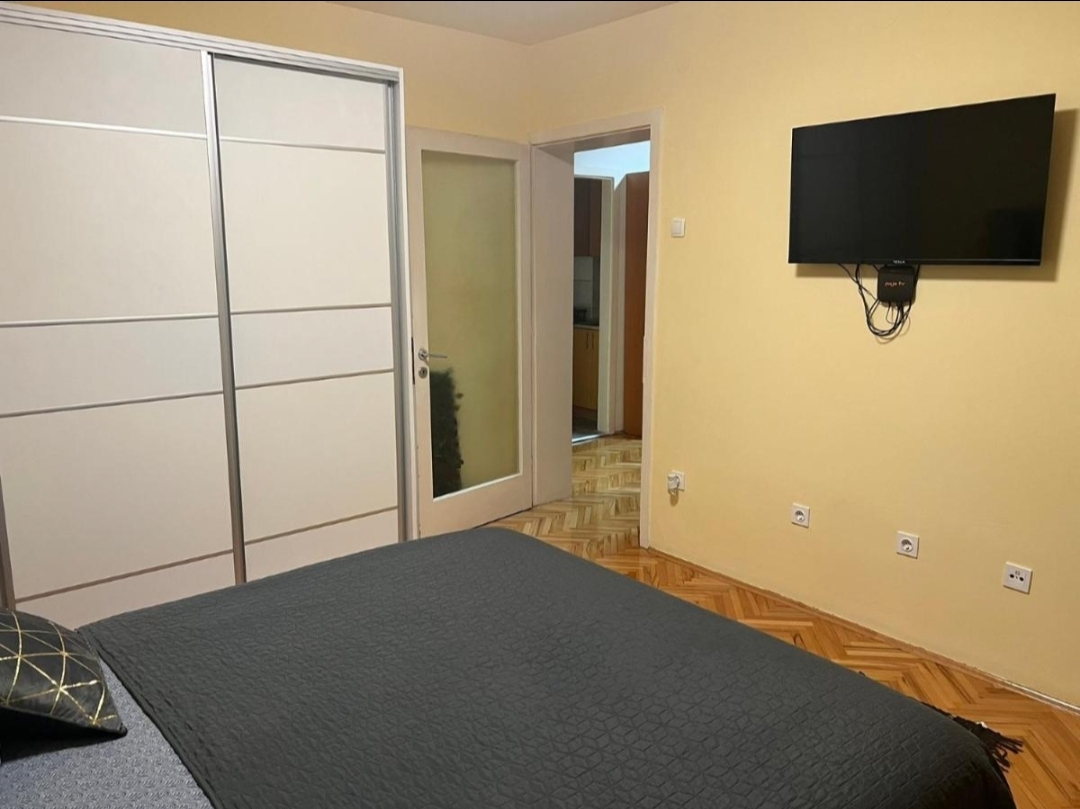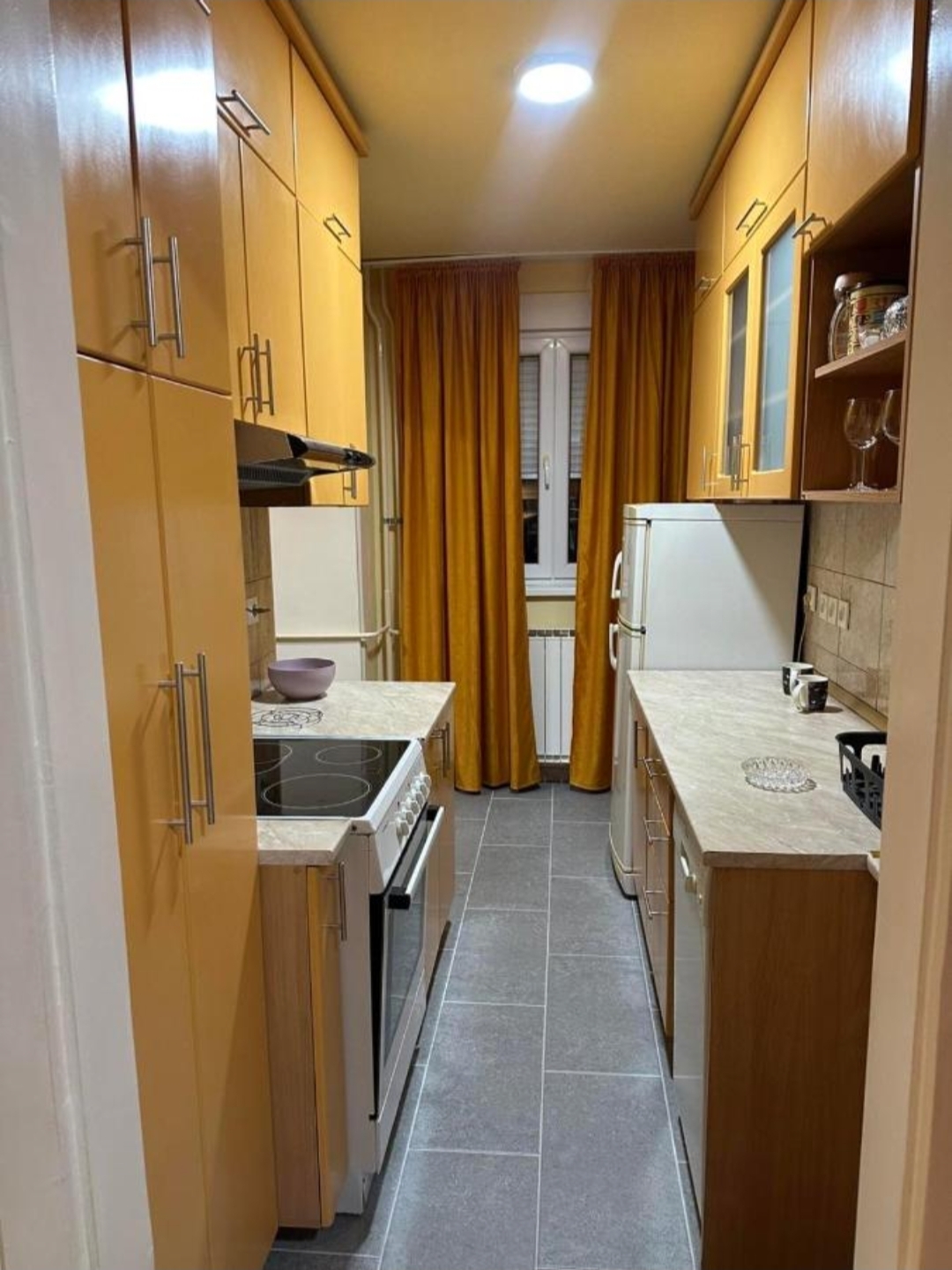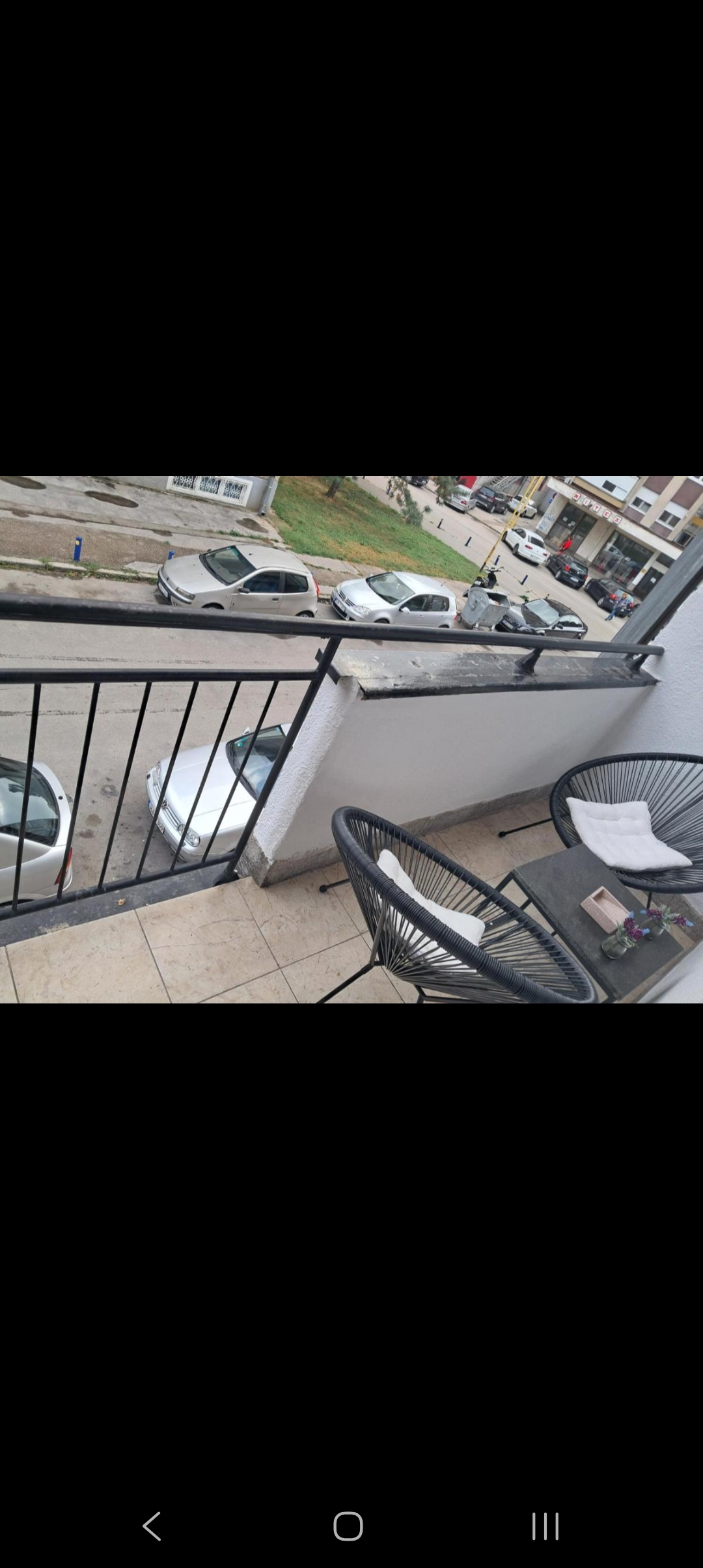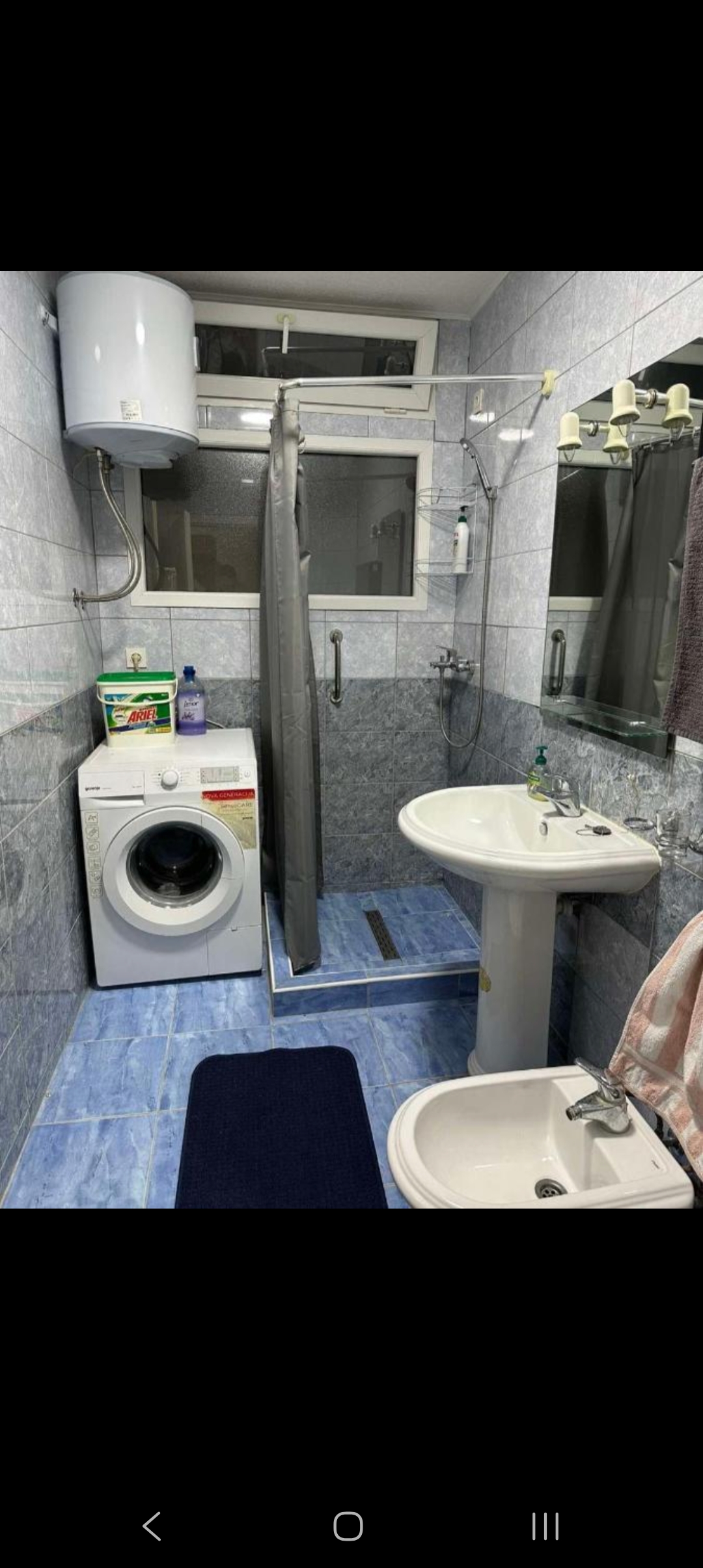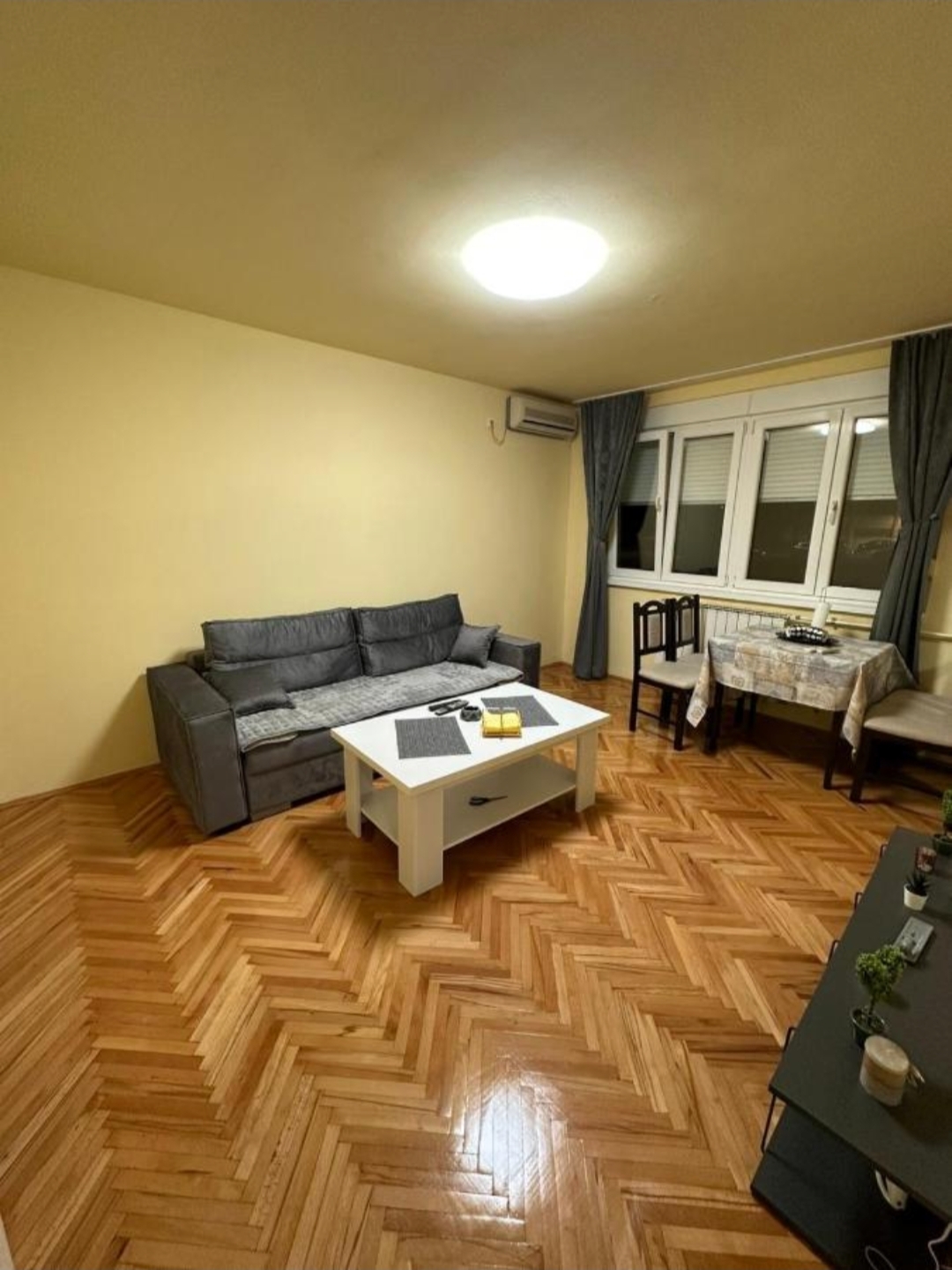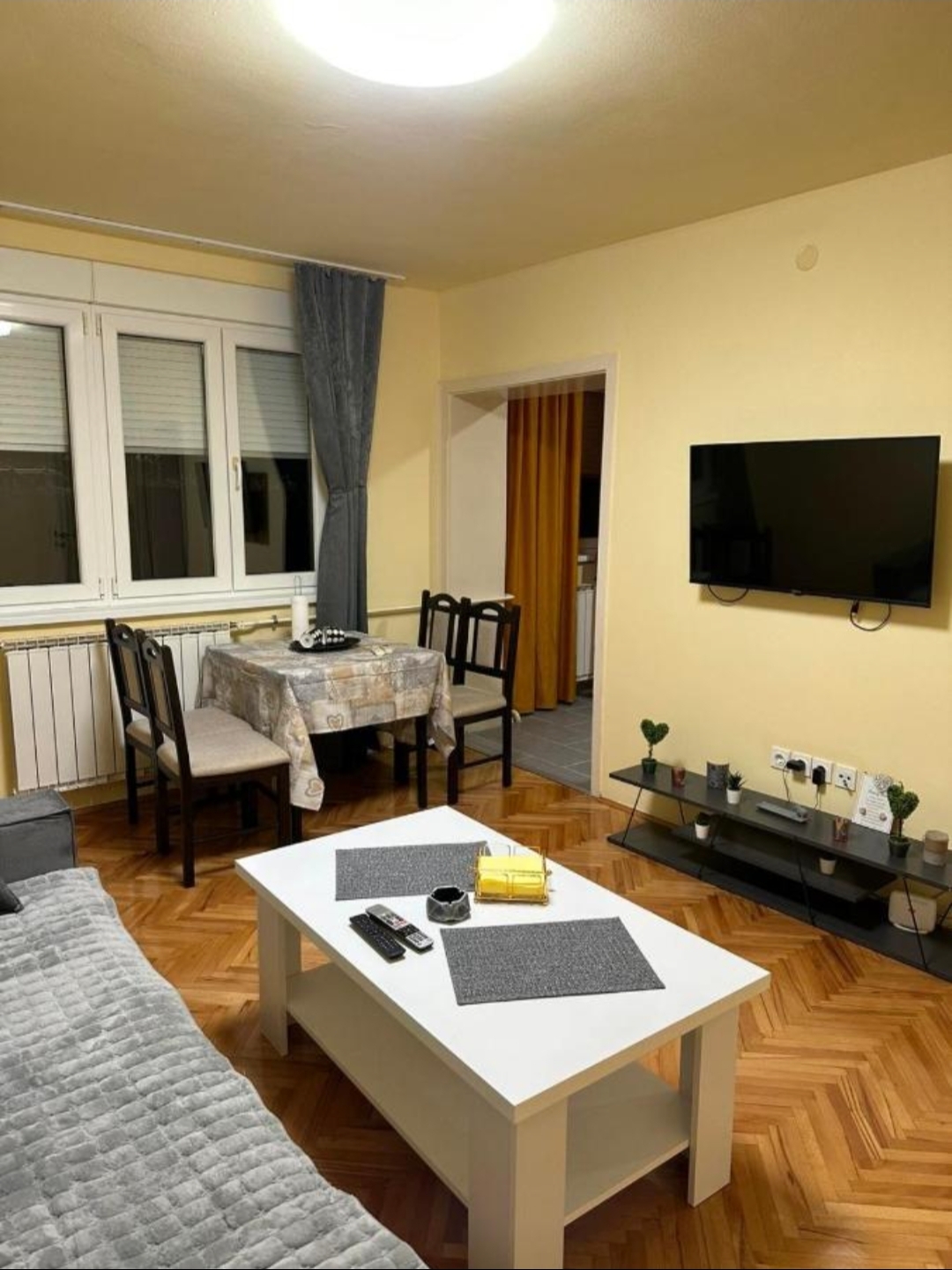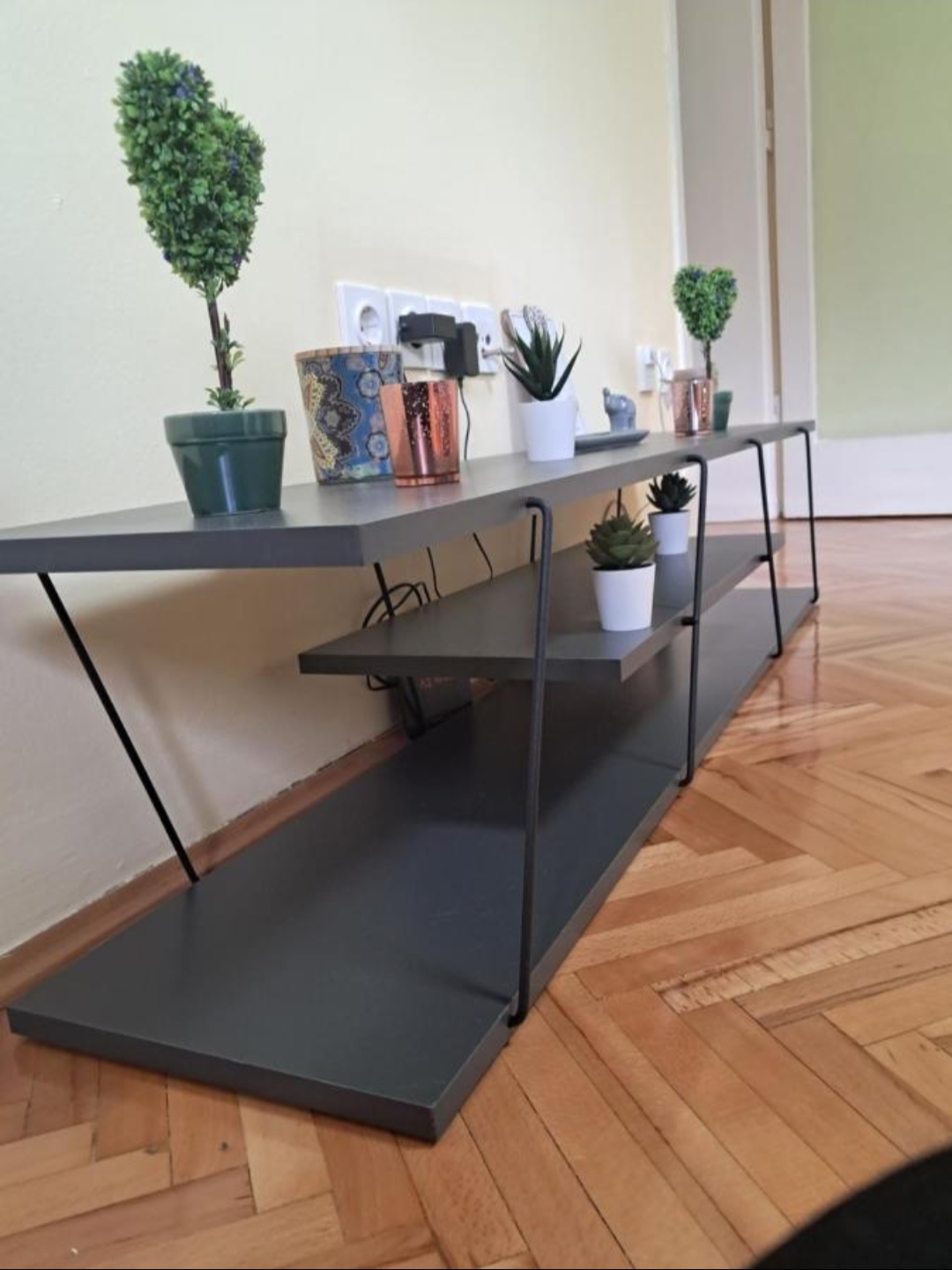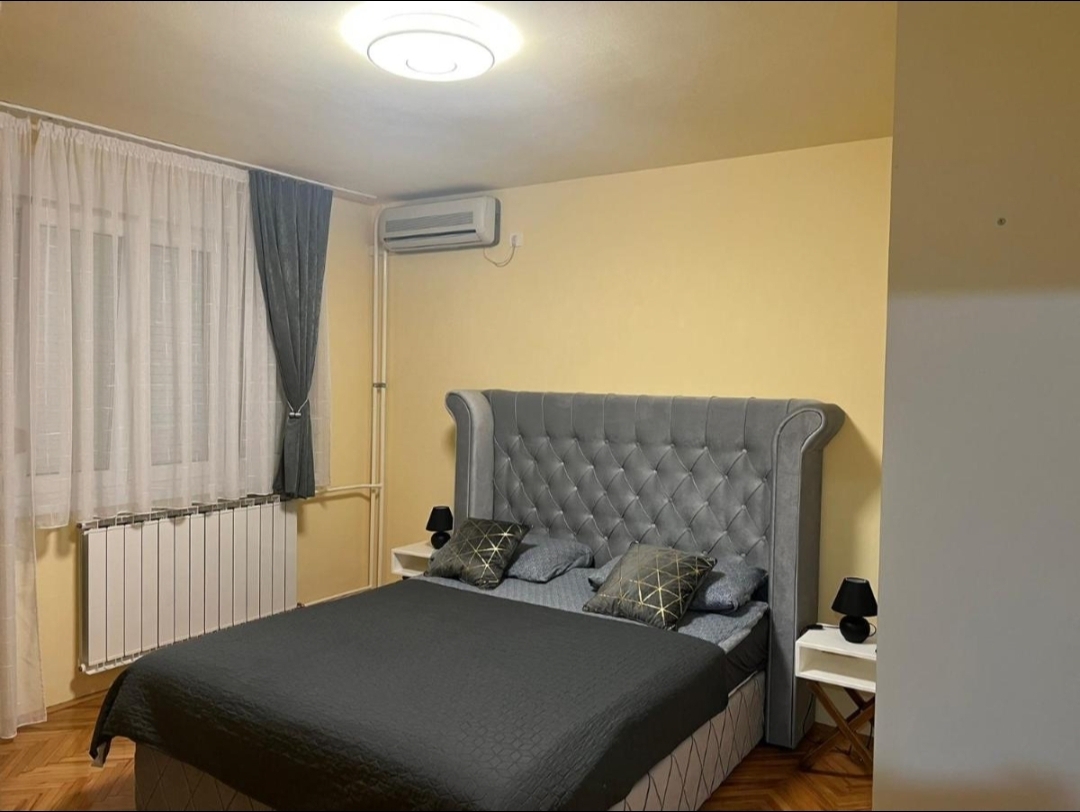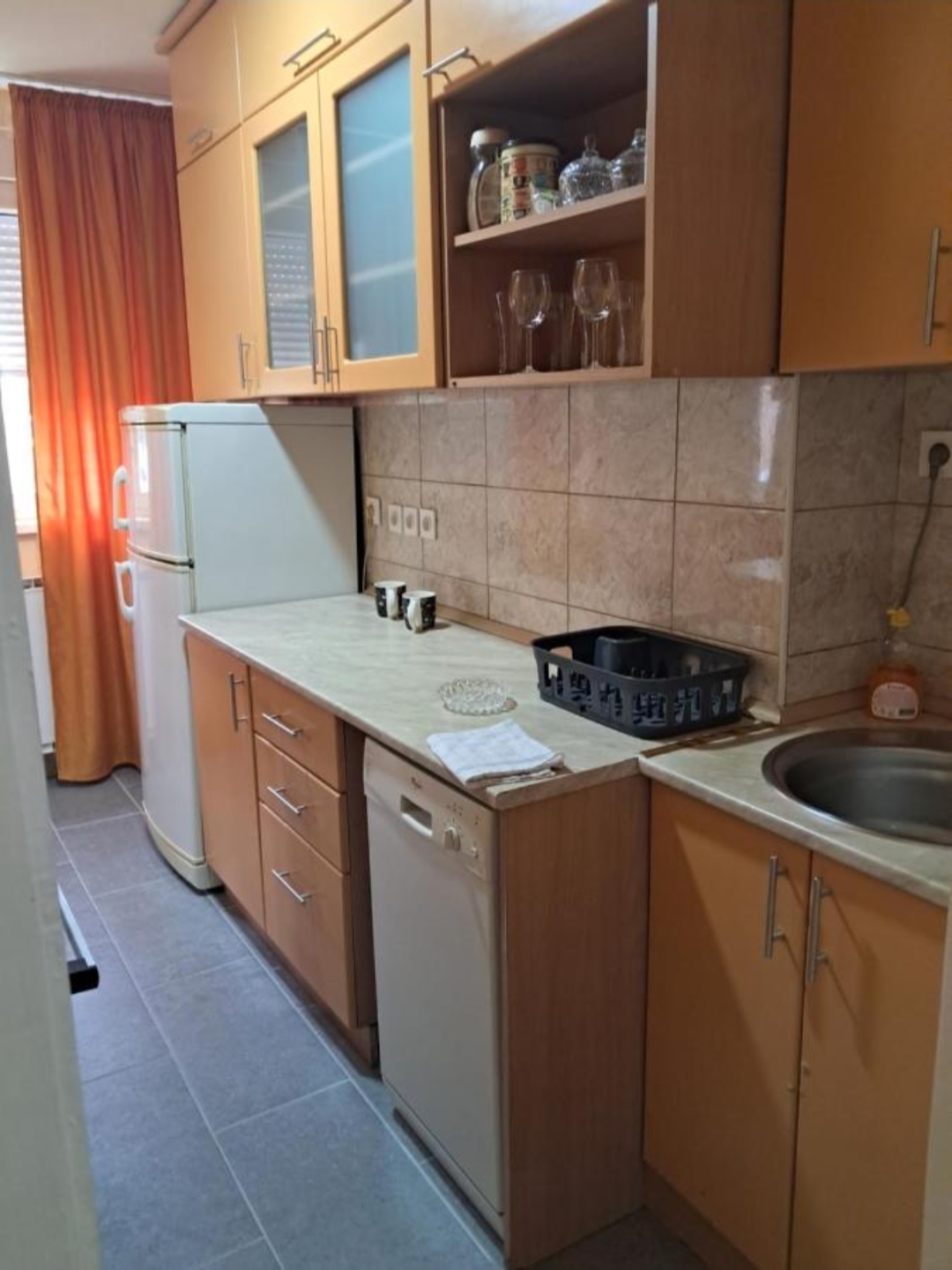How to find and book private accommodation in Europe
Private accommodation is one of the most popular lodging options across Europe — from short-term city apartments to countryside homestays, cottages and holiday houses. Most travelers search via online platforms and local booking services, using filters for location, price and amenities.
Bookaweb offers verified listings and advanced filters (location, price, number of guests, amenities) that help visitors reserve instantly without messaging owners. This guide shows how to quickly find a suitable stay across Europe and highlights regional differences like urban flats, coastal villas, mountain cottages and countryside homes.
Most common types of private accommodation in Europe
Private accommodation in Europe varies by region: big cities feature apartments, coasts have villas and beach houses, and mountain areas offer cabins and chalets. Local names differ (finca, riad in some places, chalet, lodge).
Apartments / short-term rentals
Self-contained flats, often with kitchens, popular for city breaks and business travel.
Vacation houses / holiday homes
Standalone houses in quieter areas, usually with a yard, terrace, grill or pool; well-suited for families and groups.
Cabins and mountain cottages
Wood cabins or chalets in alpine or forested regions; favored for ski trips and nature retreats.
Rural stays and traditional homes
Farm stays and village houses where guests experience local food and outdoor activities.
Villas and pool houses
Larger private villas with pools and gardens, common in Mediterranean coastal areas for summer rentals.
Most in-demand destinations for private stays in Europe
Certain cities and regions in Europe have especially high demand for private rentals because of tourism, business travel, nature access and wellness facilities.
Major cities (Paris, London, Berlin, Madrid)
Travelers usually book short-stay apartments downtown; availability tightens during spring/summer holidays and major events.
Mediterranean coast (Costa del Sol, Amalfi, Greek and Croatian islands)
Pool villas and beach houses are most booked in summer; July and August are the hardest months to find availability.
The Alps and mountain resorts (Chamonix, Zermatt, the Dolomites)
Cabins and chalets are popular in winter for skiing and in summer for hiking; peak demand in ski season and mid-summer.
Spa and thermal towns (Budapest, Karlovy Vary, Bavarian spa towns)
Guests book apartments or small houses for wellness stays; high demand around holidays and weekends.
National parks and nature zones (Plitvice Lakes, Norwegian fjords)
Rural stays and cottages are most wanted in summer; bookings often fill months ahead for peak season.
Digital nomad and student hubs (Lisbon, Prague, Tallinn)
Longer-term apartments and shared accommodation are common during the academic year and among remote workers year-round.
Price ranges for private accommodation in Europe
Prices across Europe depend on accommodation type, location, season and capacity. Cities and popular tourist spots are pricier, while rural or off-season stays are more affordable.
Cities
Average prices for a short-term apartment for 2–4 guests in major cities range roughly €60–€250 per night; capitals and event periods can push prices much higher.
Nature & Mountains
Cabins and cottages in mountain or lake regions typically cost €50–€300 per night, depending on size and season (ski season and peak summer are pricier).
Villas / Pool houses
Private villas with pools in coastal or rural areas commonly range €150–€800+ per night during peak season, aimed at families or groups.
Rural stays
Village homes and farm stays usually cost €40–€150 per night; many include breakfast or local activities in the rate.
Expect price increases during summer high season, holidays, festivals and ski season; local city/visitor taxes may also apply.
Long-term stays and who rents for longer periods
There is steady demand in Europe for long-term rentals (30+ days) from various traveller groups — not only vacationers but also digital nomads, students, business guests and medical visitors.
Digital nomads
They pick cities with reliable internet, coworking spaces and reasonable living costs — examples: Lisbon, Barcelona, Tallinn, Prague. They look for monthly discounts, flexible terms and good connectivity.
Business and corporate stays
Serviced apartments or longer short-term flats near business districts are common; priorities include fast Wi‑Fi and convenient transport links.
Medical / health tourism
Guests traveling for treatment (dental tourism in Hungary and Poland, rehabilitation, cosmetic procedures) stay for several weeks and need accommodation close to clinics.
Family long stays
Families seeking quiet, space and outdoor areas often rent houses outside major cities on a monthly or seasonal basis.
All profiles should be adapted to real demand patterns in Europe (spa/thermal hubs, dental tourism centers, remote-work friendly cities).
Practical tips for booking private accommodation in Europe
Picking the right place in advance prevents most travel issues — from logistics to budget. Below are practical tips tailored to travel in Europe.
- Check minimum stay rules and booking conditions, especially in high-season destinations.
- Note check‑in/check‑out times and whether early check‑in or late check‑out is possible.
- Understand deposits and cancellation policies — flexible terms make changes easier.
- Choose properties with self check‑in when arriving late or wanting more privacy.
- Verify parking availability and public transport access — essential in cities and rural stays.
- Confirm smoking and pet policies before booking.
- Include local city/visitor taxes in your total budget.
- Check neighborhood safety and recent reviews, particularly if traveling with family or arriving at night.
- Use platforms with verified reviews and instant booking (Bookaweb) to avoid scams and reduce back-and-forth with hosts.
- Check heating and air‑conditioning details depending on the season.



